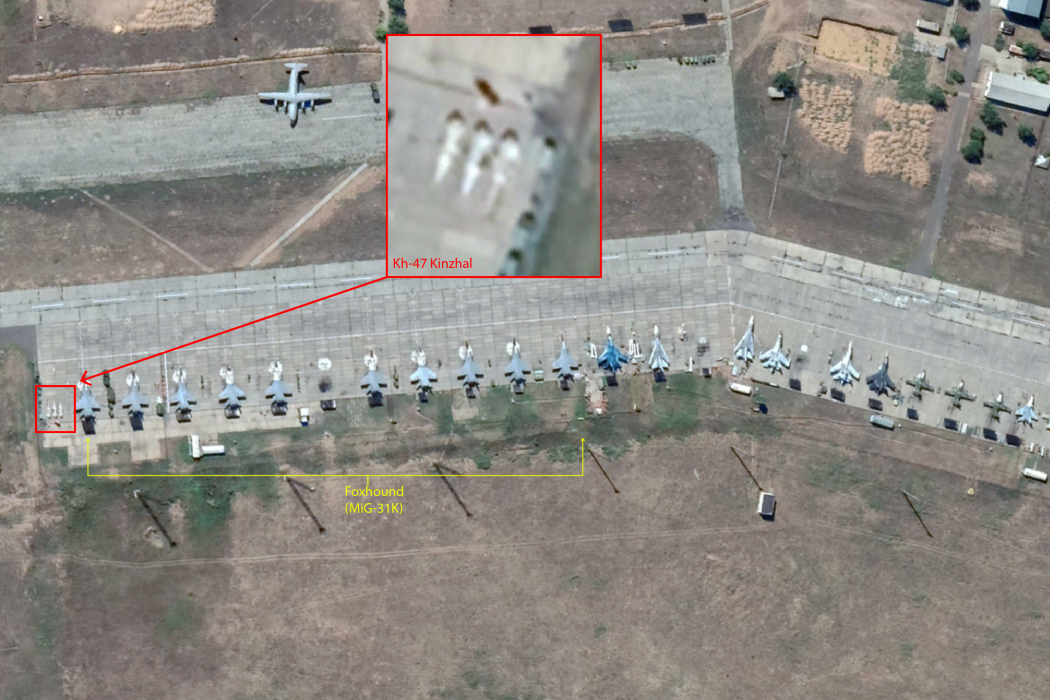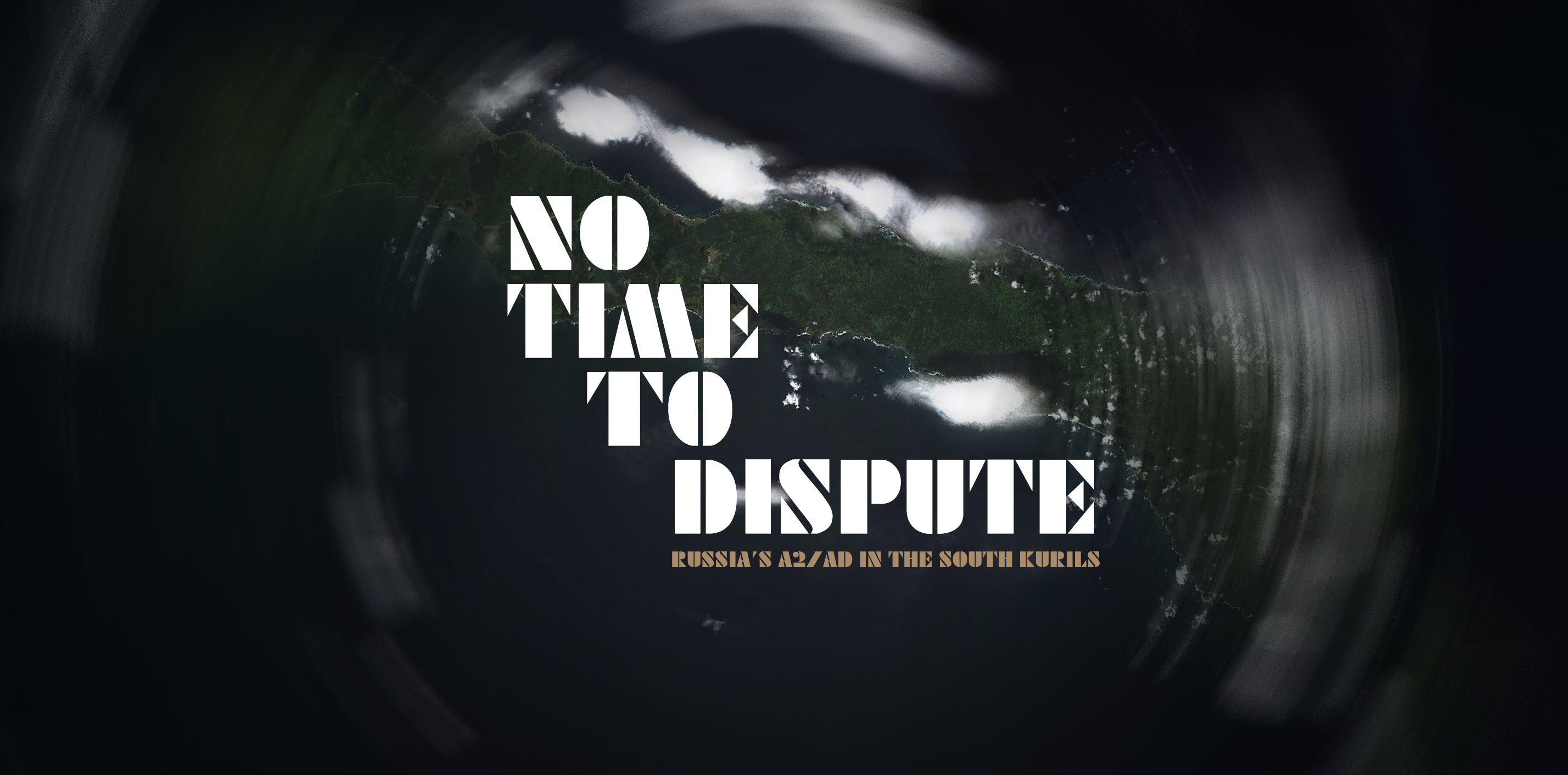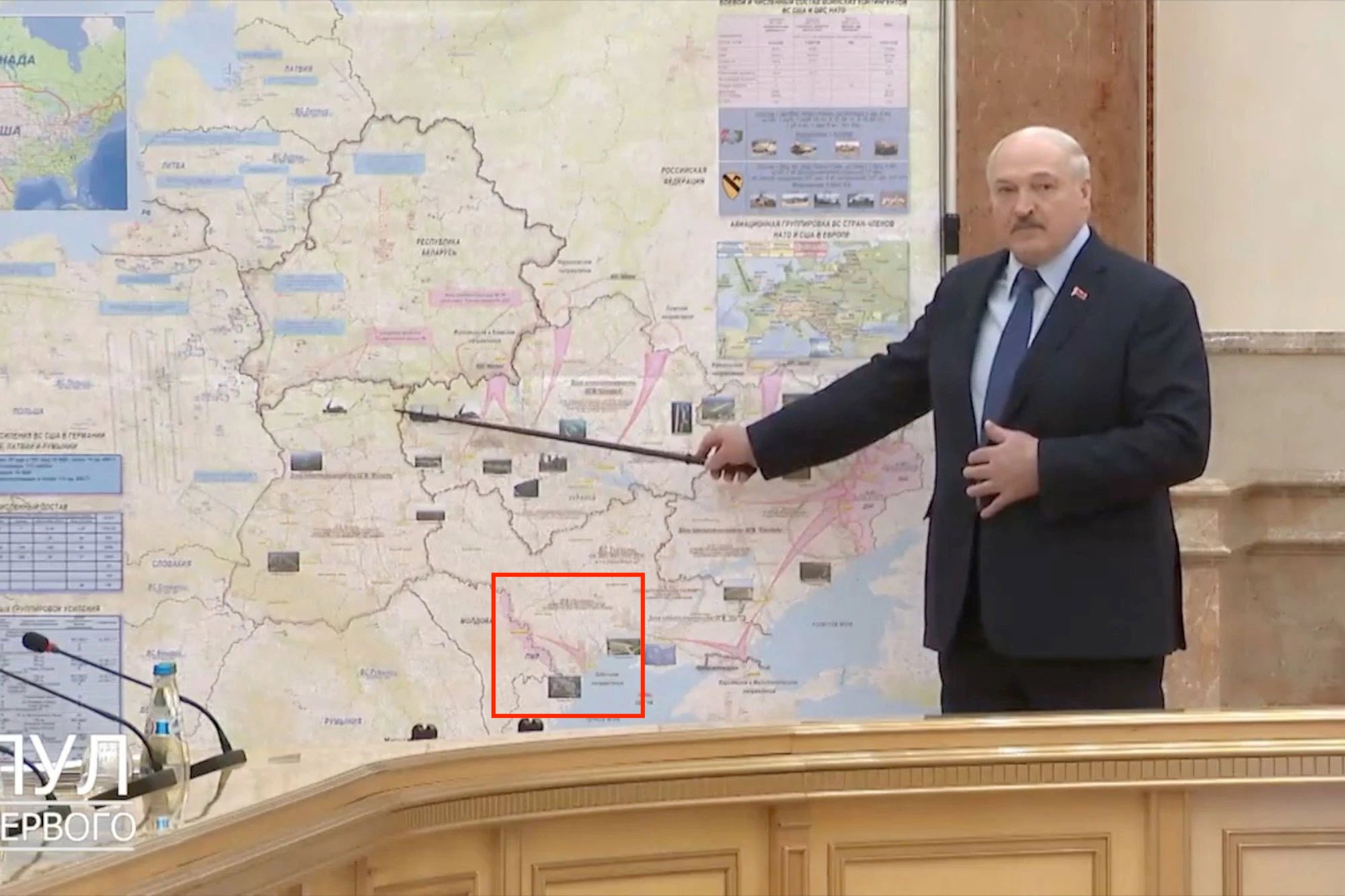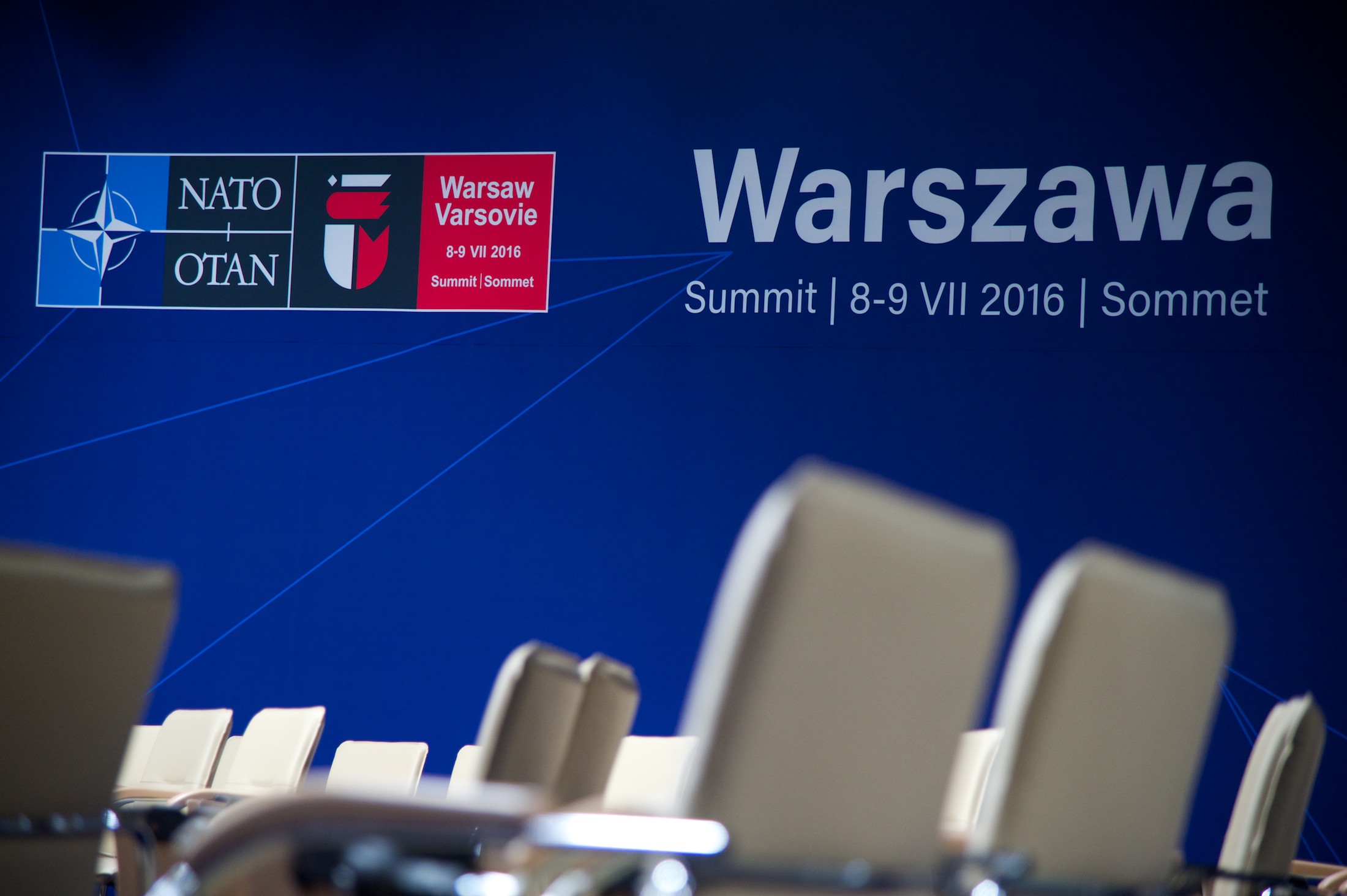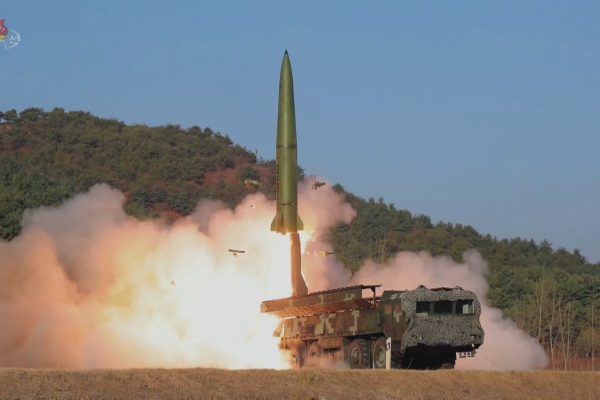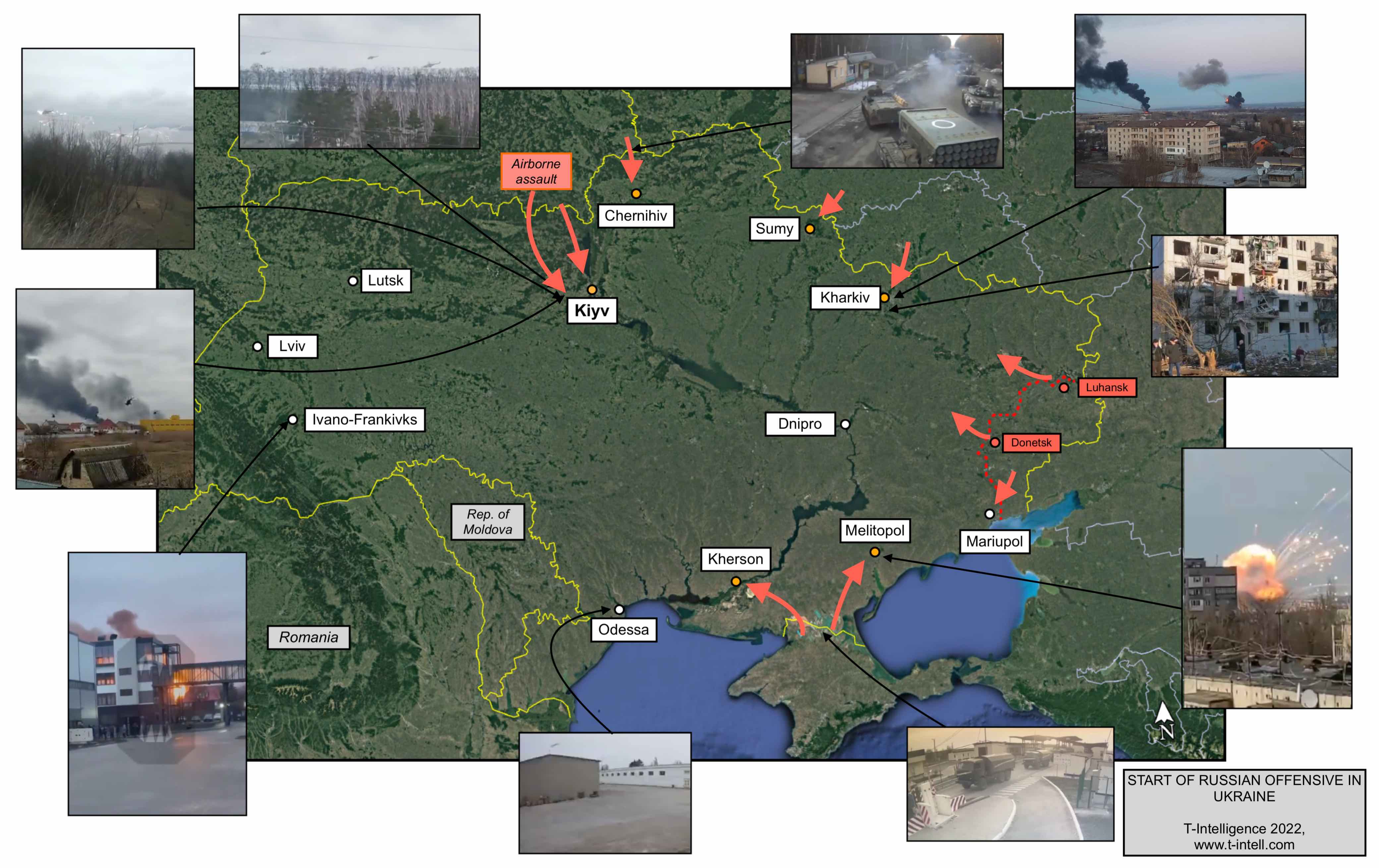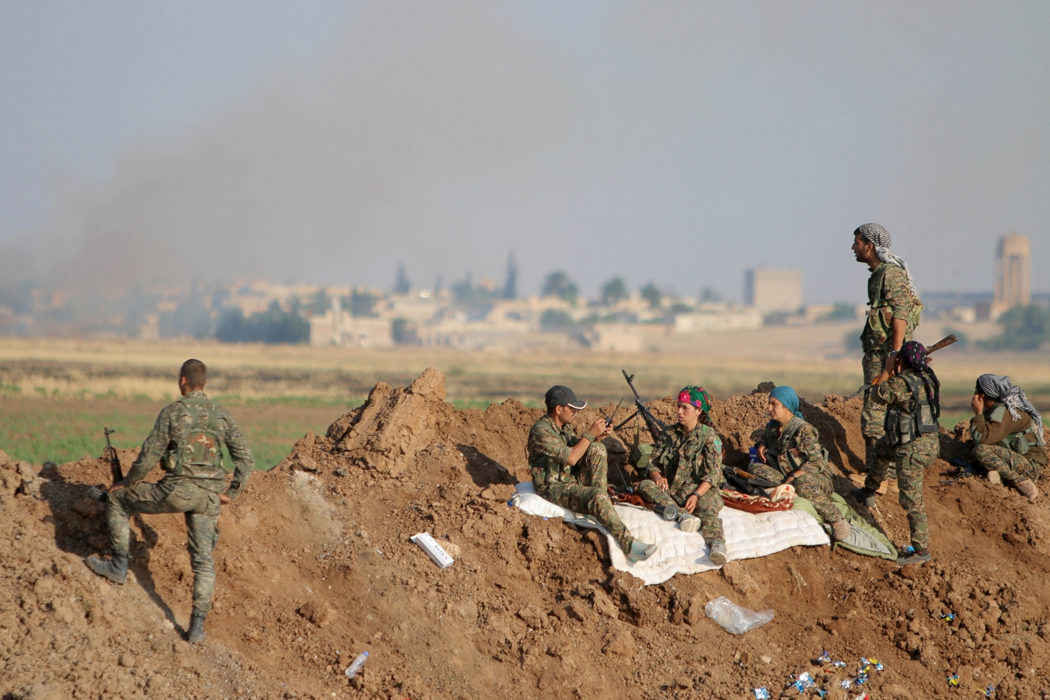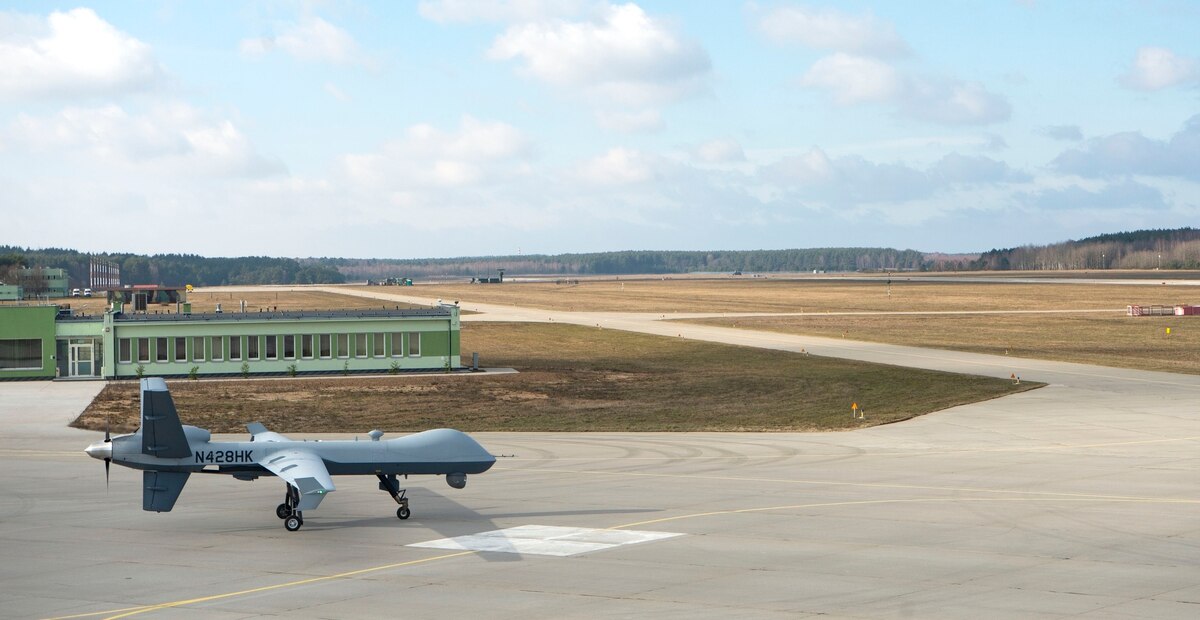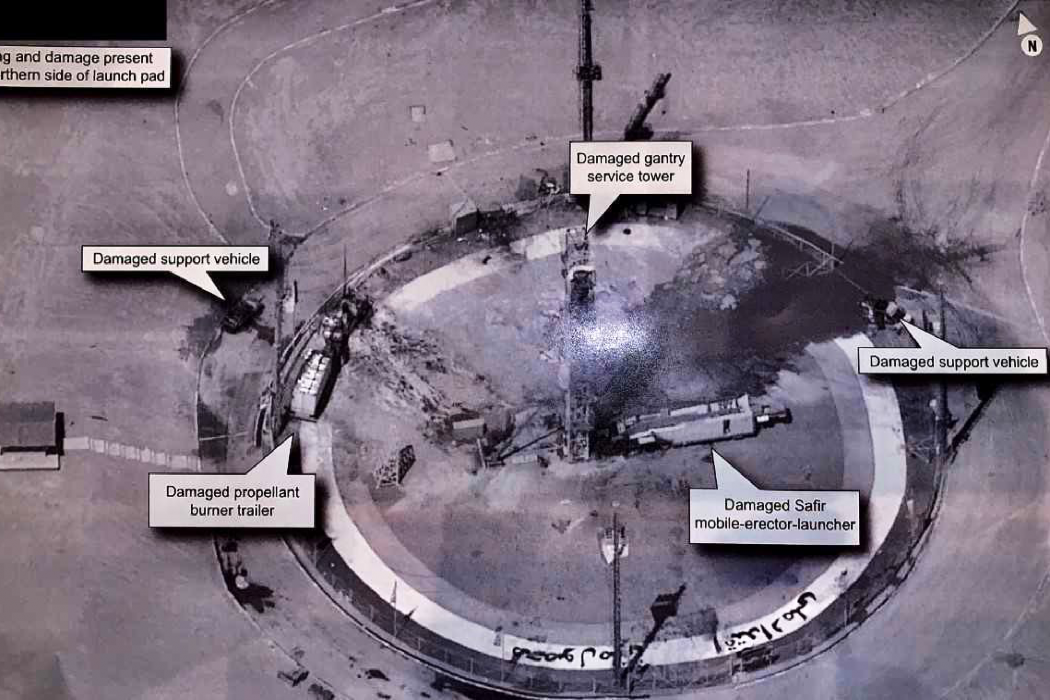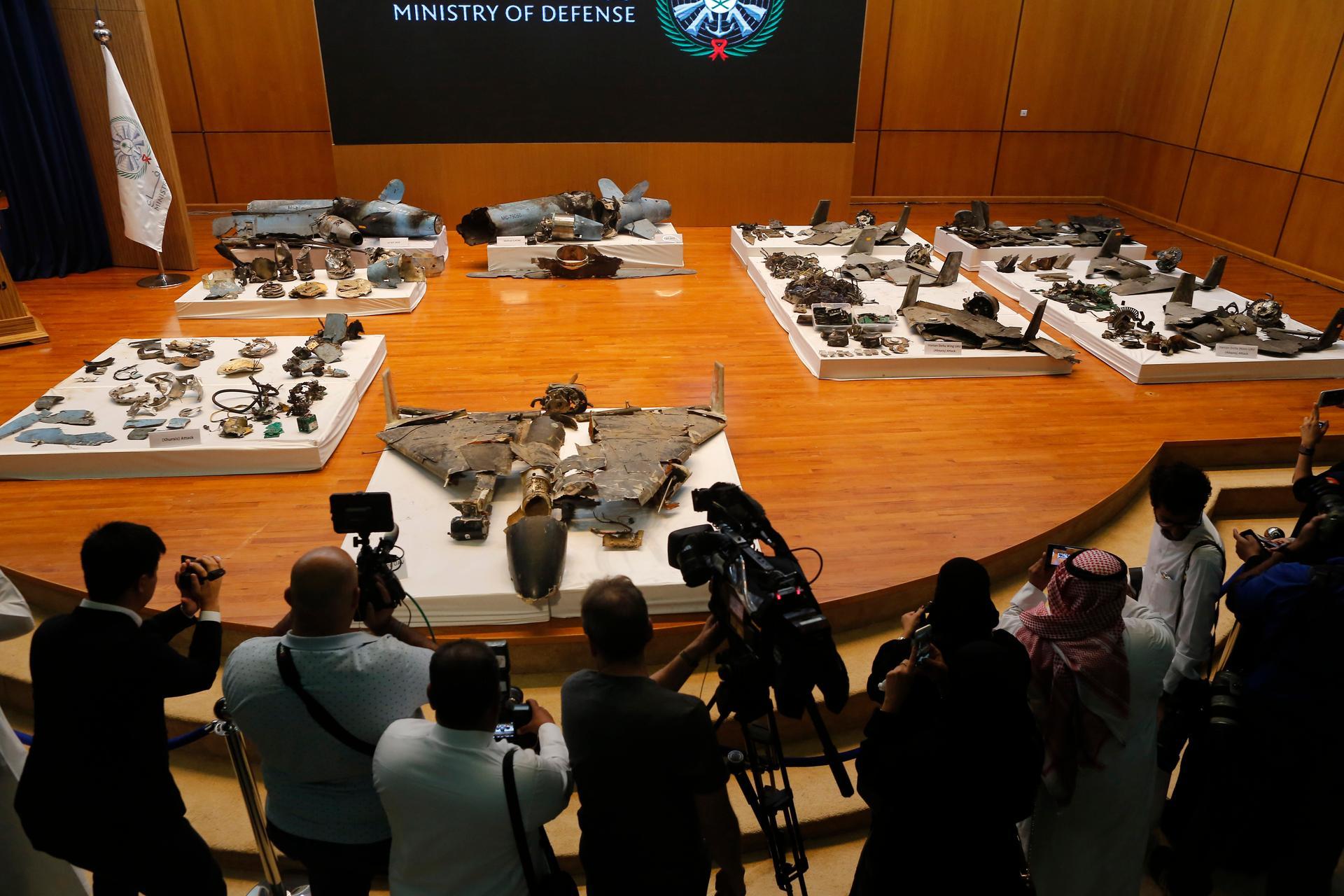
Moldova and Transnistria undergo a security turning point in December 2023. Our December edition covers the end of the state of emergency, EU membership negotiations, defense modernization, and regional developments with Ukraine and Romania.
KEY JUDGEMENTS
- Moldova formally ended its state of emergency on 30DEC23. Chisinau chose not to prolong the measures after their expiration. This suggests that the Moldovan government perceives a significant enhancement in national security since the declaration of the state of emergency on 24FEB2022 as a result of Russia’s full-scale invasion of Ukraine.
- European Union leaders agreed to open membership negotiations with Moldova and Ukraine– marking a historical moment and geopolitical breakthrough for both countries. Justice and fundamental rights will mark the first chapter that Moldova and the EU will tackle as part of the integration process. A new Moldovan-NATO partnership is also in the works for 2025.
- Moldovan Prime Minister Dorin Recean wants Moldova to acquire a modern air defense system to protect Chișinău Airport and Moldova’s critical national infrastructure. This comes after Moldova received a Ground Master 200 air defense radar from Thales (France)– the first modern piece of air surveillance in the country’s history and a turning stone in Moldova’s defense modernization.
- Moldova unlocks new EU funds to rehabilitate railway infrastructure, strengthen the rule of law, and enable digitalization across the Moldovan society. These developments significantly strengthen Moldova’s economic resilience.
- Russian forces in Transnistria conducted unannounced and potentially provocative live fire exercises near two security checkpoints in the Dnister Valley Security Zone. Further cracks appear in the already comatose 5+2 negotiations format, sustaining the trend of a shift towards the 1+1 format desired by Chisinau. An unauthorized Moldovan delegation attends the latest CIS meeting and calls for a “defense mechanism” for Transnistria.
SITREP: 1-31DEC23
FOREIGN AFFAIRS & EUROPEAN INTEGRATION
On 21DEC, Ukrainian Prime Minister Denys Shmyhal and Moldovan Prime Minister Recean signed seven protocols, enhancing joint border control. The agreement aims to simplify border crossings for goods and people.

Video conference between Ukrainian and Moldovan PMs, Denys Shmyhal and Dorin Recean (@DorinRecean)
The Moldovan and Ukrainian Customs Service and Border Police forces also signed inter-institutional protocols on conducting joint controls at seven border crossings:
- Briceni-Rosoșani
- Criva-Mamalaga
- Giurgiulești-Reni
- Large-Kelmentî
- Palanca-Maiaki-Udobnoe
- Pervomaisc-Kuchurhan (re-opened in OCT23)
- Goianul Nou-Platonovo
The last two border crossings are located in Transnistria but appear to be returned to central government control. In addition, the re-opening of border crossings towards Transnistria suggests that Kyiv has de-escalated its threat assessment of the breakaway region.
The Moldovan-Ukrainian border agreements will enable more and faster Ukrainian agricultural transshipments via Moldova.
On 14DEC, EU leaders agreed to open membership talks with Moldova and Ukraine in a decision made at a two-day summit in Brussels. The decision came despite opposition from Hungarian Prime Minister Viktor Orban regarding Ukraine’s bid– however, he abstained from the voting, allowing the resolution to pass.

The European Council agreed to open accession negotiations with Ukraine and Moldova (©European Union 2023)
The first chapter that Moldova and the EU will tackle as part of the integration process will be on justice and fundamental rights, according to MFAEI State Secretary Cristina Gerasimov on 30DEC. This is the first of 35 acquis of the community, the key principles and rules that each candidate country must implement to join the EU.
Moldova aims to finish the legislation verification process and open a Bureau for European Integration by the end of 2024.
The Moldovan Ministry of Foreign Affairs and European Integration (MFAEI) will negotiate a new partnership with NATO in 2024, as the country switches from the Partnership for Peace Action Plan to a new program, called the Individually Tailored Partnership Program (ITPP), in 2025. The discussions will also tackle the joint objectives for 2025-2028.
Although Moldova’s immediate entry into NATO is currently off the table, there are initial indications of improving prospects for a potential, long-term accession in the future.
On 11-12DEC, President Sandu held multiple phone calls with foreign leaders:
- Romanian President Klaus Iohannis (12DEC)
- Portuguese Prime Minister (12DEC)
- Finnish Prime Minister Petteri Opro (12DEC)
- Swedish Prime Minister Ulf Kristersson (11DEC)
DEFENSE MODERNIZATION
On 20DEC, Moldova received a Ground Master 200 (GM200) air defense radar from the French defense company Thales. Moldova ordered one GM200 radar and related equipment as part of a $14.5 million order in SEP23.
We assess the radar procurement as the first step in Moldova’s journey to establishing a multi-layered air defense network. Given that Moldova has nearly no modern air defense equipment, it must start with basic long-range air surveillance sensors, such as the GM200.

GM200 unloaded at Chisinau Airport (© Moldovan Defense Ministry)
Further down the road, Moldova could graduate to proper air defense systems and eventually multi-layer its network.
The GM200 is a multirole radar, with a detection range of 250 km and a detection altitude of 24 km.
On 19DEC, Minister of Defense Anatolie Nosatîi welcomed the new UK ambassador, HE Fern Horine, discussing bilateral collaboration, MNA modernization, and increased cooperation. Nosatîi thanked the British partners for the assistance projects carried out in the MNA, including the training of Moldovan soldiers in the UK, including by the British Mobile Advisory and Training Team (BMATT), and for consultancy and expertise in several important areas for the defense structure.
Moldovan Prime Minister Dorin Recean said on 19DEC that Moldova is working with EU and NATO allies to purchase a modern air defense system to protect its airport and critical national infrastructure (CNI). Air defense should be Moldova’s top defense procurement priority, given that the country has essentially no such capabilities, with the exception of one Soviet legacy S-125 system.
Modern air defenses could raise the costs of a Russian attack on Moldova and could deter overflights of Russian cruise missiles on their way to western Ukraine.
Defense modernization funds made available by the EU and NATO could be used to procure an air defense system.
On 13DEC, Nosatîi met with the Spanish Ambassador to Moldova, José Antonio Hernández Pérez-Solorzano. The Spanish ambassador expressed willingness to examine the possibility of exchanging experiences and joint participation with the Spanish army in international missions. He also emphasized Spain’s readiness to support Moldova’s defense capabilities and democratic governance reforms.
On 6DEC, Nosatîi met with French Ambassador Graham Paul, introducing the new military attaché, Lieutenant Colonel Florence Skrlj. Discussions included regional security, Moldova’s European path, and strategic defense goals. Nosatîi praised French involvement in delivering military equipment, emphasizing enhanced bilateral collaboration. Both parties agreed to deepen the partnership through new assistance projects.
On 6DEC, the Moldovan Parliament approved Moldova’s new National Security Strategy. The six-year plan emphasizes defense modernization, resilience to hybrid threats, and international collaboration, outlining objectives like strengthening defense, enhancing national resilience, fortifying the security culture, reinforcing institutions, combating corruption, and expanding strategic partnerships with the EU, Romania, USA, NATO, and international allies for security and stability.
The annual meeting of the national contact points of the NATO Defense Capacity Building Initiative (DCBI) took place on 5DEC in Chișinău. The discussions focused on the progress of DCBI projects, seeking improvements, and enhancing international collaboration for heightened security. Moldova’s Defense Minister emphasized their commitment to NATO standards, acknowledged external support, and highlighted the DCBI’s significance in the context of regional security challenges.
Moldova joined DCBI in 2015, and the package expanded to 18 initiatives in response to deteriorating security conditions in February. The DCBI is a NATO capacity-building program geared towards allied and partner states.
ECONOMIC RESILIENCE
On 15DEC, the European Investment Bank (EIB) Global announced a €41.2 million investment in Moldova’s railway infrastructure rehabilitation, complemented by a €12 million EU grant. The project focuses on refurbishing 128 km of the crucial north-south rail corridor, promoting trade and connectivity between Moldova, Ukraine, and the EU.
This initiative aligns with the EU’s Global Gateway goals for sustainable transport. Moldova’s Finance Minister anticipates benefits such as reduced journey durations and increased railway transport market share, while EIB emphasizes supporting Moldova’s integration into the EU market and boosting the EU-Ukraine Solidarity Lanes.
On 6DEC, the European Commission agreed to increase financial assistance for Moldova. The European Commission will increase non-refundable assistance to Moldova to strengthen the rule of law and anti-corruption mechanisms. The increase in non-refundable funding is €2.4 million– from €8.4 million to €10.8 million. Furthermore, the period of execution of the agreement has been formally extended from 84 months to 102 months.
On 5DEC, Moldova joined the Digital Europe Program (DEP), enabling Moldovan entrepreneurs, town halls, and institutions to access EU funds for digitalization. There is an estimated €7.5 billion in DEP funds available by 2027. These funds can be accessed to support projects in supercomputing, artificial intelligence, cybersecurity, advancing digital skills, and proliferating digital technologies across the entire society.
ENERGY SECURITY
On 11DEC, Moldova introduced temporary licenses for the Russian-controlled Moldavskaya GREP (MGRES) power plant in Ciucurgan in the so-called “Pridnestrovian Moldovan Republic,” or Transnistria. The purpose of the project, according to Moldova’s Reintegration Policy Bureau, is to ensure the security of the energy supply to consumers both on the left bank and on the right bank of the Dniester.
Moldova will still depend on MGRES for its electrical power needs in 2024. The diversification of energy suppliers with imports from the EU and Ukraine, as well as the new high-power lines co-developed with Romania, is only expected to make a difference in 2025.
Note that Moldova’s Energocom has already extended the electricity purchase contract with MGRES in late OCT23– as featured in our October edition. However, the contract expires at the end of 2024.
On 21DEC, the Moldovan government authorized the construction of two new cogeneration plants, with a total capacity of 55 MW of electricity and 43 Gcal/h of thermal energy. These modern plants, replacing outdated ones from 1951, contribute to domestic electricity production, energy security, and district heating system development. The World Bank is supporting this project as a way of enhancing Moldova’s energy infrastructure and aligning with renewable energy development.
On 21DEC, the Moldovan government approved land expropriation procedures for the construction of the 400 kV Vulcănești–Chișinău power line, enhancing Moldova’s energy security and interconnection with Romania. Nearly 900 properties will be expropriated, ensuring compensation for landowners. Social Impact Monitoring Committees at the district and locality level will facilitate effective communication and address potential social impacts. The project aligns with Moldova’s Energy Strategy and Roadmap, aiming for completion by the second half of 2025.
On 14DEC, the general meeting of OPCOM SA, the operator of the electricity and natural gas market in Romania, approved the establishment of a subsidiary in Chișinău named Energy Market Operator M (OPEM). This decision follows a Memorandum of Understanding (MoU) between the governments of Moldova and Romania to interconnect natural gas and electricity networks.
On 11DEC, Ministers of Energy from Moldova and Romania signed a memorandum of understanding (MoU) in Chișinău, aiming to interconnect natural gas and electricity networks. Victor Parlicov, Moldova’s energy minister, expressed gratitude for Romania’s support, highlighting the goal of further integration into the EU market.
The memorandum includes plans for a gas transport pipeline, expanding the Iasi-Ungheni-Chișinău gas pipeline, and increasing natural gas storage capacity in Romania. The agreement also addresses Moldova’s integration into the EU electricity market through market coupling, involving OPCOM SA as the designated electricity market operator.
DOMESTIC AFFAIRS
Moldova formally ended its state of emergency on 30DEC23. Chisinau chose not to prolong the measures after their expiration. This suggests that the Moldovan government perceives a significant enhancement in national security since the declaration of the state of emergency on 24FEB2022 as a result of Russia’s full-scale invasion of Ukraine.
On 29DEC, the Moldovan Presidency issued a statement warning citizens of a deepfake using President Sandu’s image. The AI-generated synthetic media appeared on the Telegram channel “Sandu Oficial” and was shared by other channels engaged in disinformation and fake news, especially to Russian-speaking audiences. Sandu is presented in the video as speaking ironically about the standard of living of Moldovan citizens.
Deepfakes and AI-generated disinformation are a periodic occurrence in Moldova and are typically disseminated by pro-Russian or Russian-backed elements as part of the Kremlin’s hybrid campaign against Moldovan democracy. They aim to spread anti-Sandu narratives, sow discord, and decrease public trust in Moldova’s democratic institutions.
Moldova will hold a referendum on joining the EU in 2024, President Sandu announced in late DEC. Thanks to a last-minute modification of the electoral code, the referendum can take place on the same day as the next Moldovan presidential elections in Q3 2024. The Transnistrian region will not participate in the referendum due to the central government’s inability to organize the ballot there.
This comes as Chișinău is inching increasingly close to ascending to the EU, and President Sandu, who is up for reelection, wants to renew her popular backing for this objective.
Note that the referendum will be consultative, and the majority of voters are likely to vote in favor of EU ascension.
The People’s Assembly of the Gagauz Autonomous Territorial Unit (Gagauz ATU) wants to make the Gagauz language mandatory for all civil servants, prosecutors, and judges working in Gagauzia, according to draft legislation submitted to the Moldovan Parliament on 4DEC.
RUSSIA & TRANSNISTRIA
On 22DEC, the Russian Peacekeeping Contingent conducted unauthorized live-fire exercises. The drills simulated the defense against a notional enemy attack on checkpoints near the village of Gasca (Causeni raion) and Dubasari hydropower plant, near the village of Corjova (Dubasari raion).
Sergiu Golovaci, the head of the Moldovan delegation in the Joint Control Commission (JOC), confirmed the incident and stated that it lasted approximately forty minutes. The Moldovan Bureau of Reintegration said the incident will be addressed in the next JOC meeting.
The Russian exercise was likely a provocation or an act of political signaling against Chișinău, given that the Gasca checkpoint is jointly manned with Moldovan forces, and the drill was launched without any prior deconfliction or notification.
On 19DEC, Ukraine informed Tiraspol that it would not be participating in the 5+2 negotiations format for resolving the frozen Transnistrian conflict anymore. Instead, Ukraine will be assisting in the 1+1 format, which means direct and exclusive talks between the Moldovan government and the Tiraspol-based separatists.
This development puts another nail in the coffin for the 5+2 format, which has been unfruitful for Chișinău but was always favored by Tiraspol and Moscow. The 5+2 allowed Russia and Transnistria to control the post-conflict “negotiation process” by de facto keeping it frozen.
Chișinău likely views a shift from 5+2 to 1+1 as a breakthrough in solving the Transnistrian issue.
On 18DEC, the European Council extended the EU sanctions against the “leadership” of the breakaway Transnistrian region of Moldova until 31OCT24. The sanctions regime is joined by EU states, EU candidate states, and European Economic Area (EEA) members.
On 15DEC, three Moldovan MPs from the Communist and Socialist Bloc (BCS) and the “president” of the so-called Transnistrian parliament, Alexandr Korshunov, attended a CIS Parliamentary meeting in Moscow. Korshunov requested CIS to develop a legal mechanism to “defend the [breakaway] region’s inhabitants” in the face of claimed threats from the “constitutional authorities [Chișinău].” One of the Moldovan Socialist MPs, Adrian Albu, who is a member of the parliamentary committee on national security, defense, and public order, claimed the Russian language is being “killed” in Moldova.
Note that the Moldovan Parliament did not authorize the self-styled delegation to attend the CIS meeting. In fact, Moldova has been disengaging from the Russian-dominated security organization for the past year, and will very likely continue to do so.
By Vlad Sutea
Will Kingston-Cox contributed to this report
Founder of T-Intelligence. OSINT analyst & instructor, with experience in defense intelligence (private sector), armed conflicts, and geopolitical flashpoints.





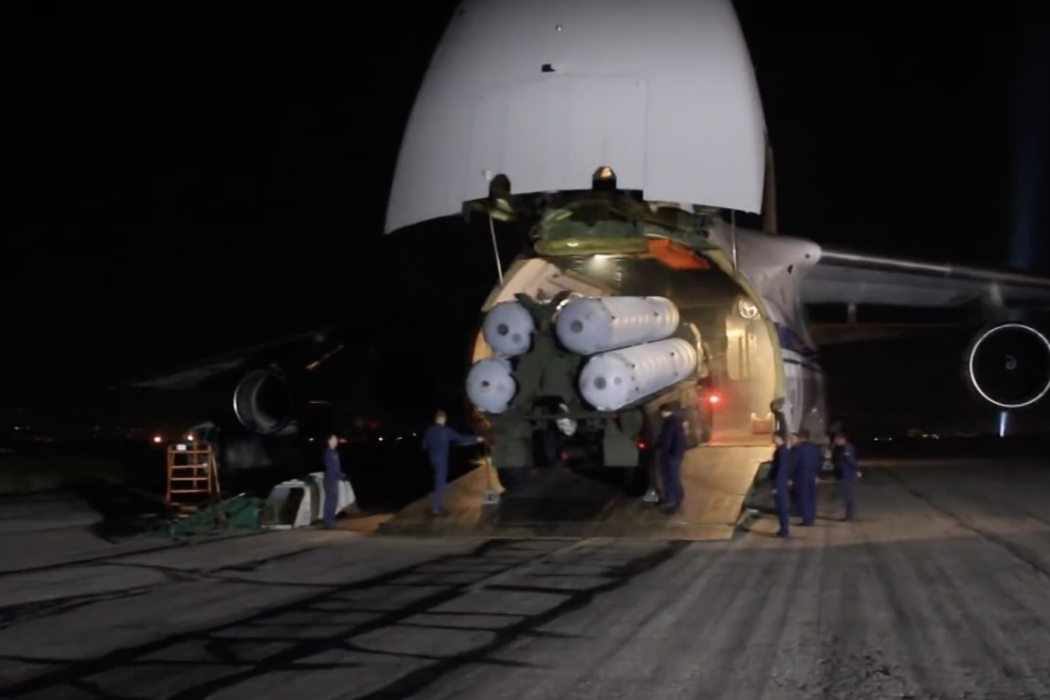

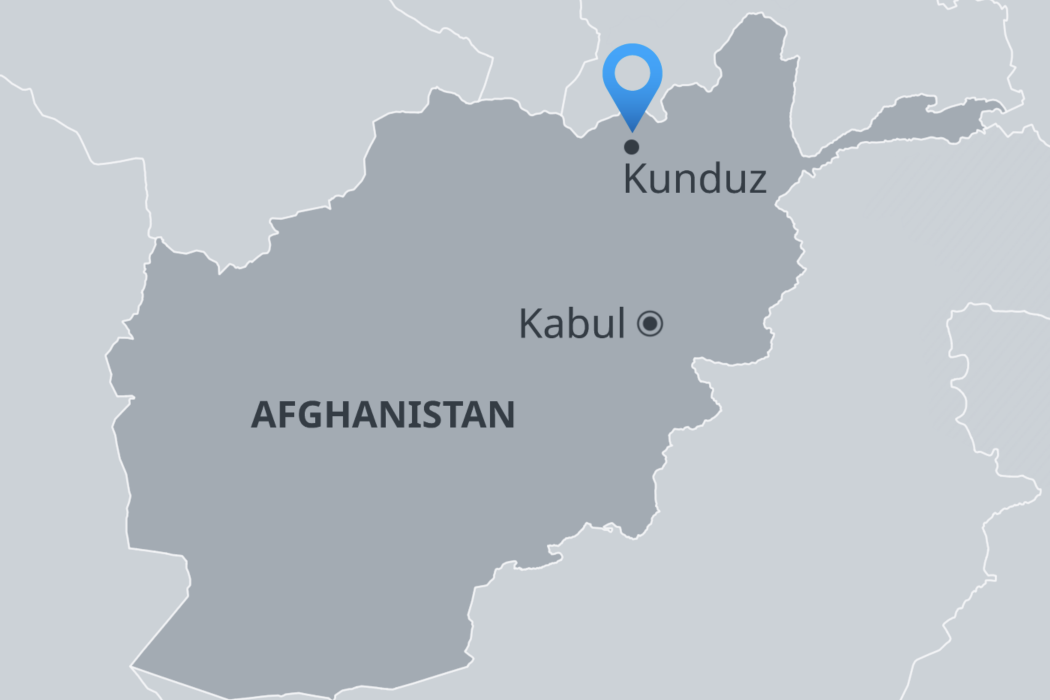
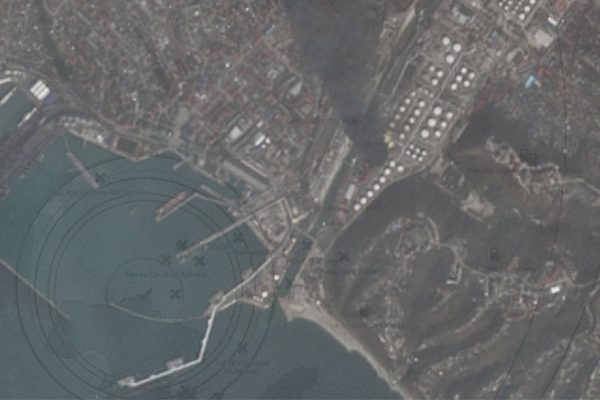
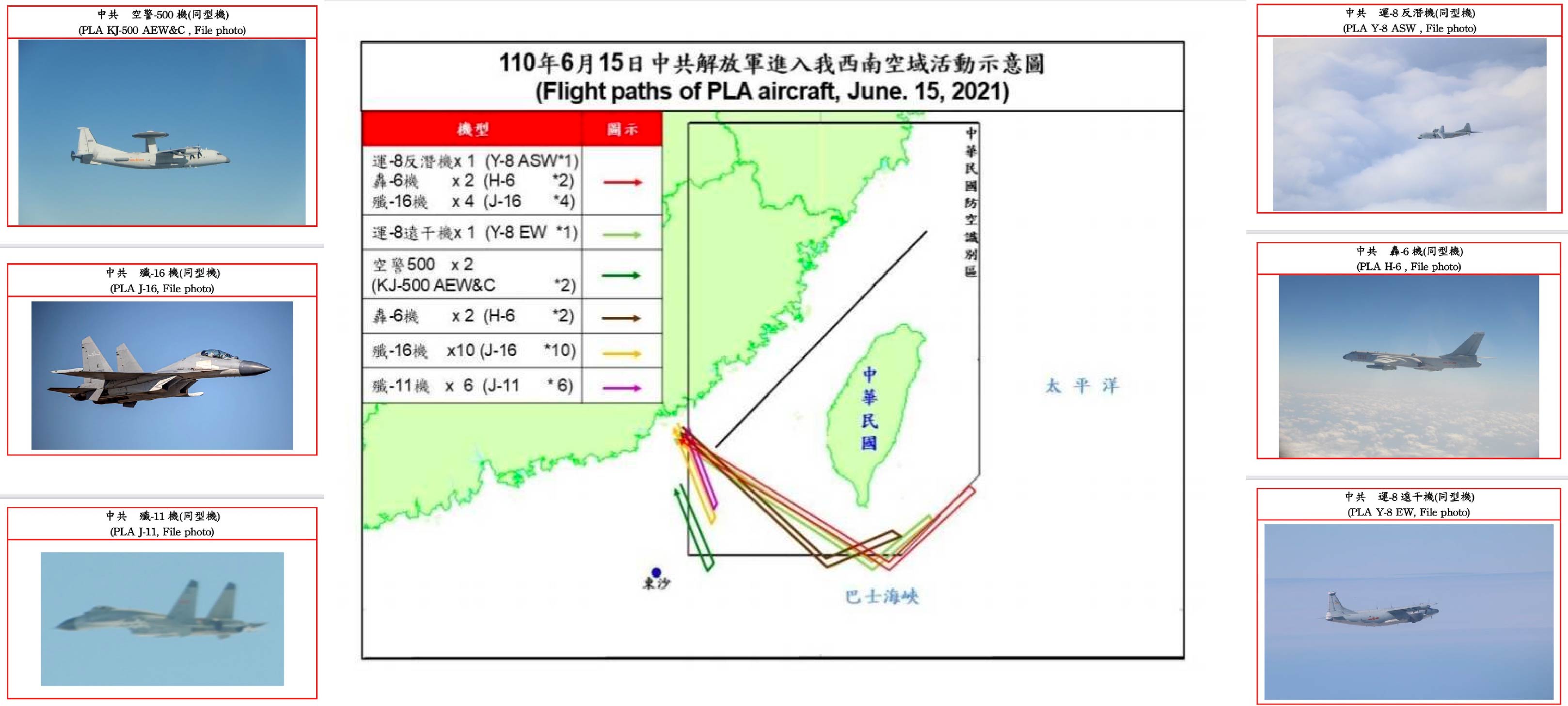
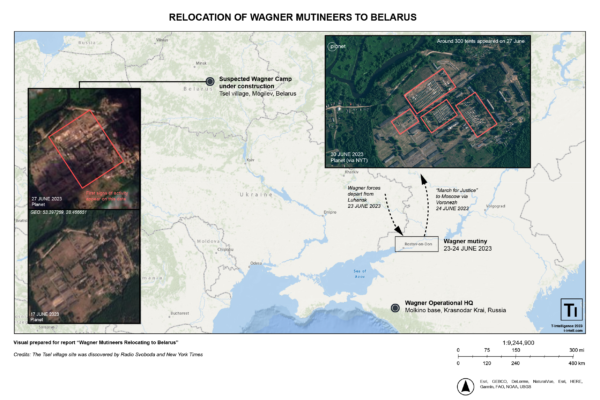
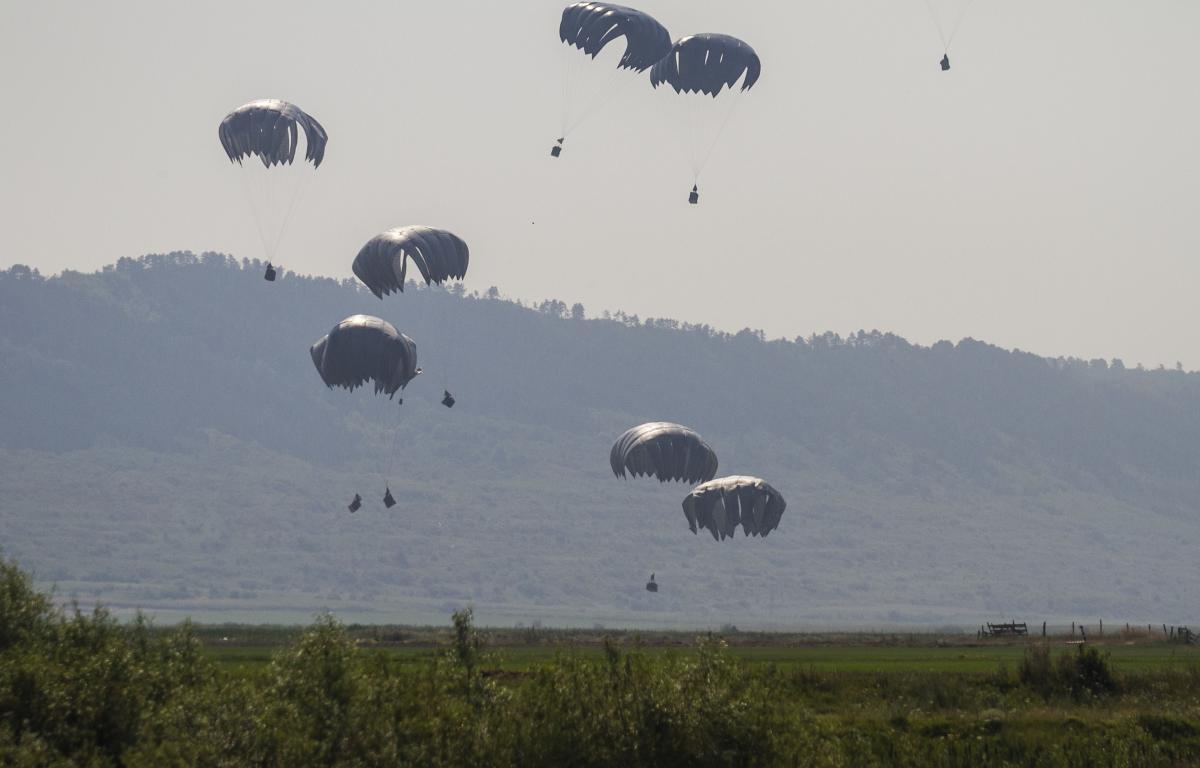
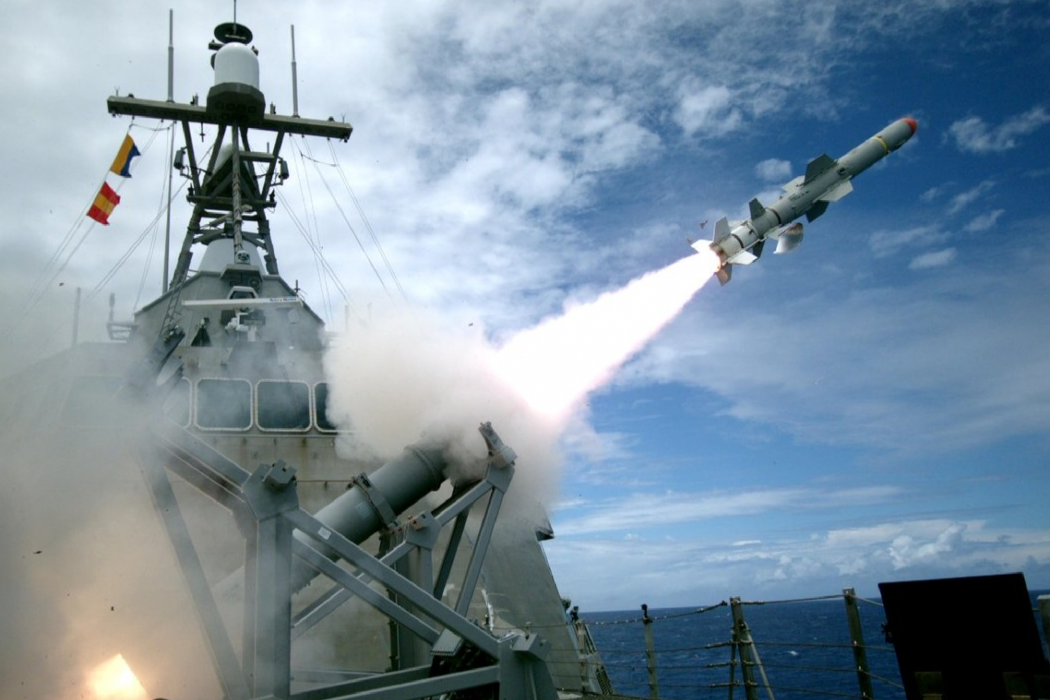
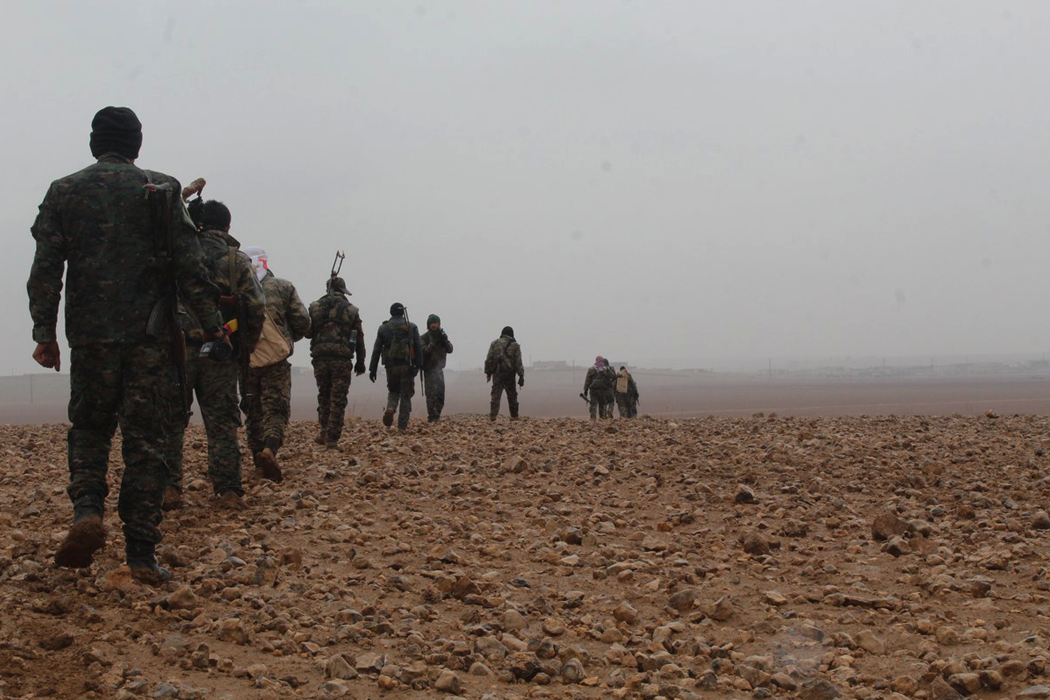
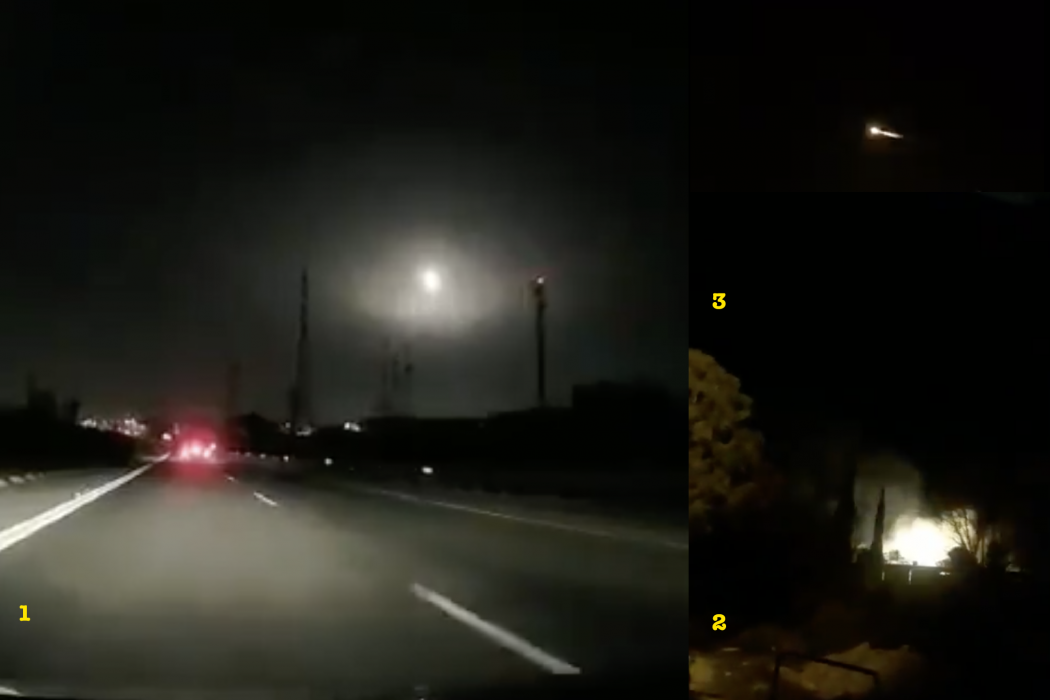
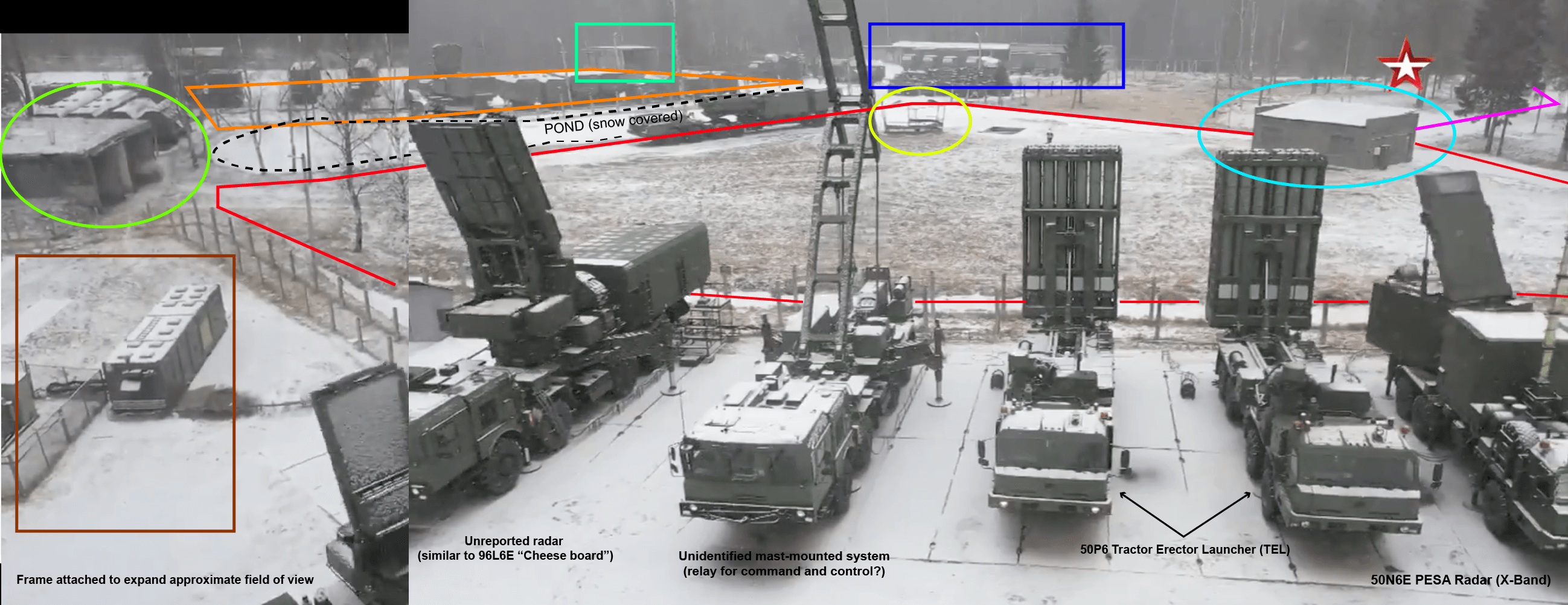
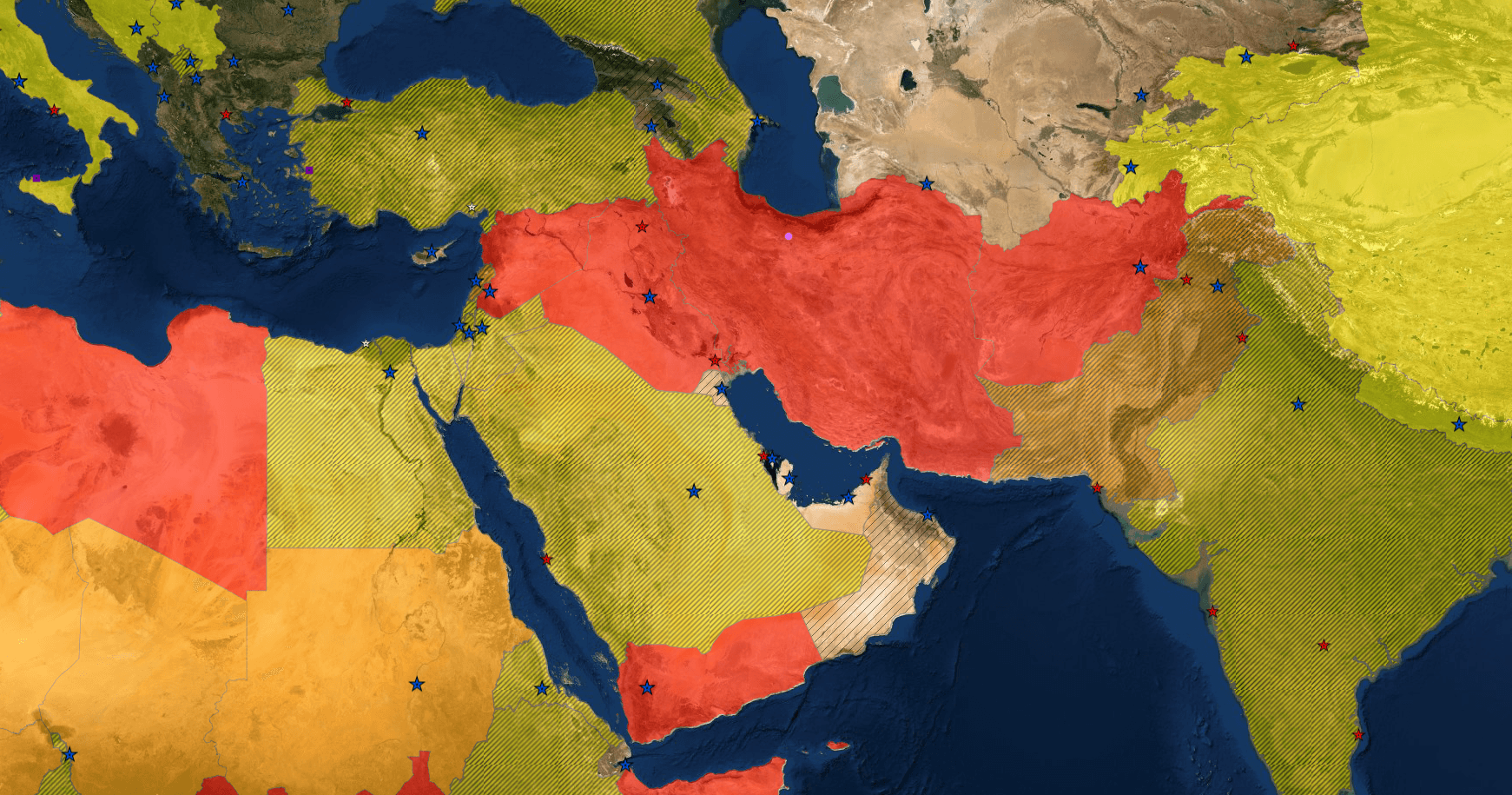

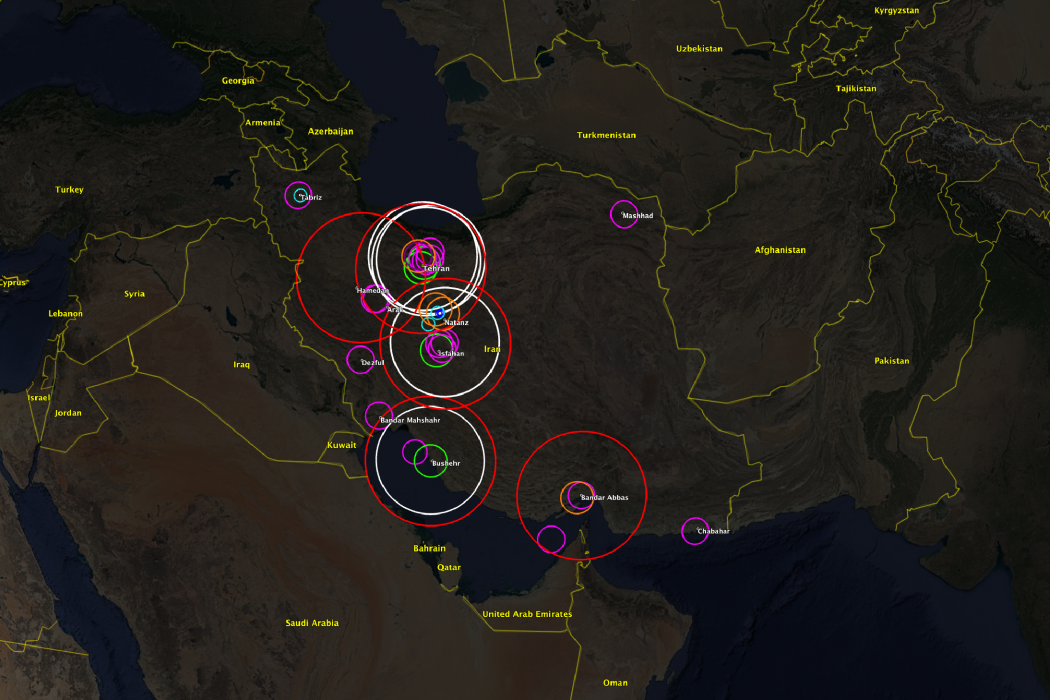
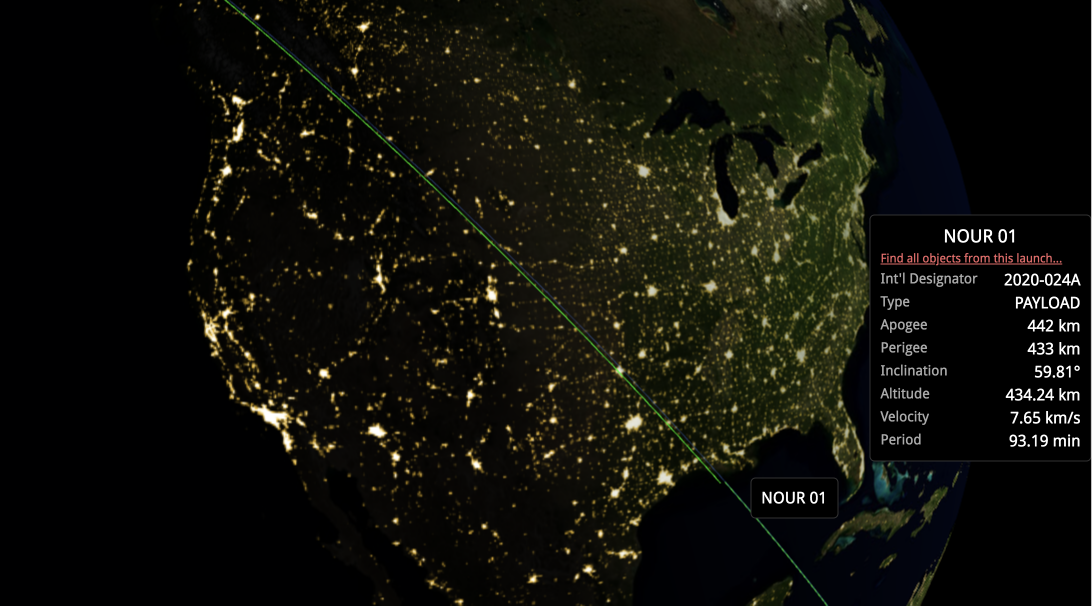
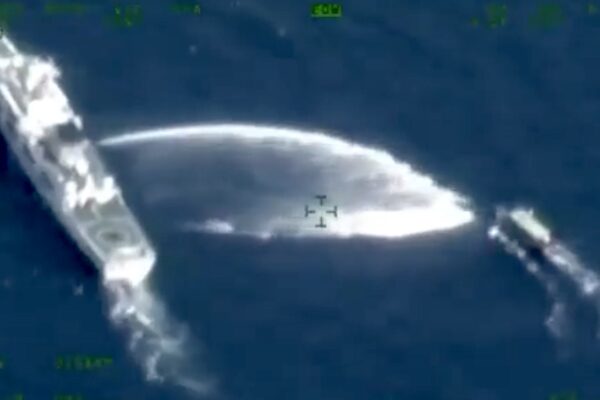

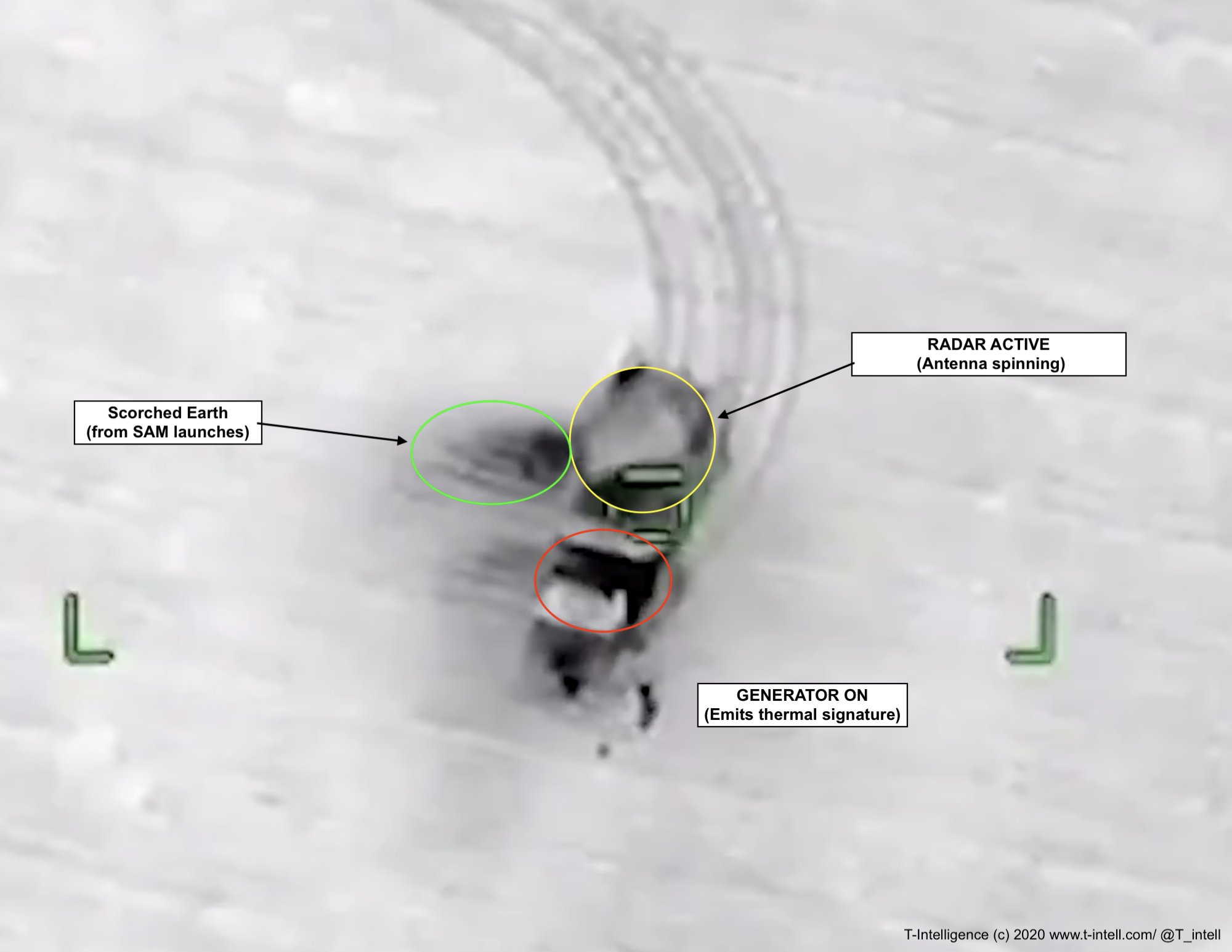
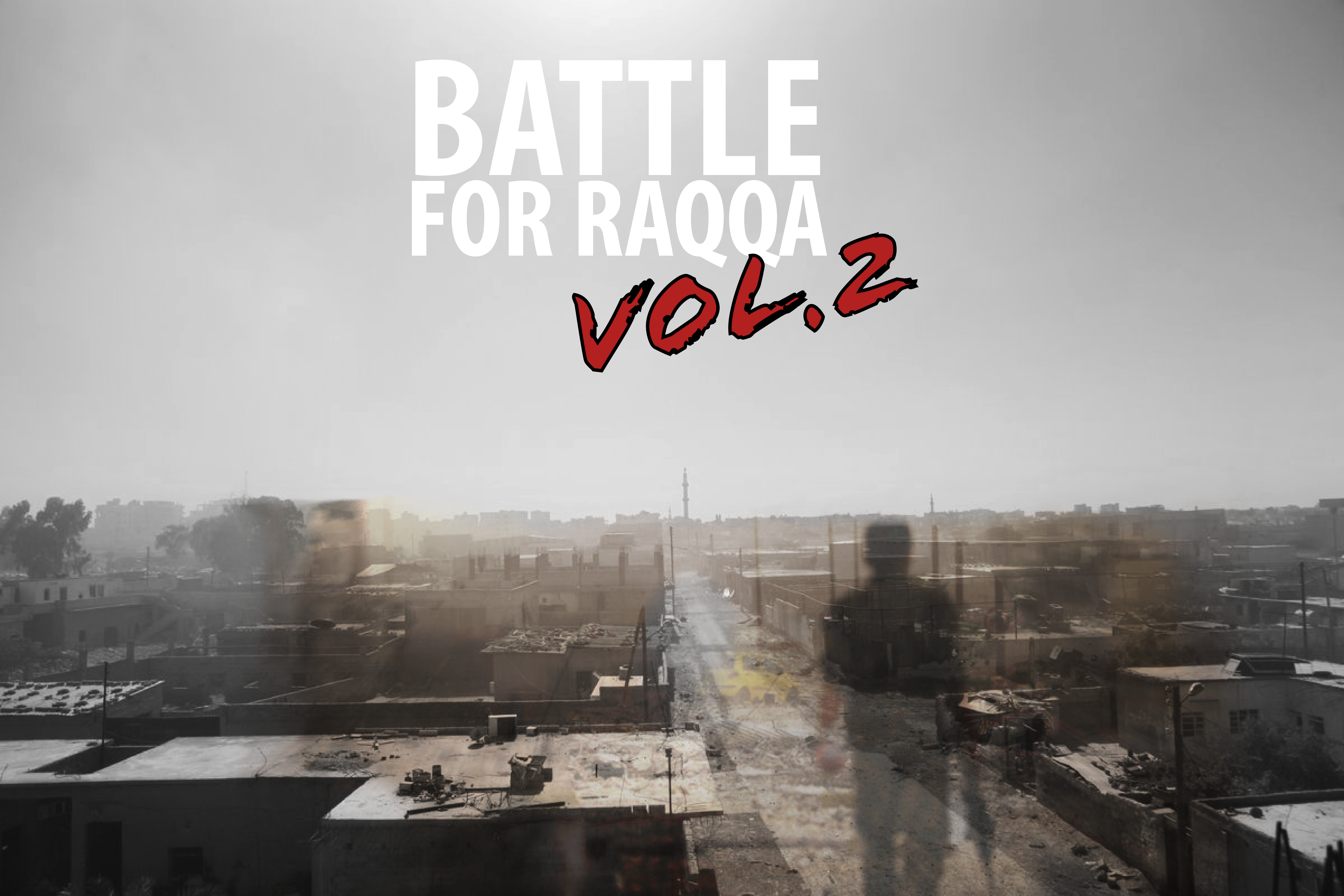

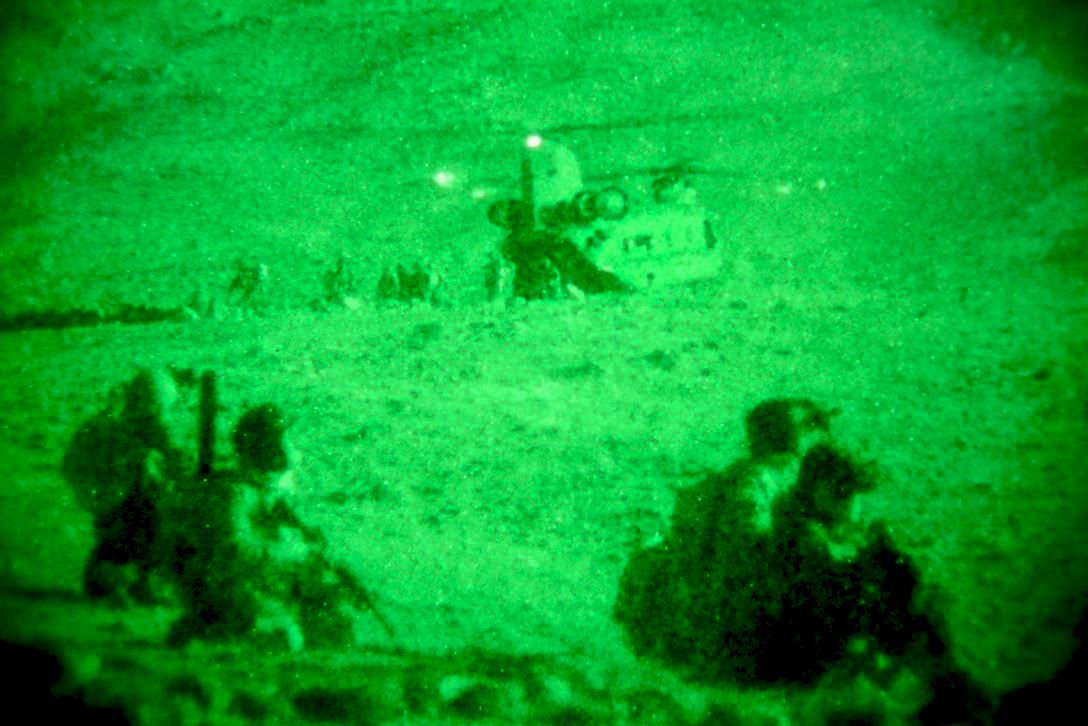
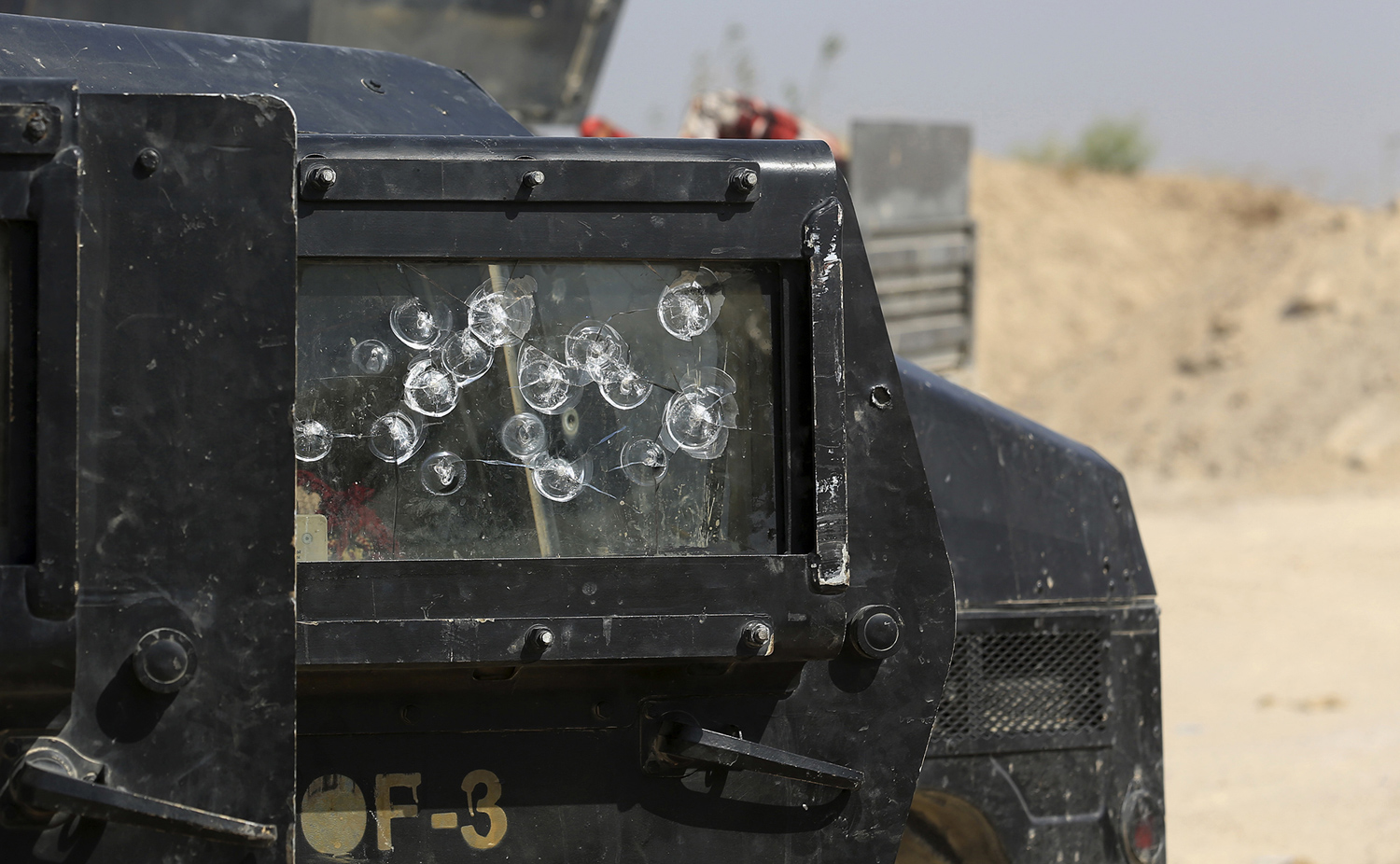

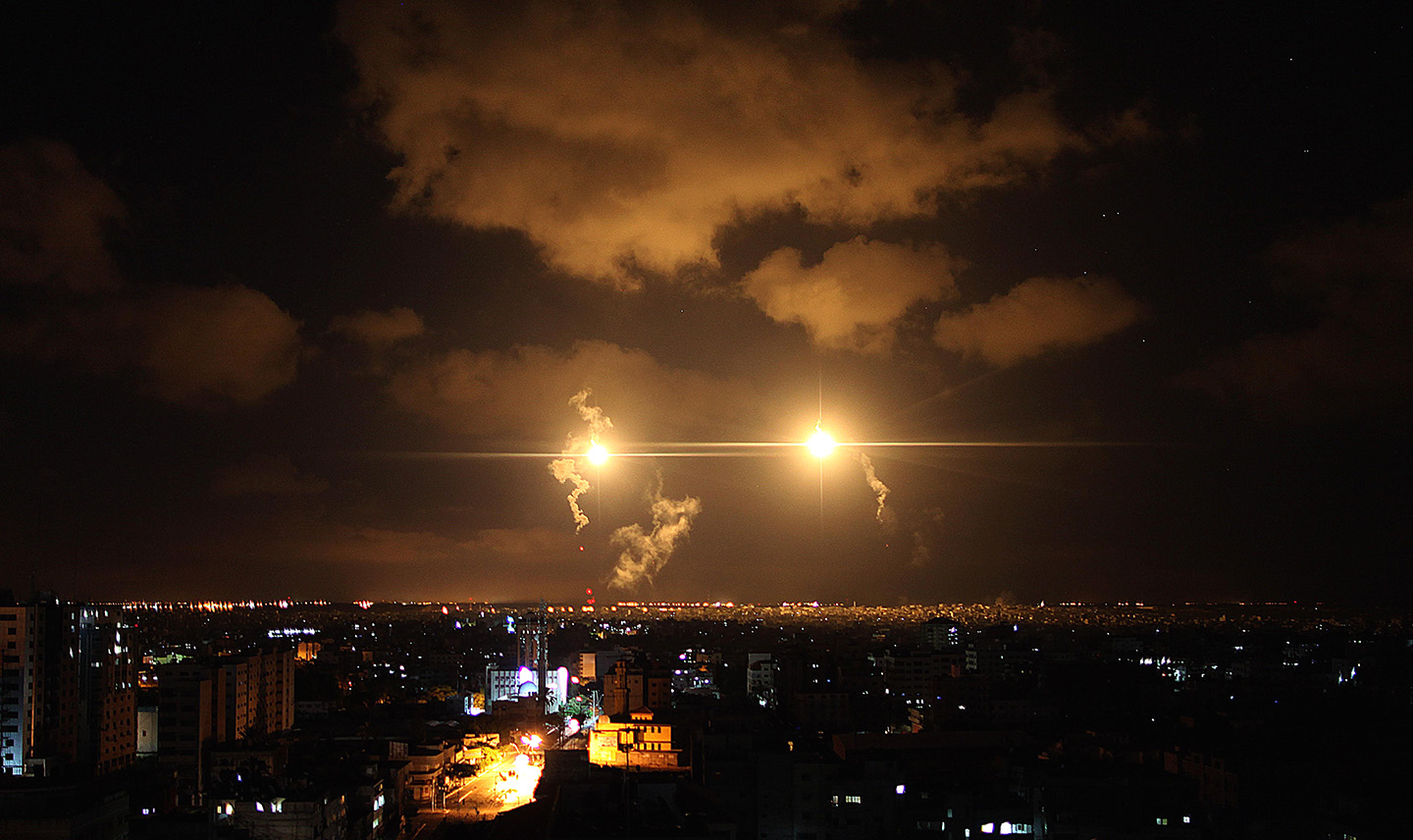
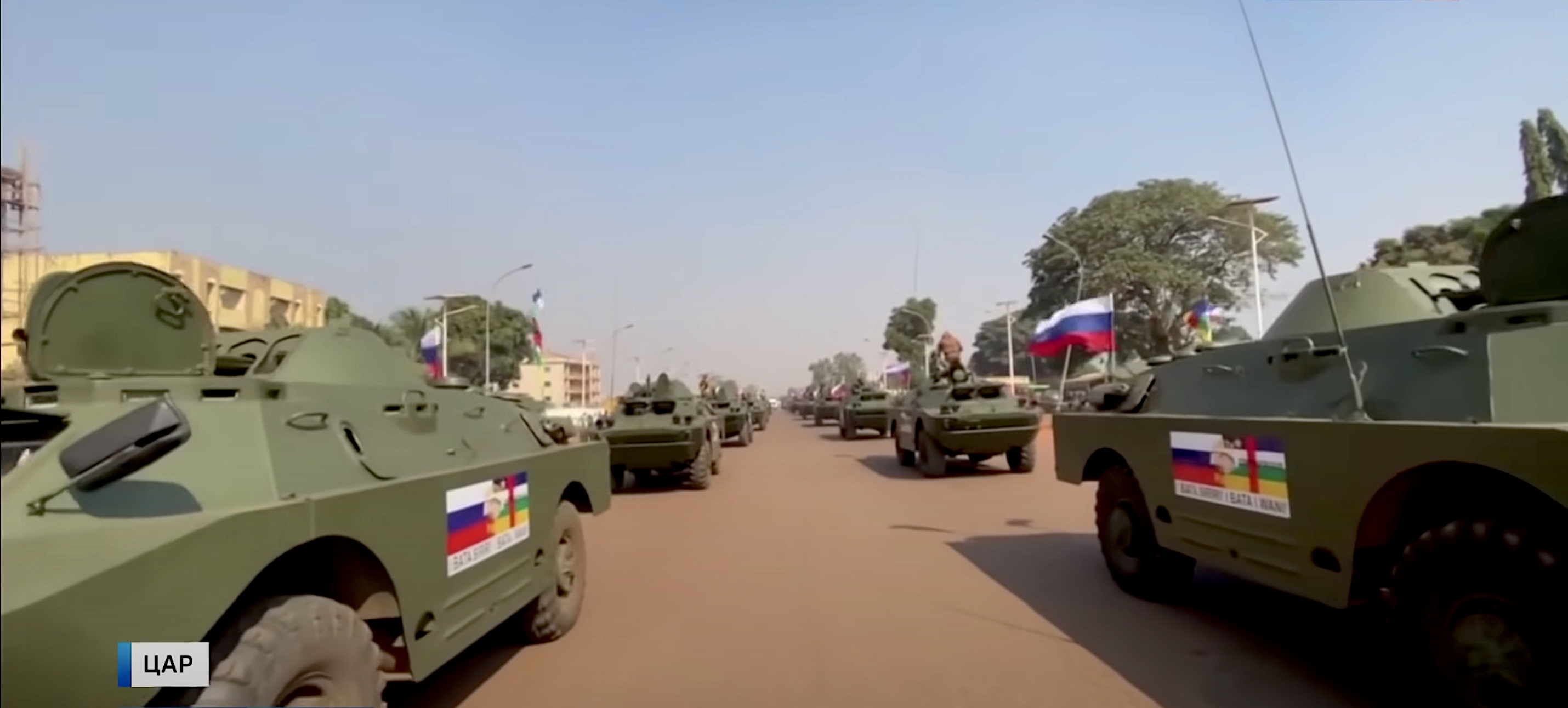

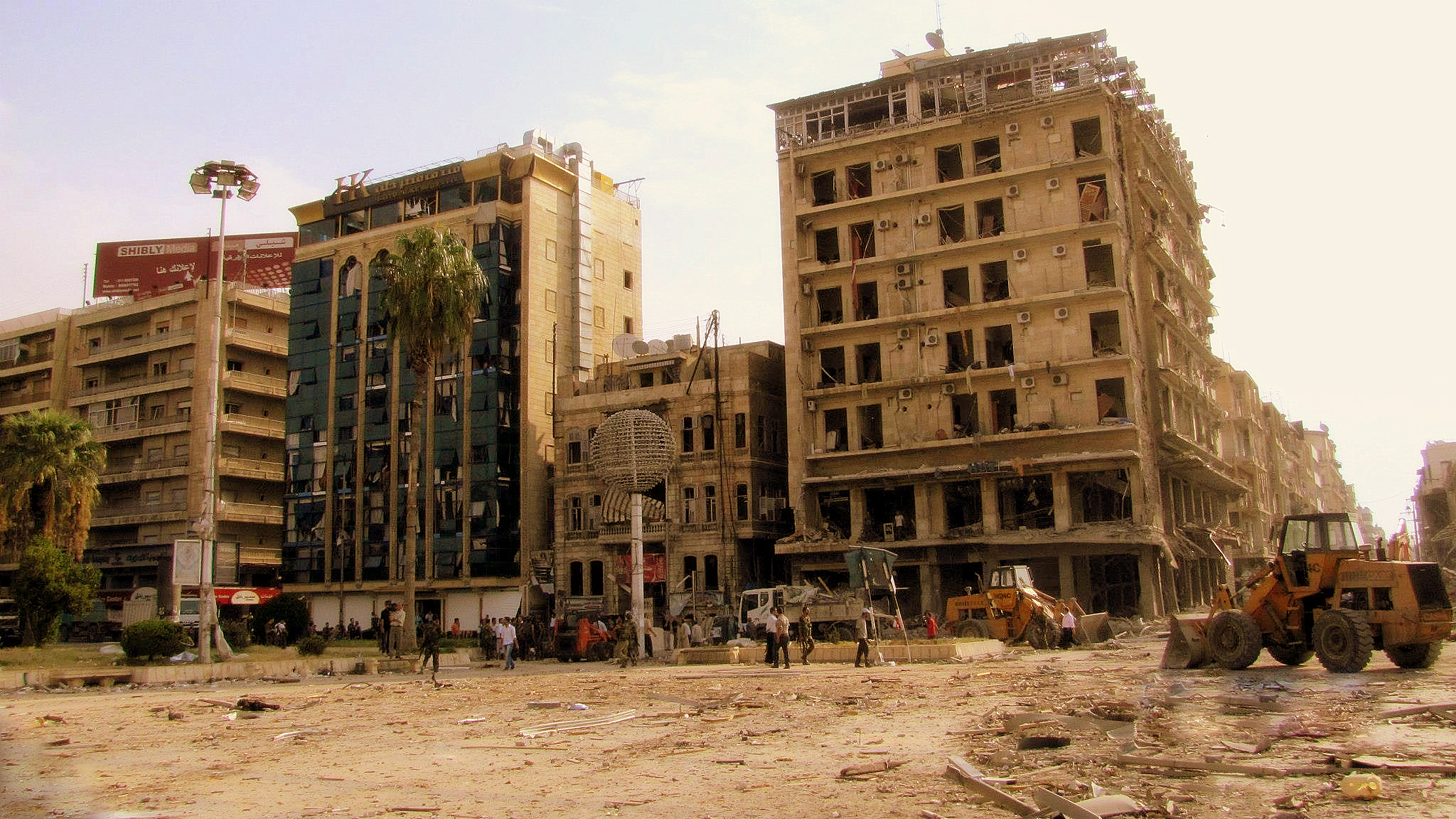
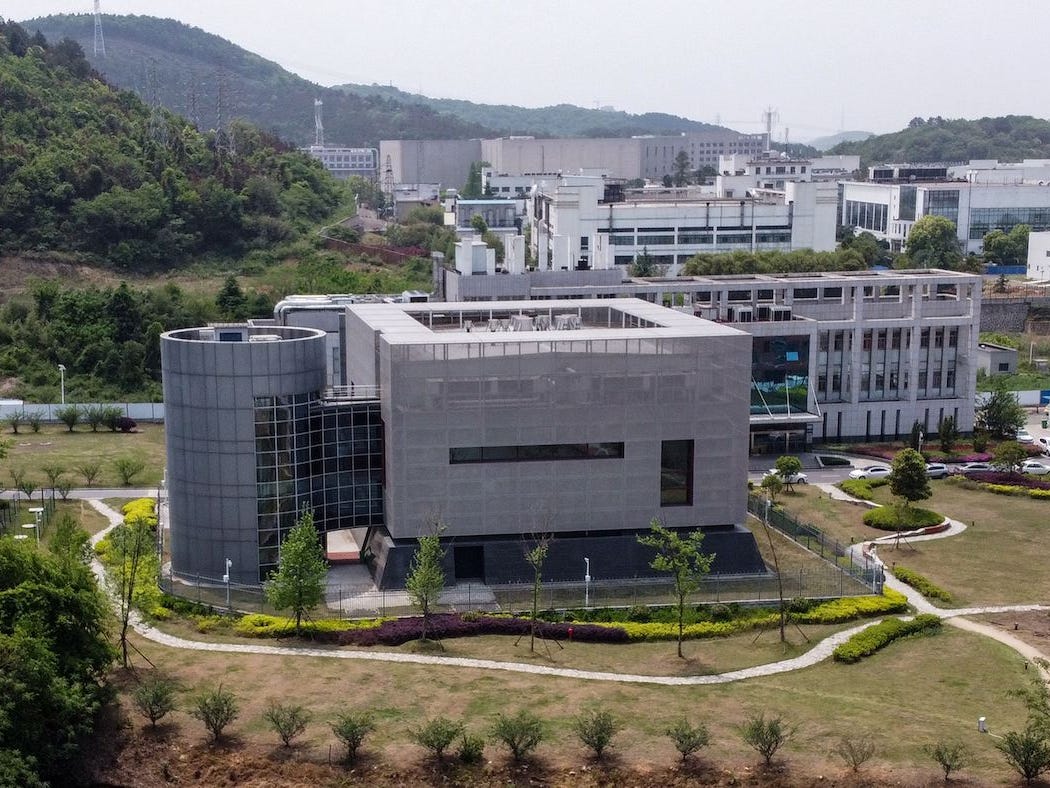

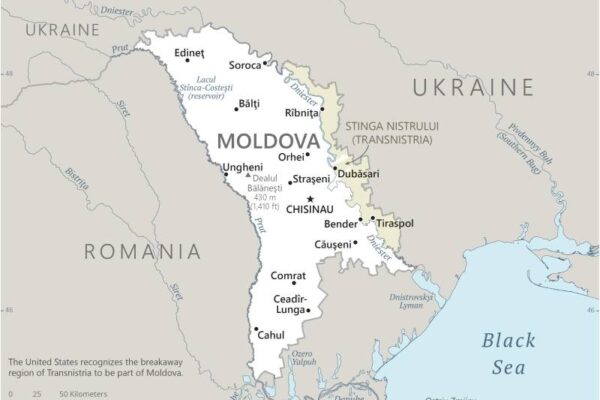
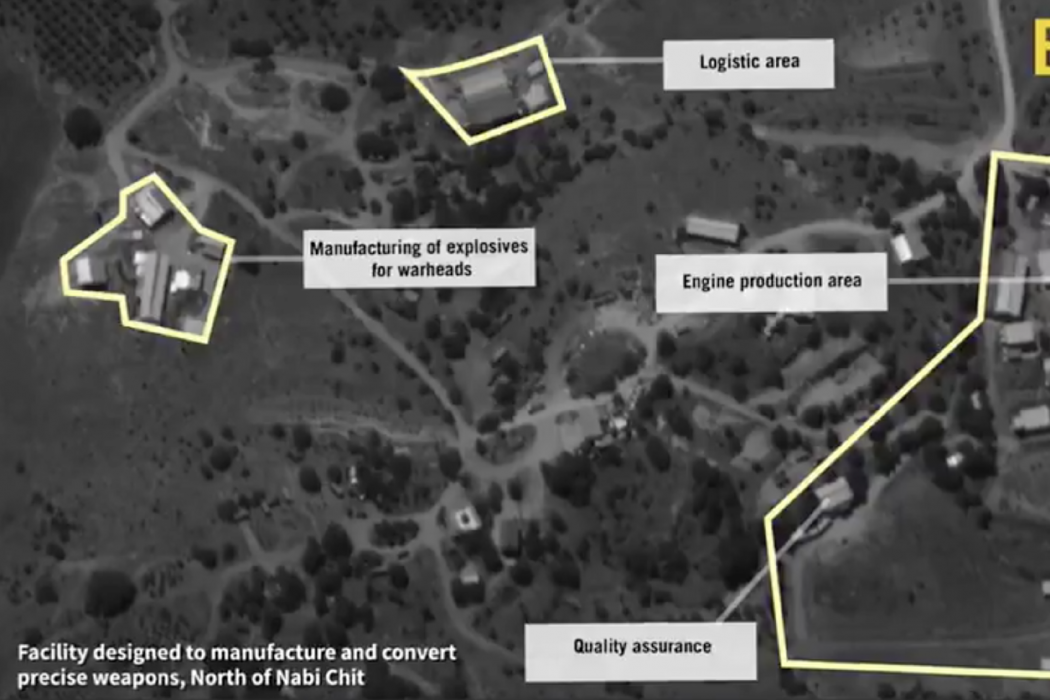
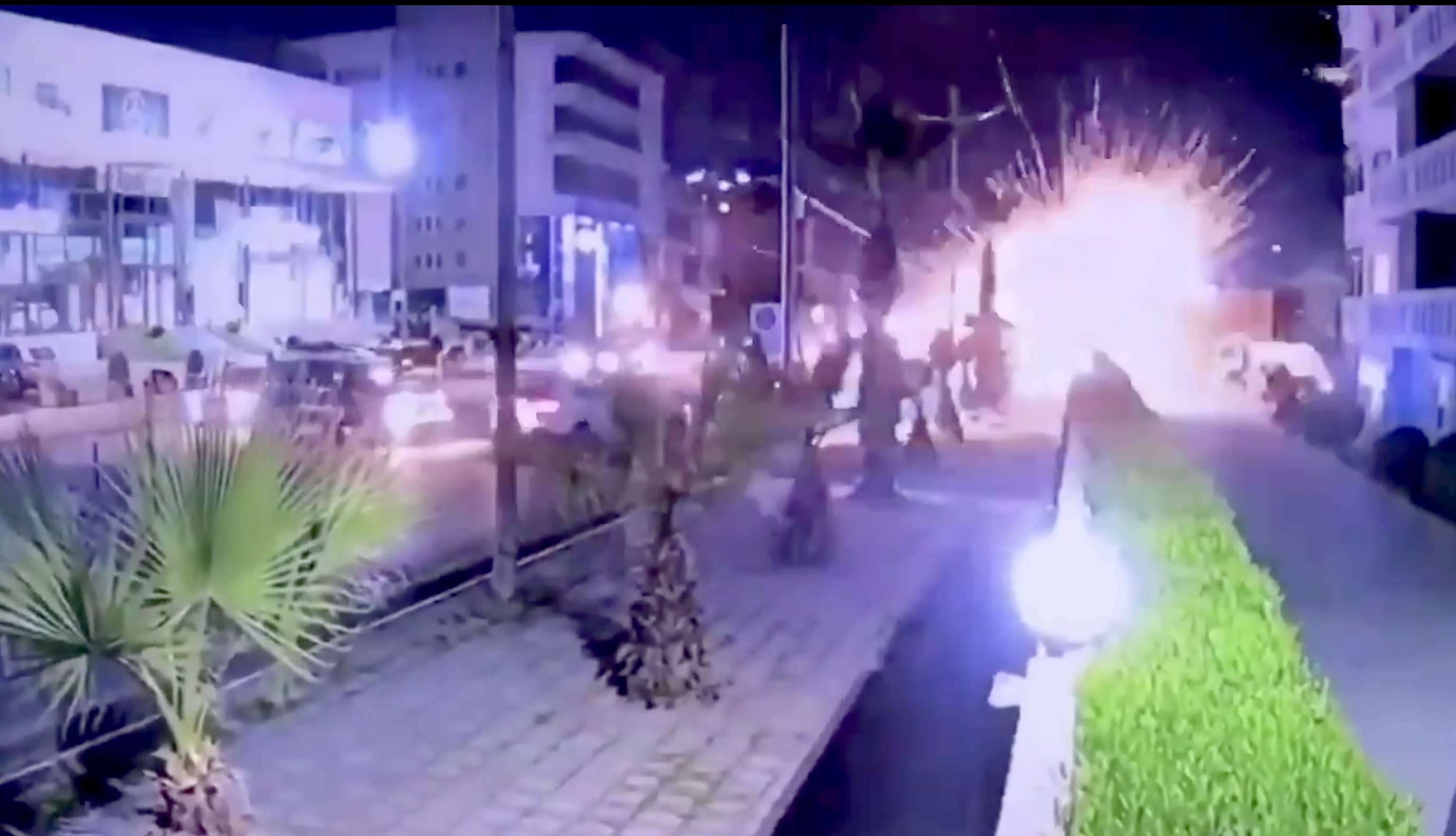
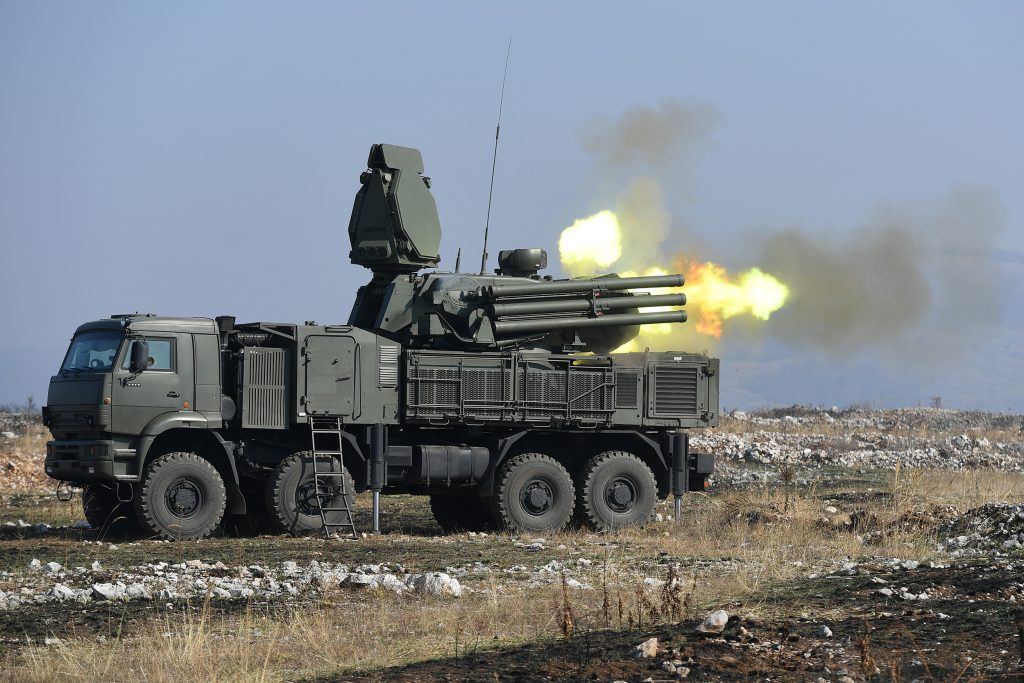

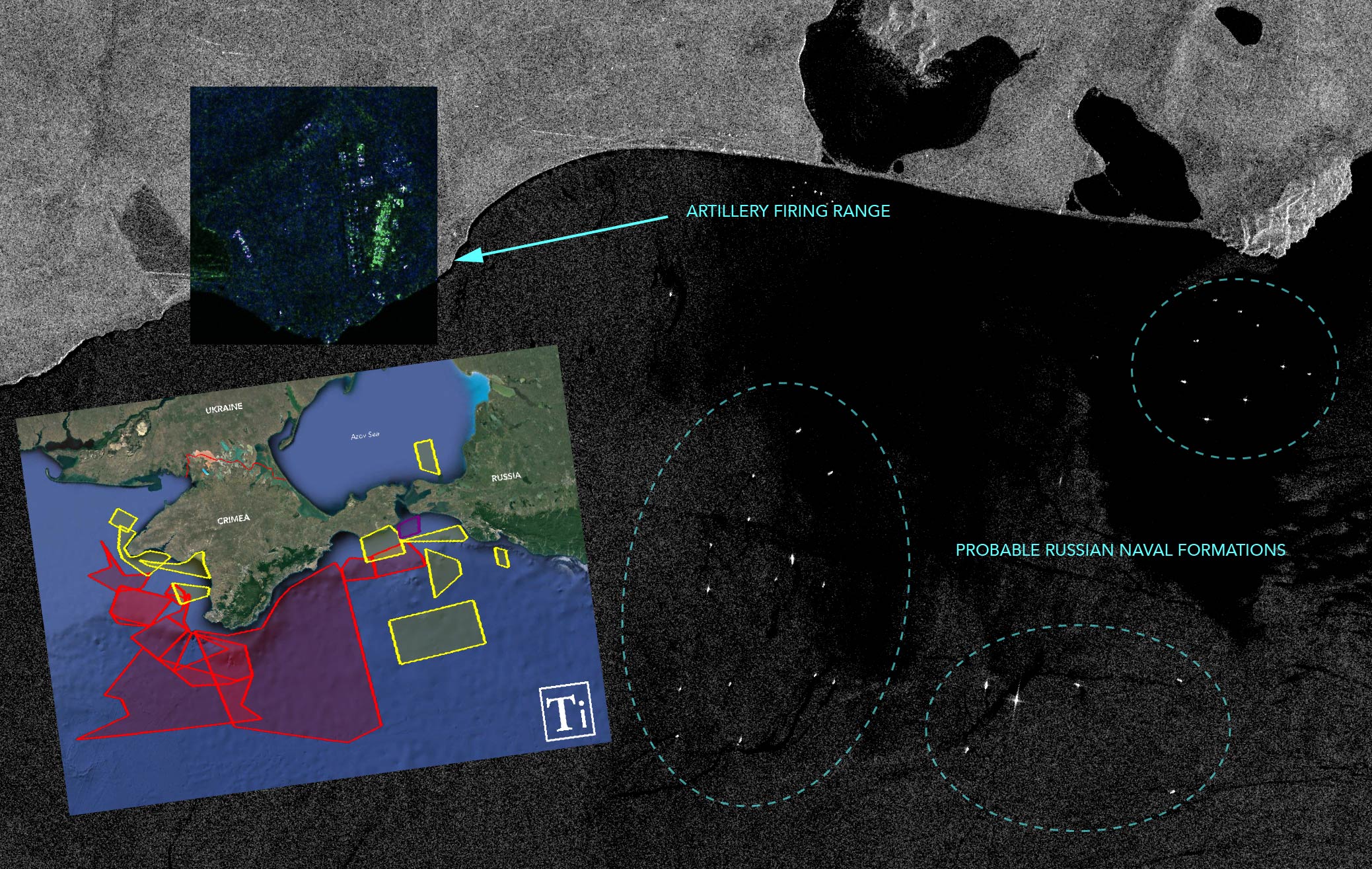
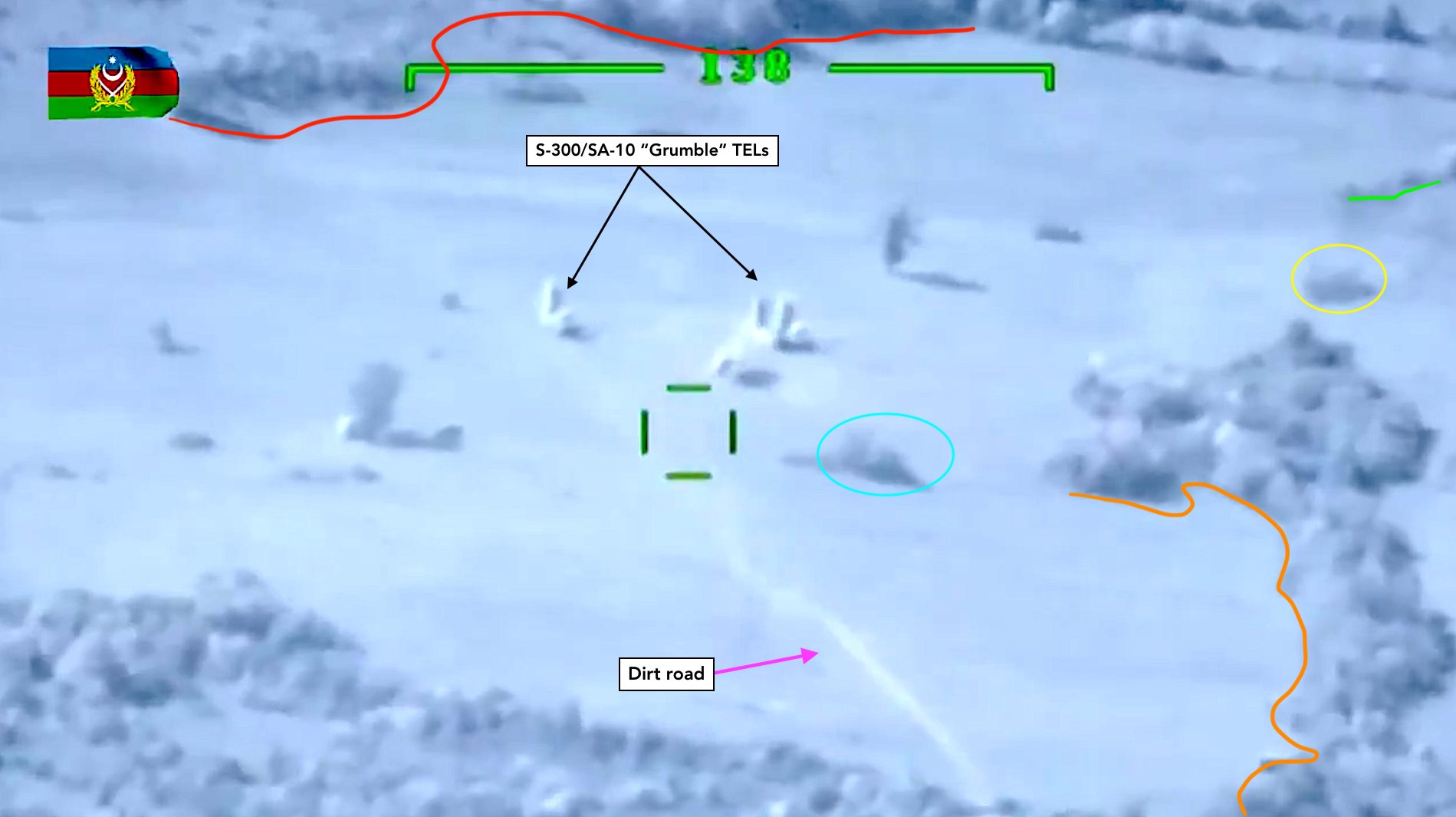
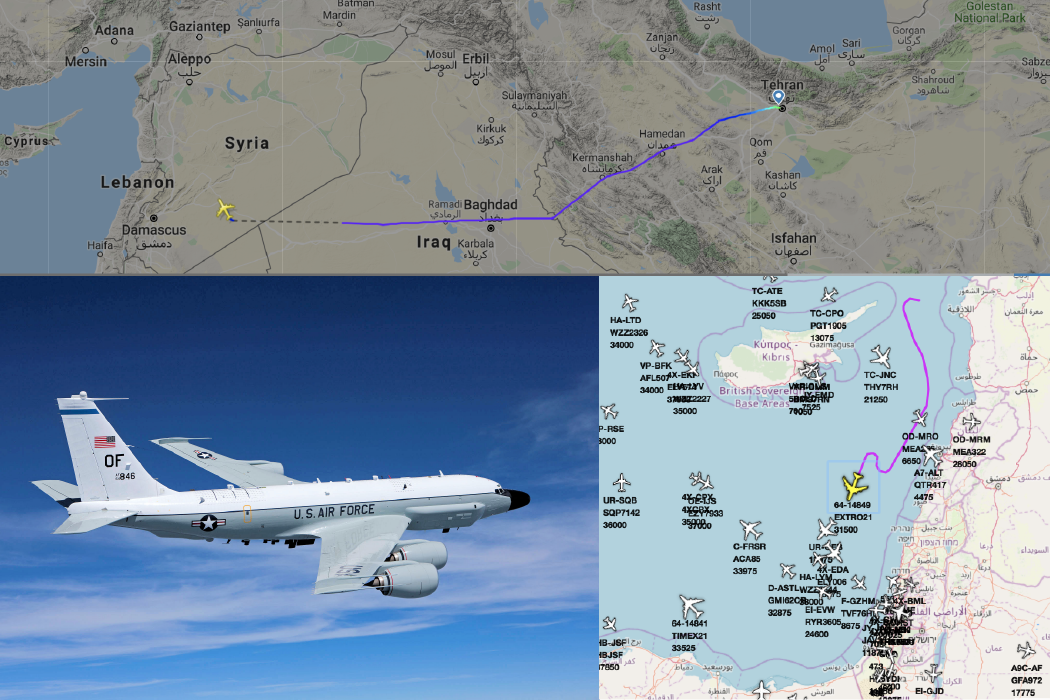
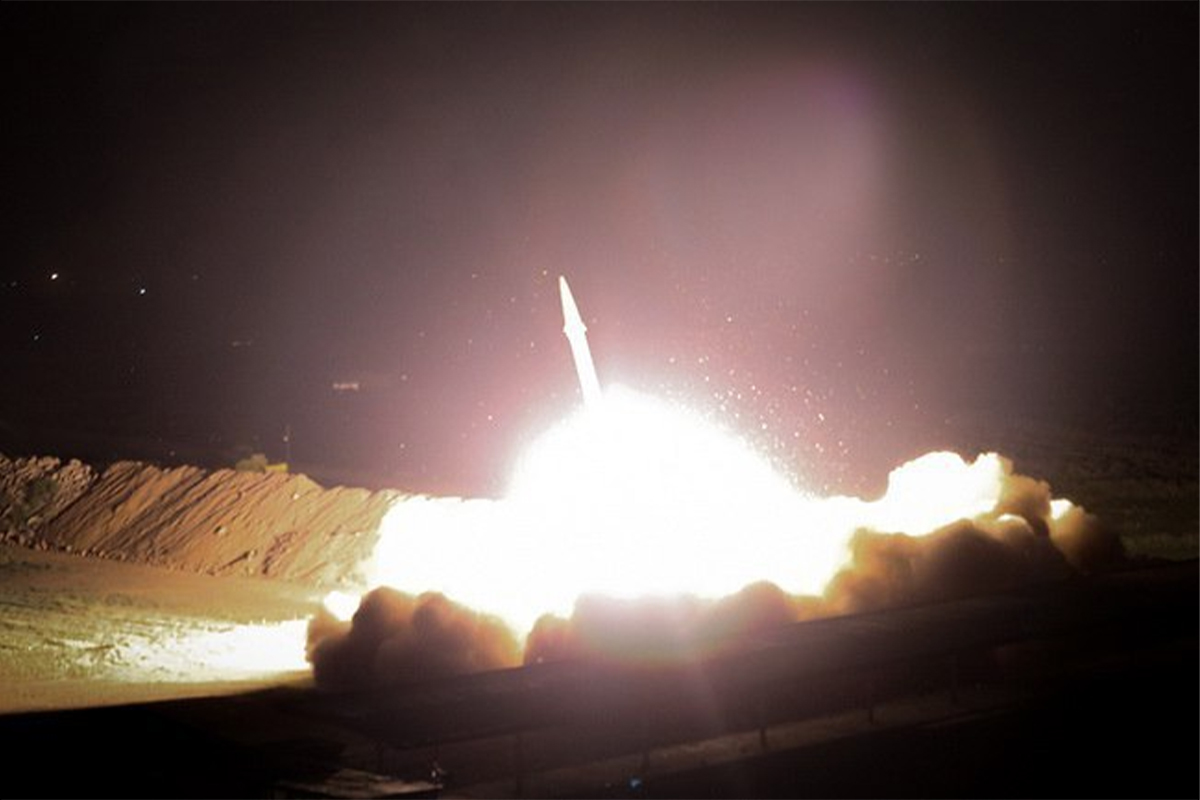
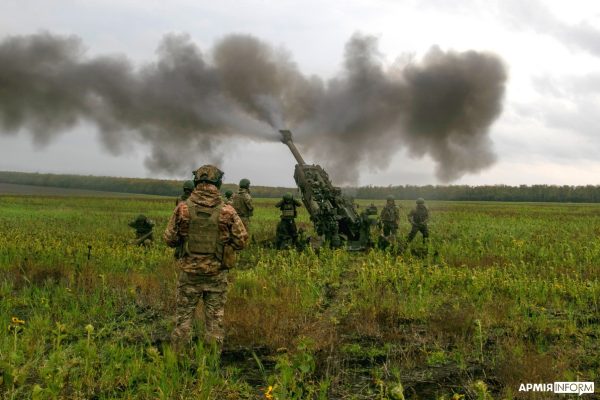
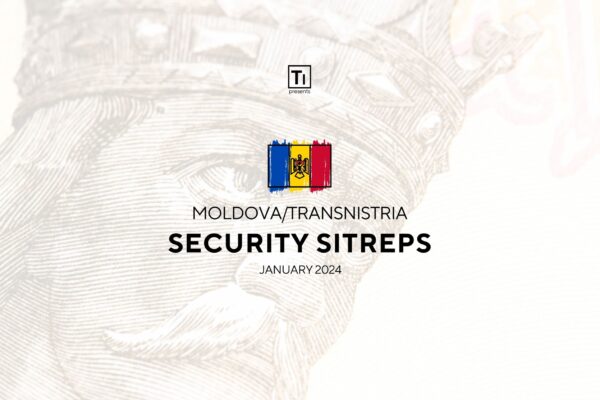
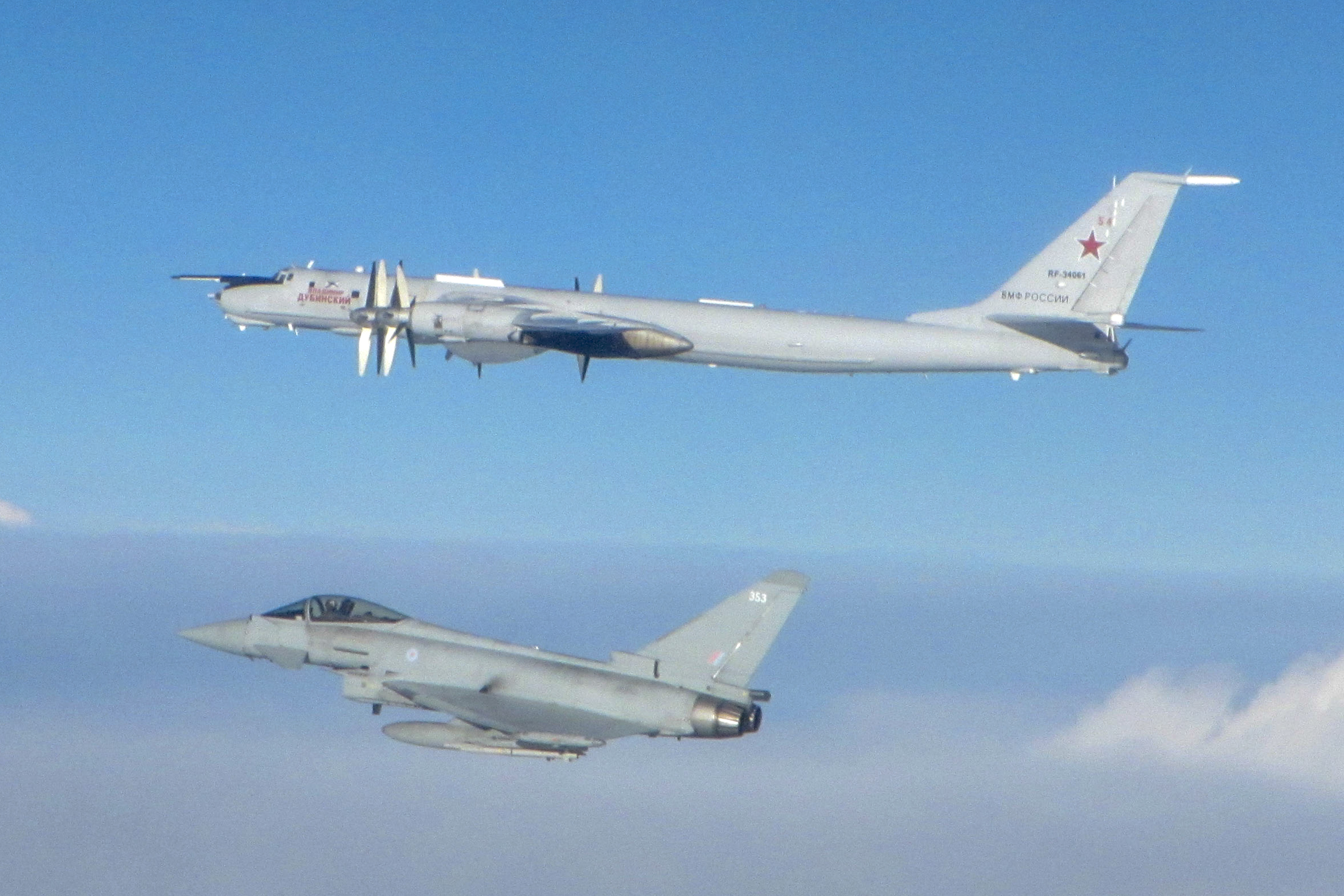
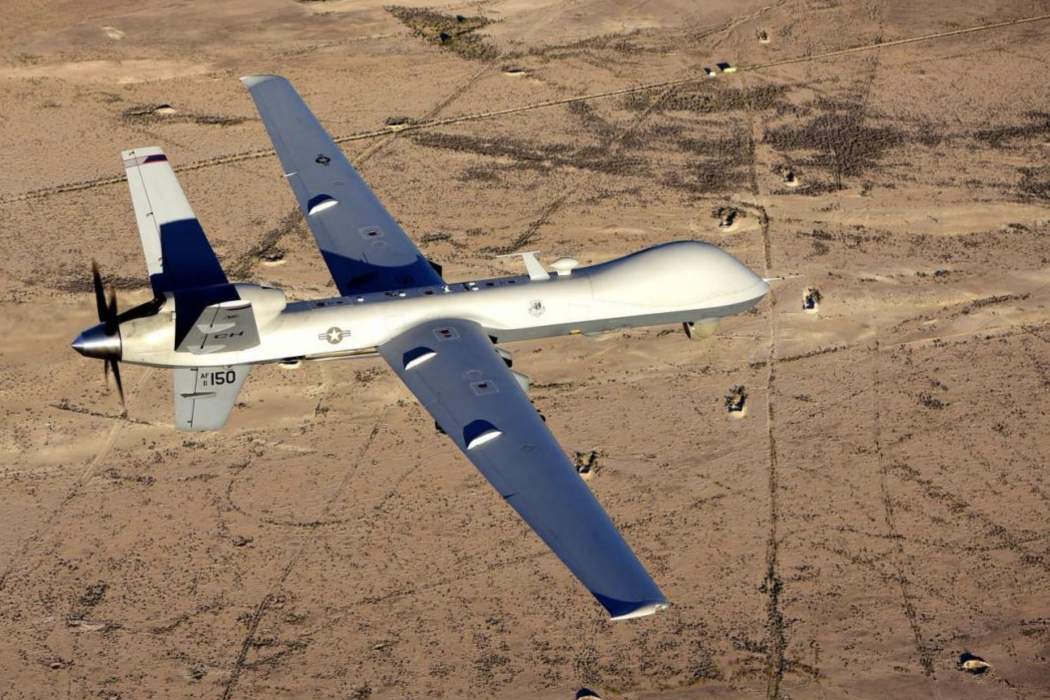

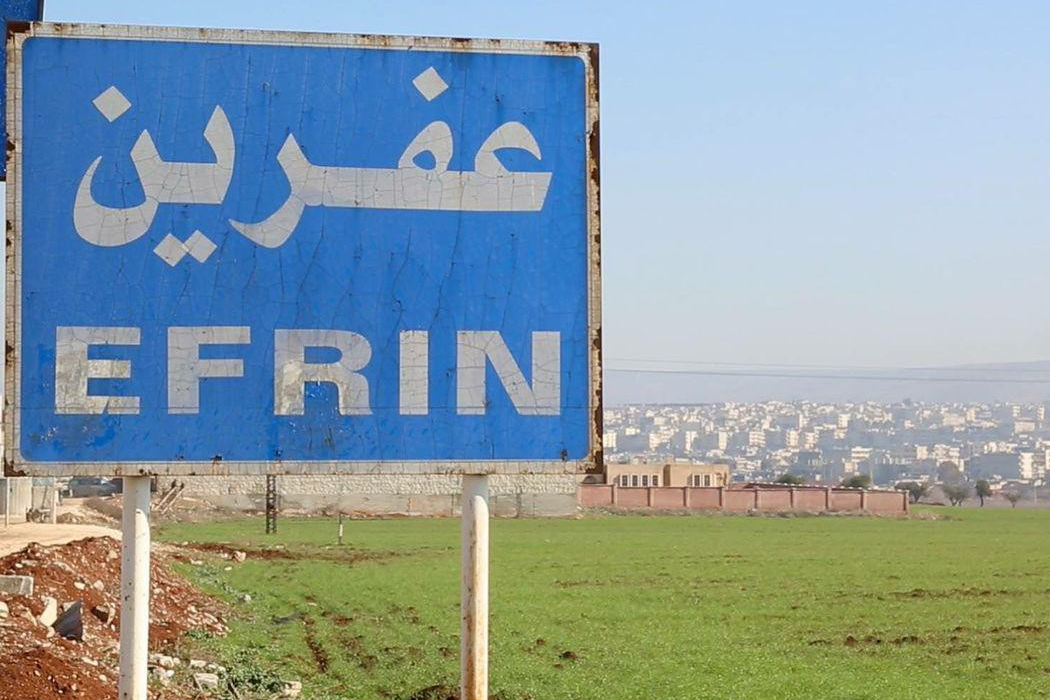
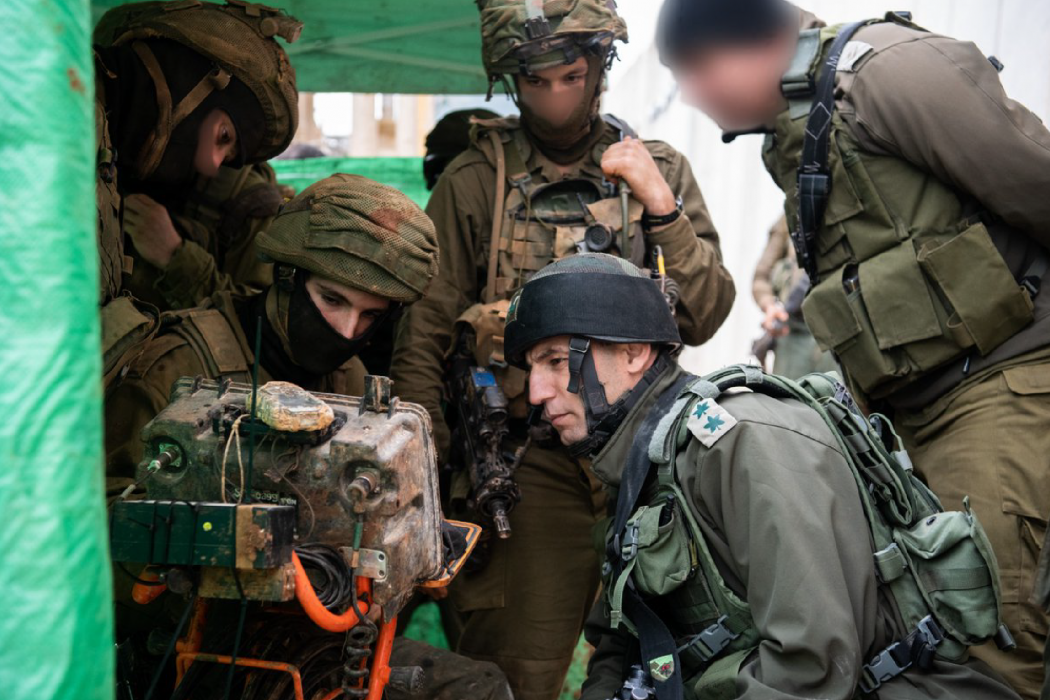
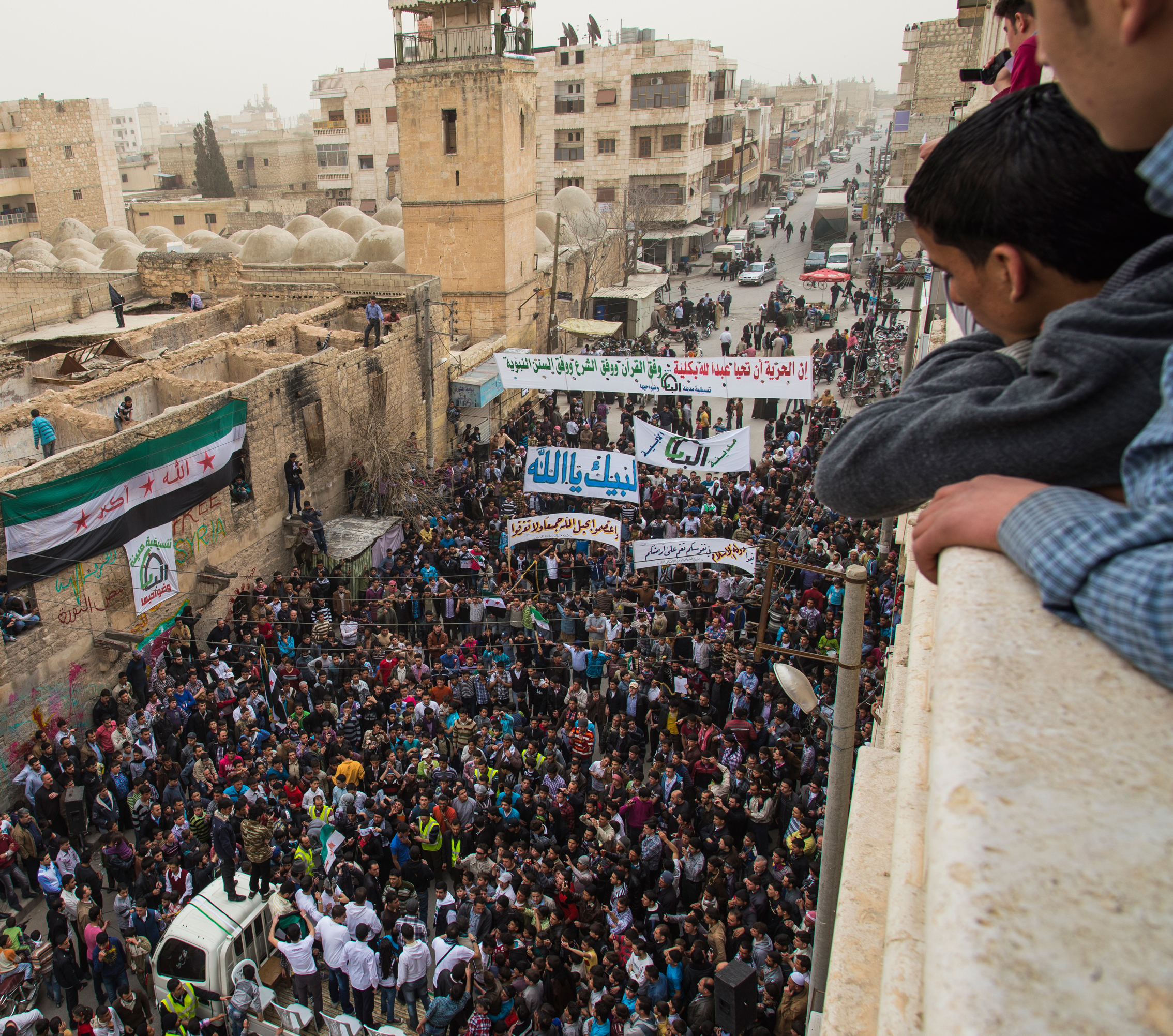
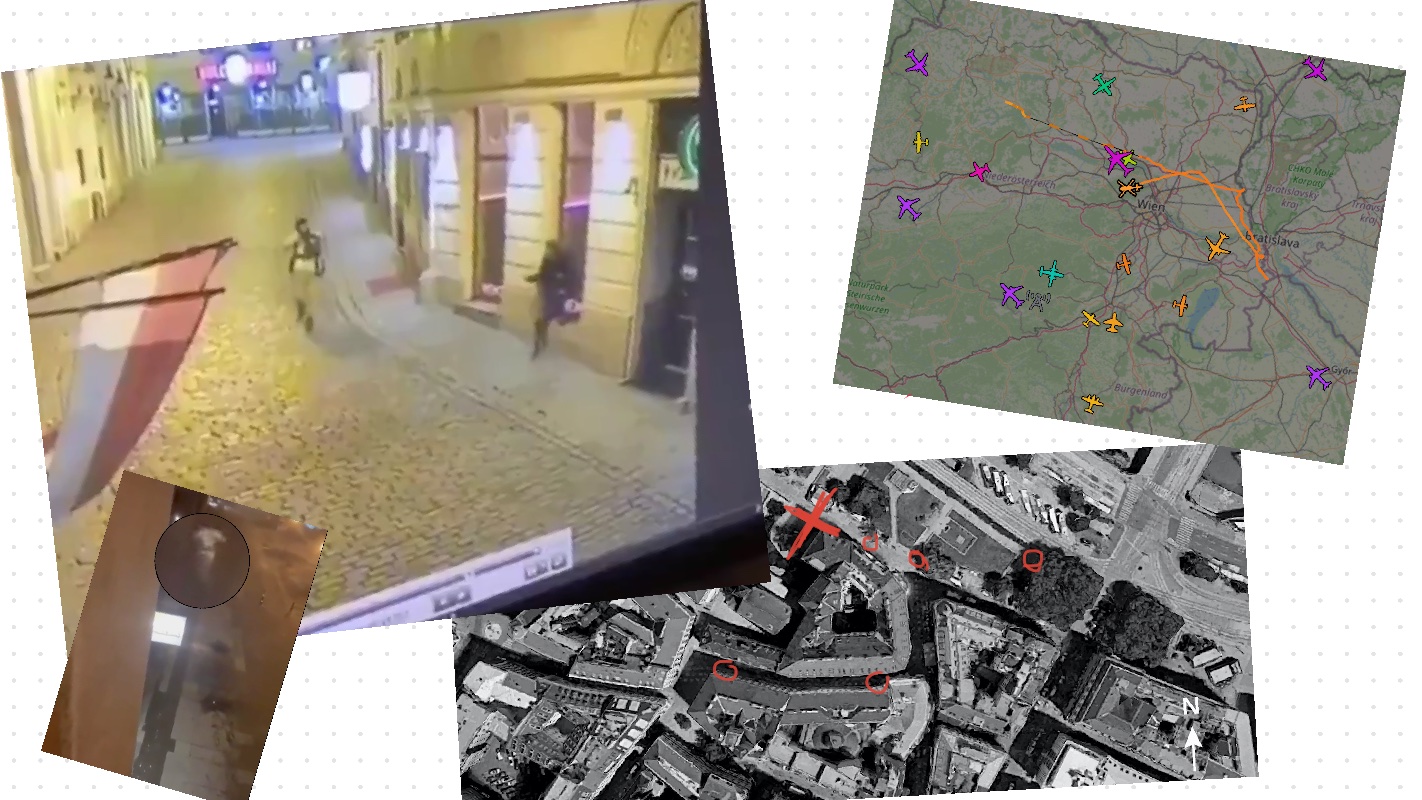
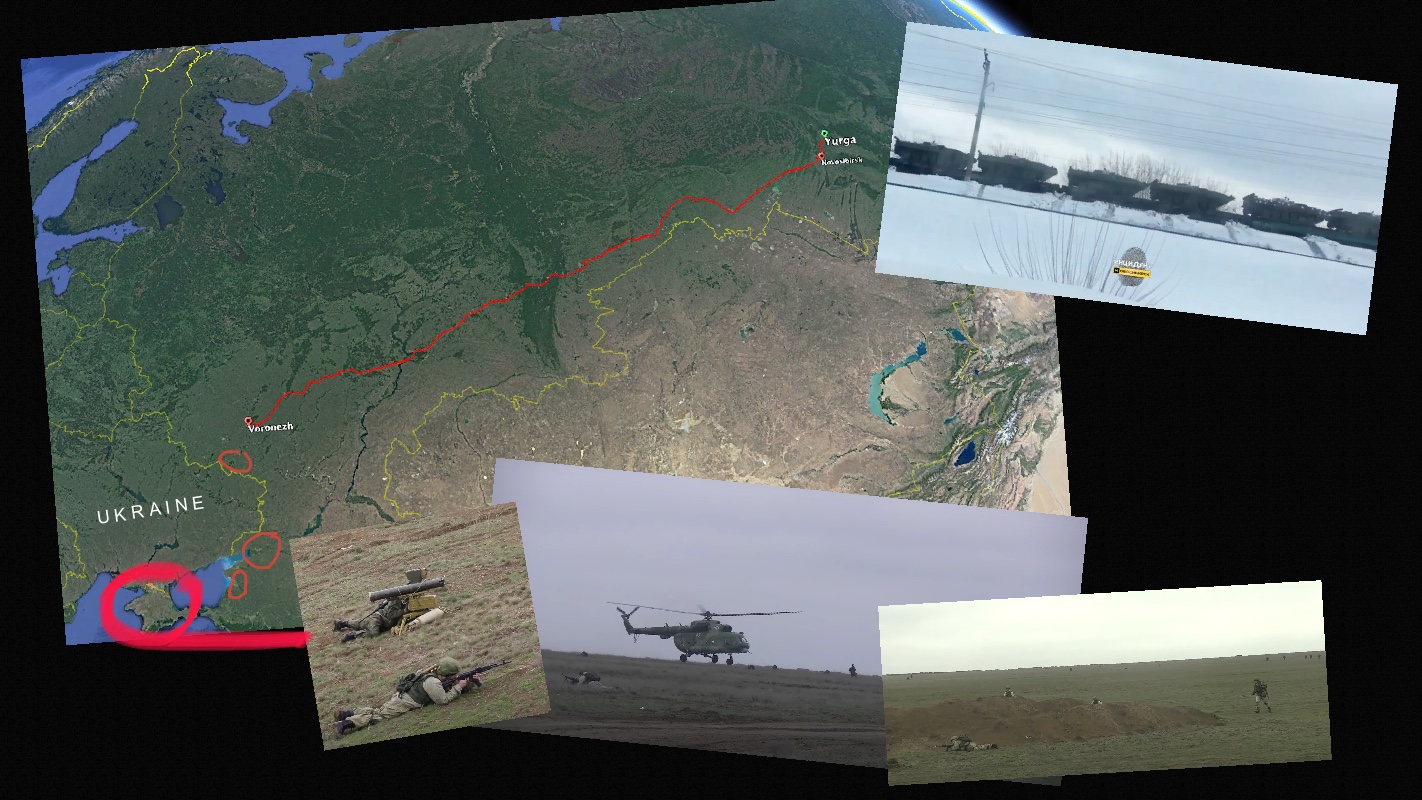



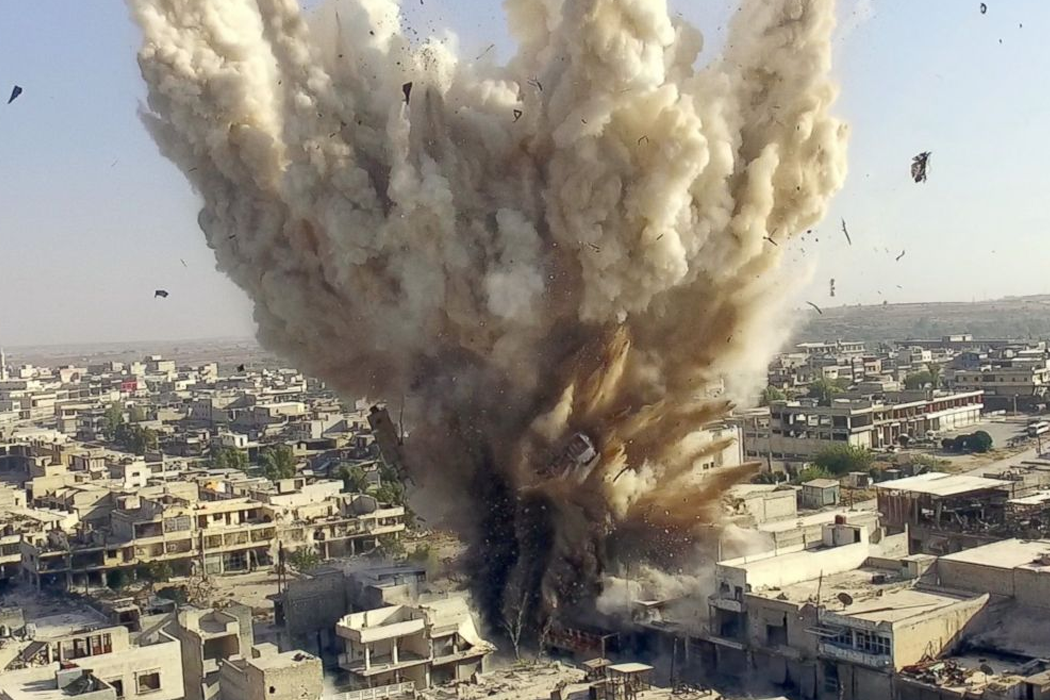
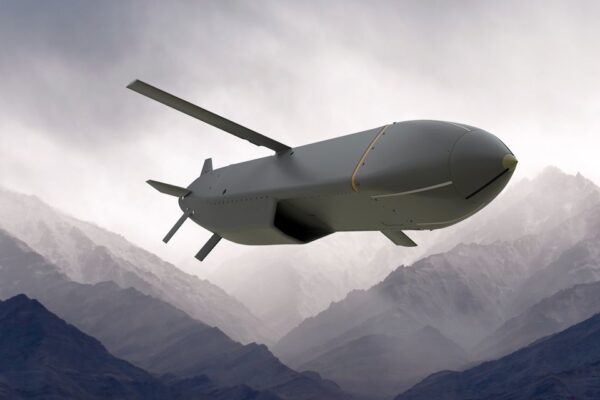
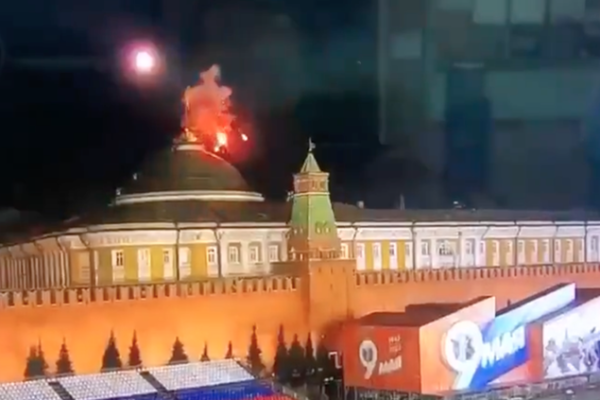

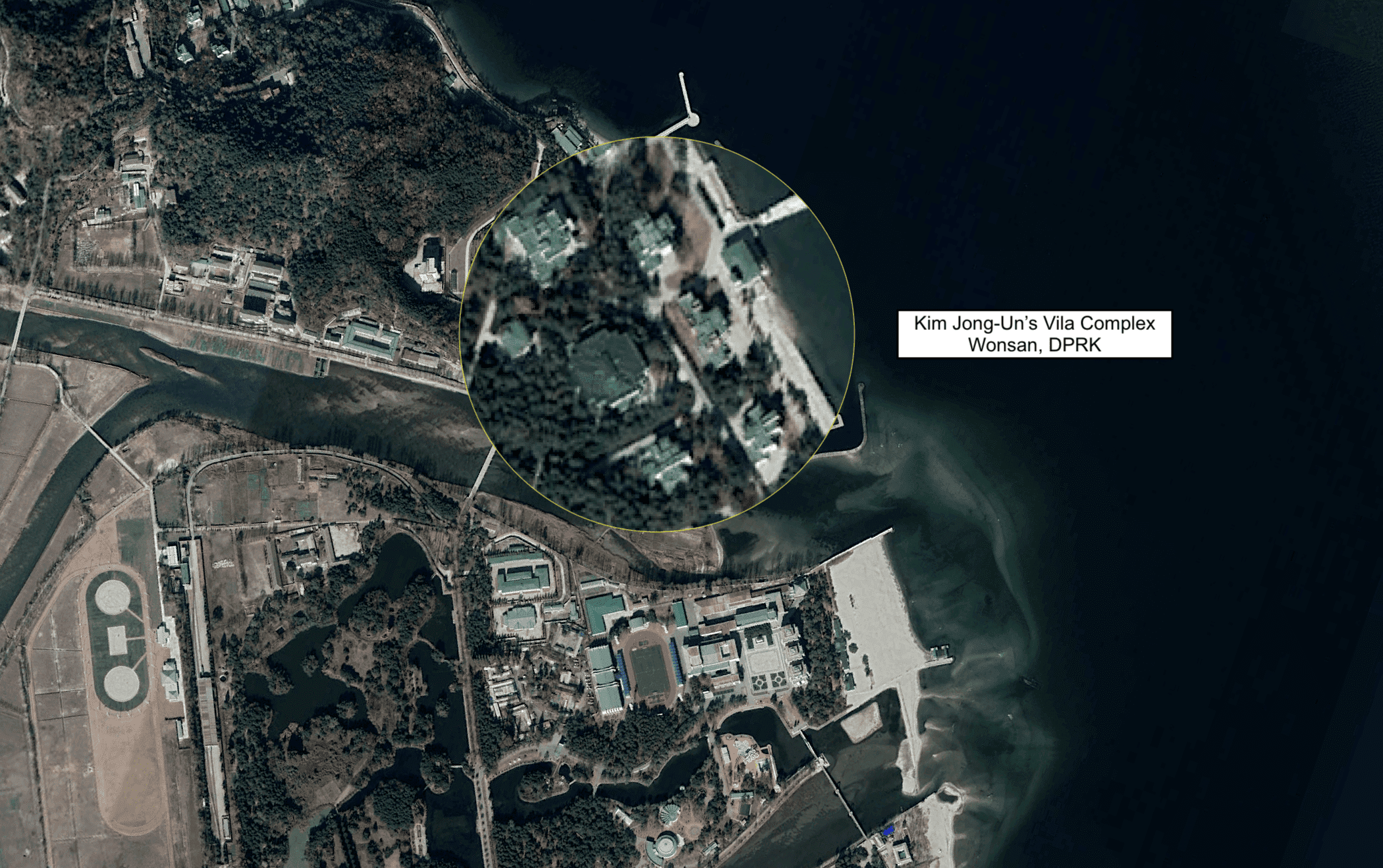
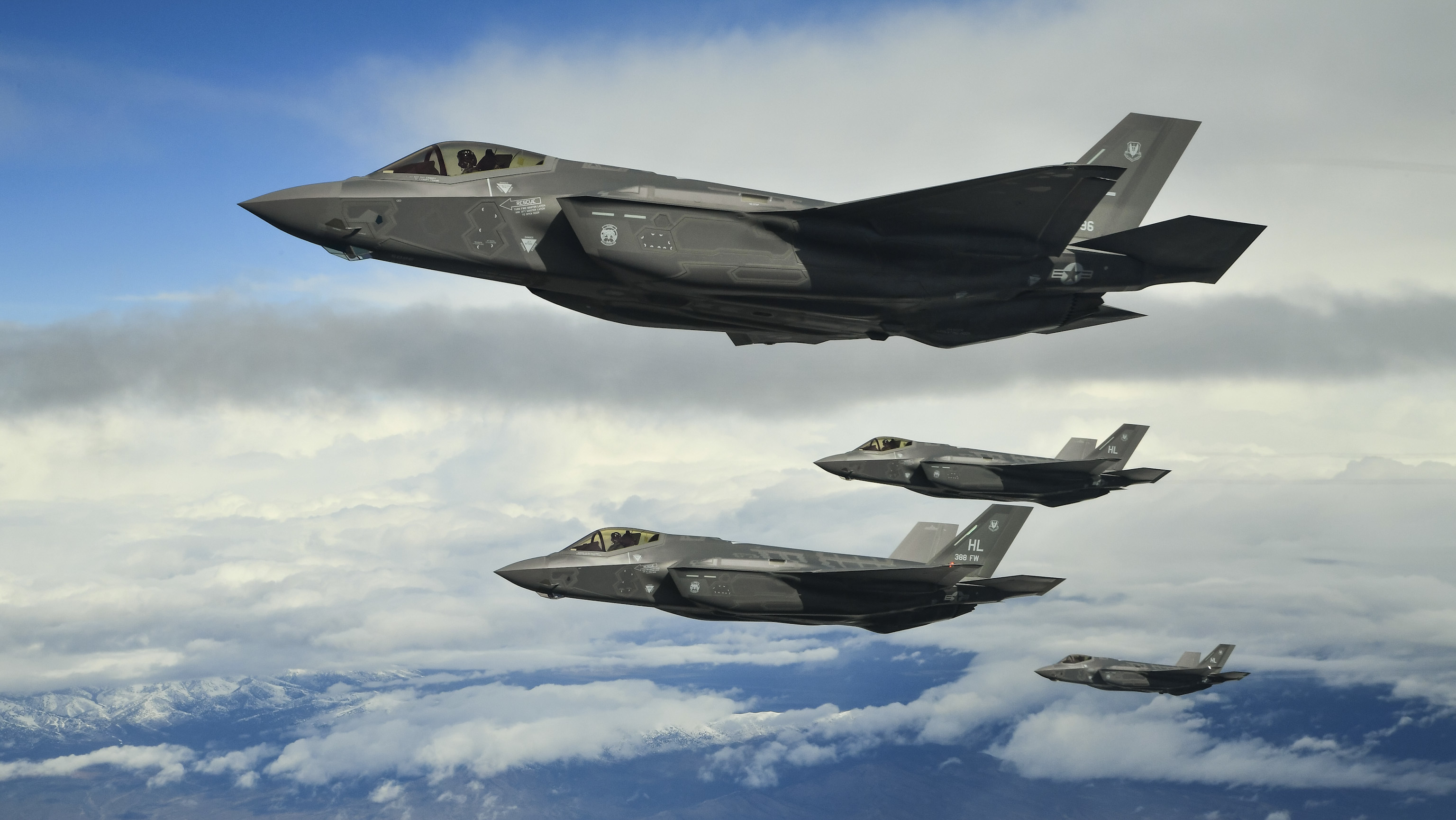
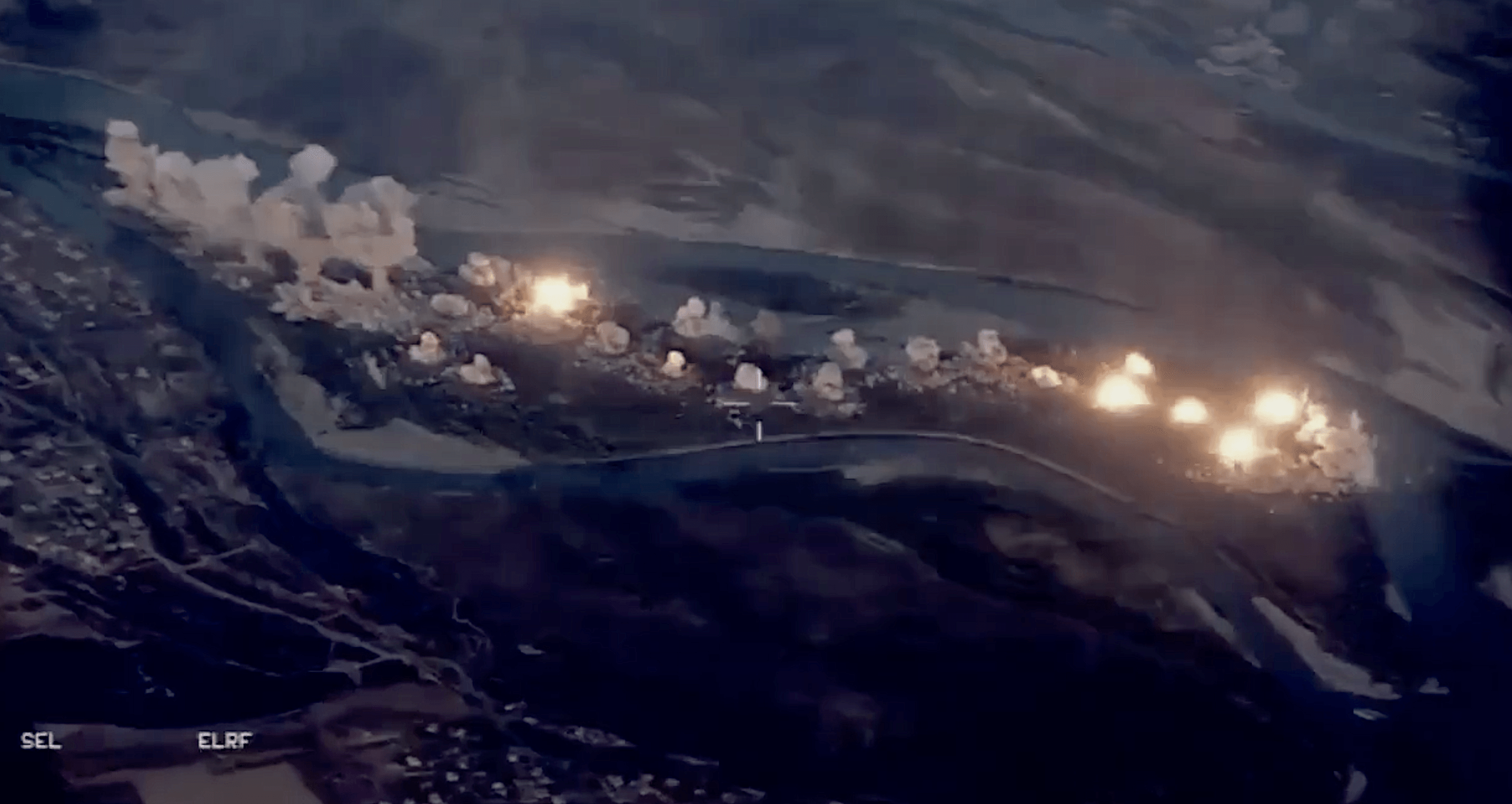

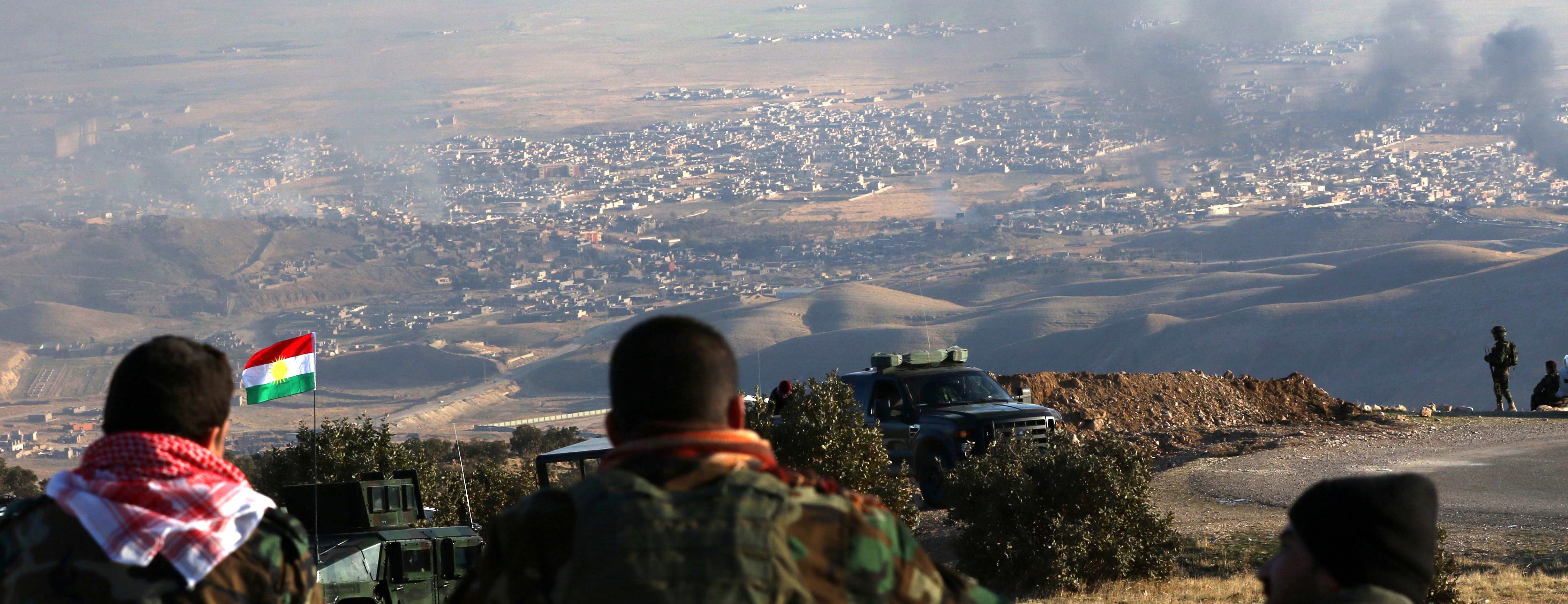



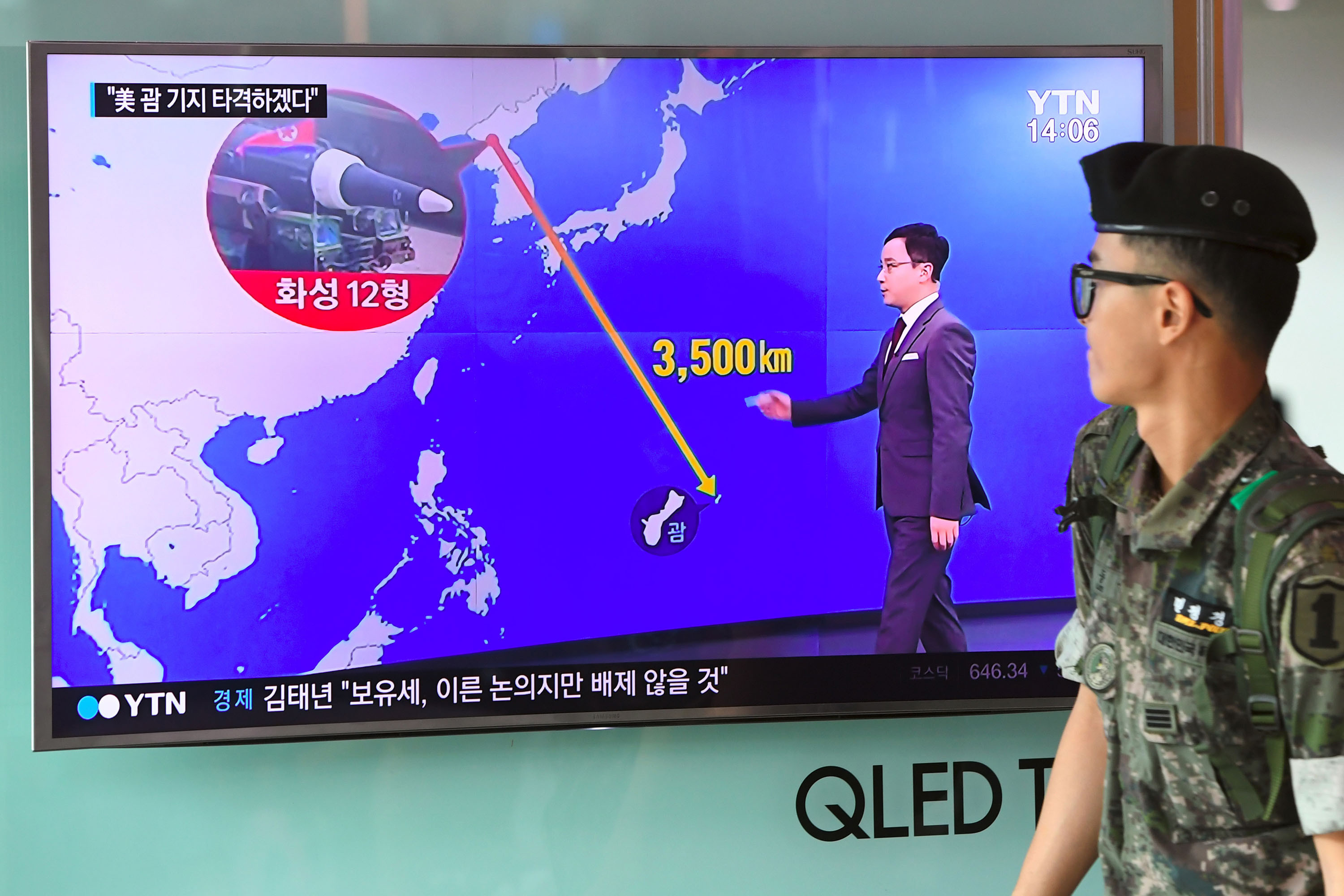
![Pride of Belarus: Baranovichi 61st Fighter Air Base [GEOINT]](https://t-intell.com/wp-content/uploads/2021/08/cover_article.jpg)
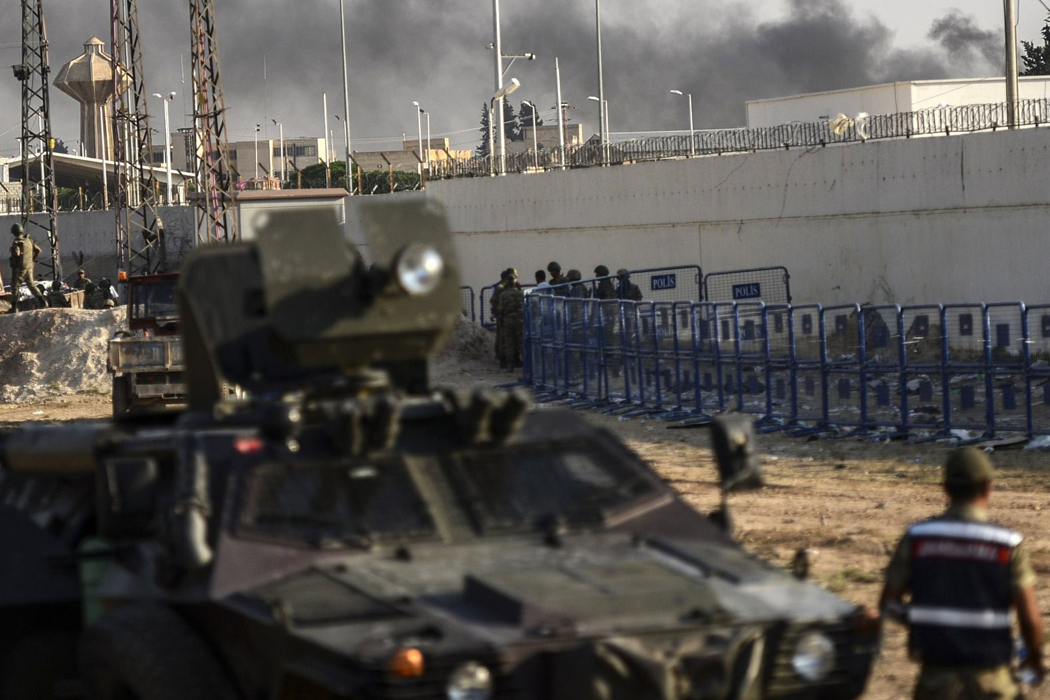

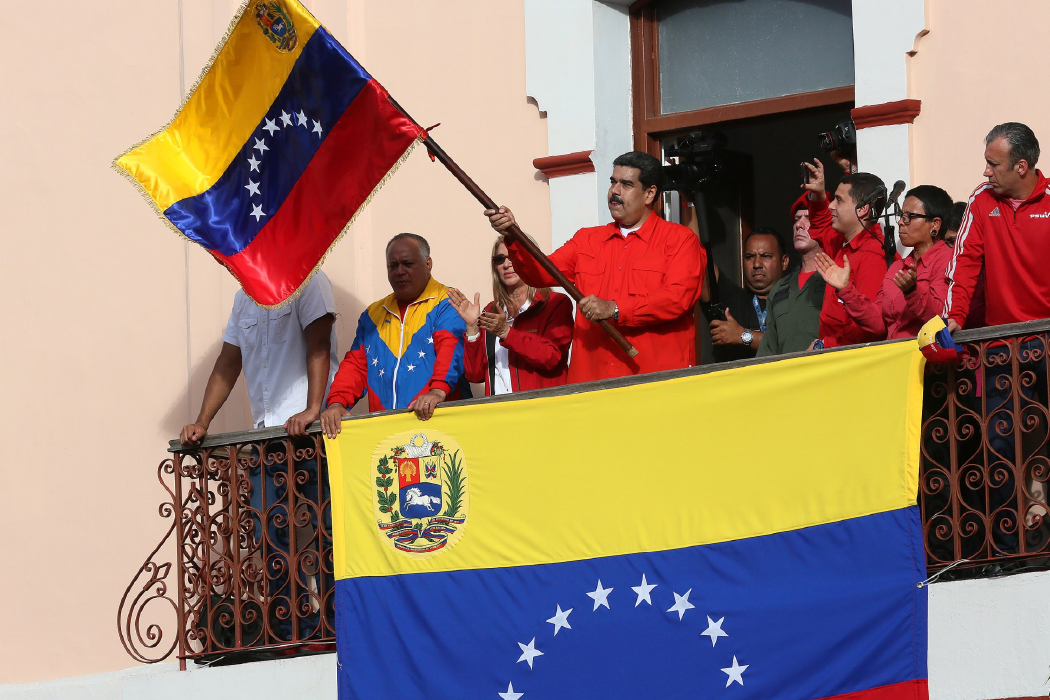

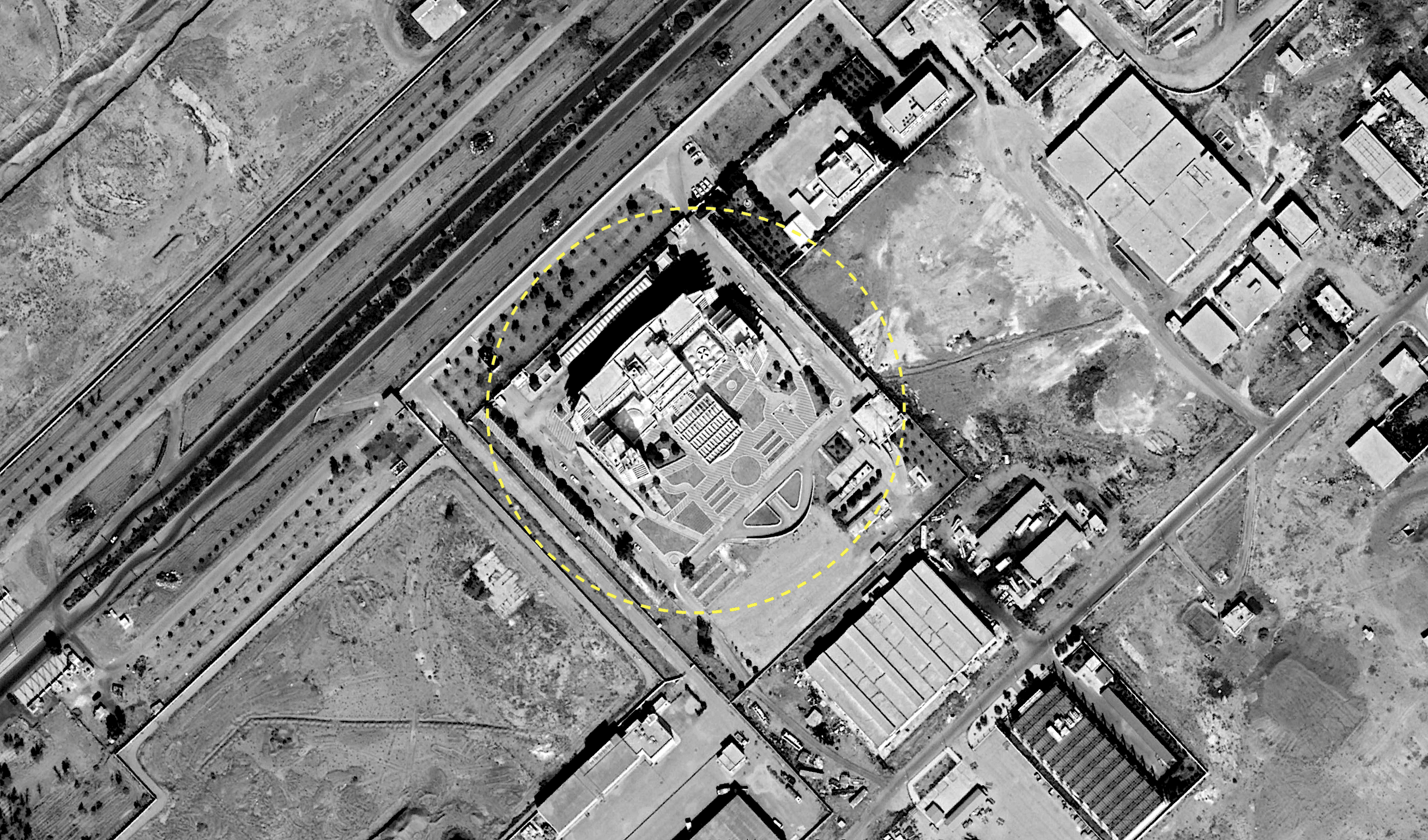
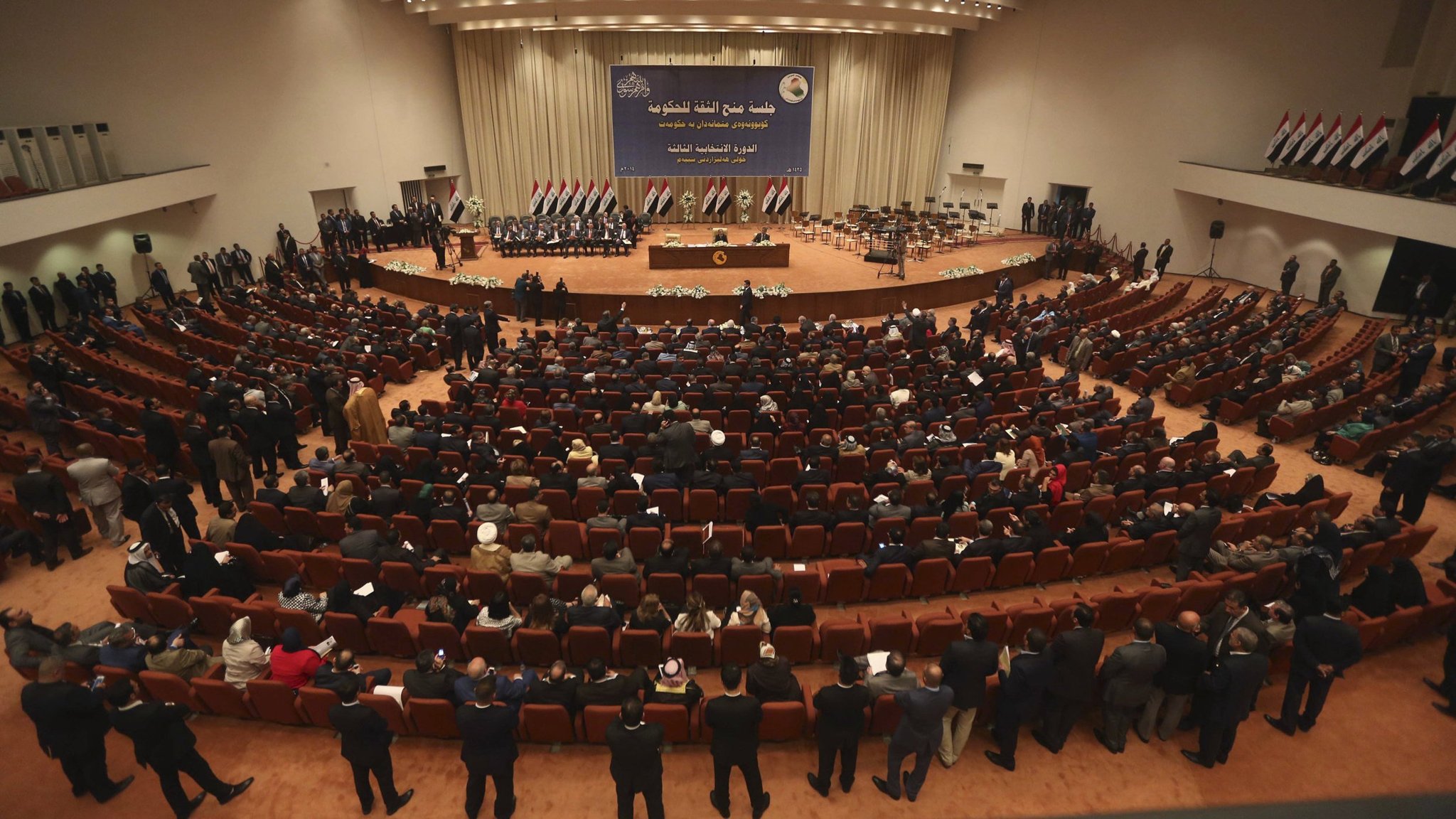
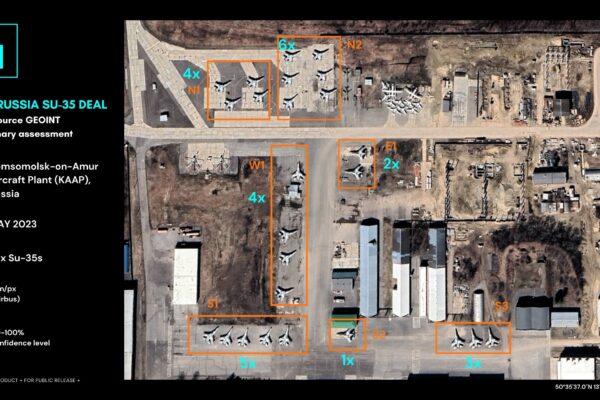


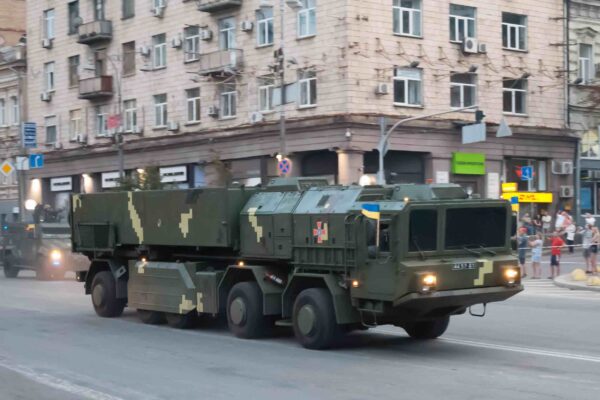
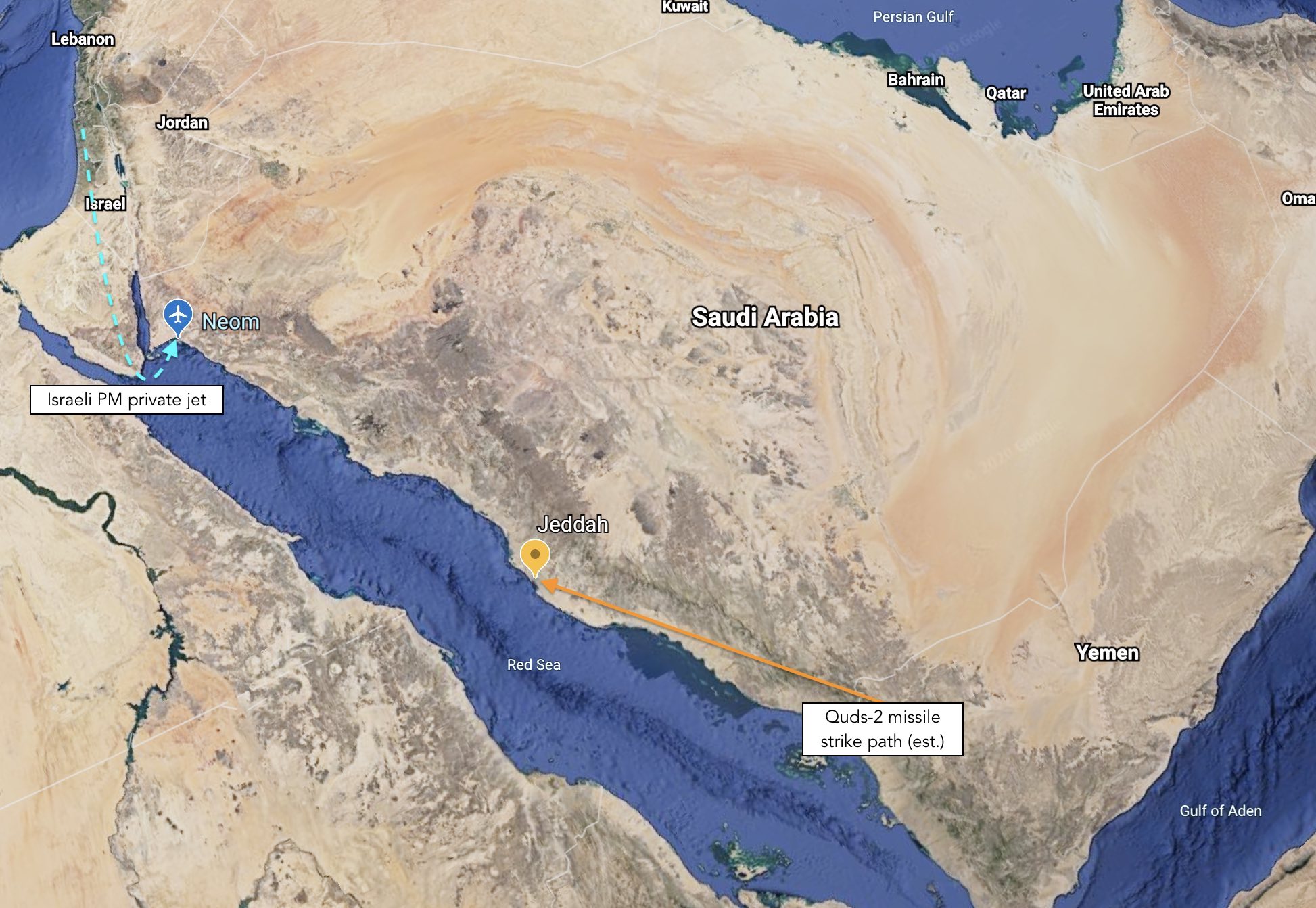


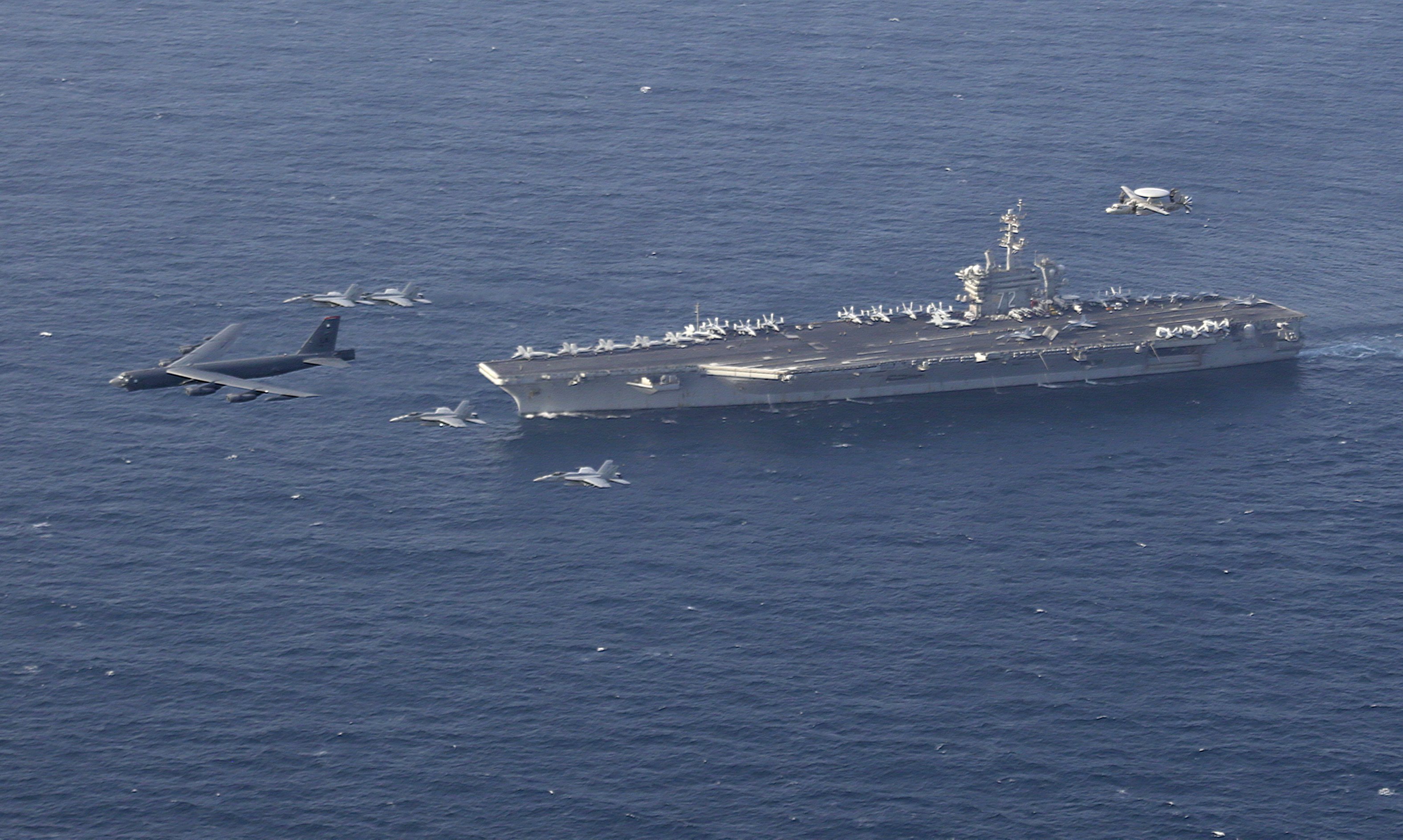
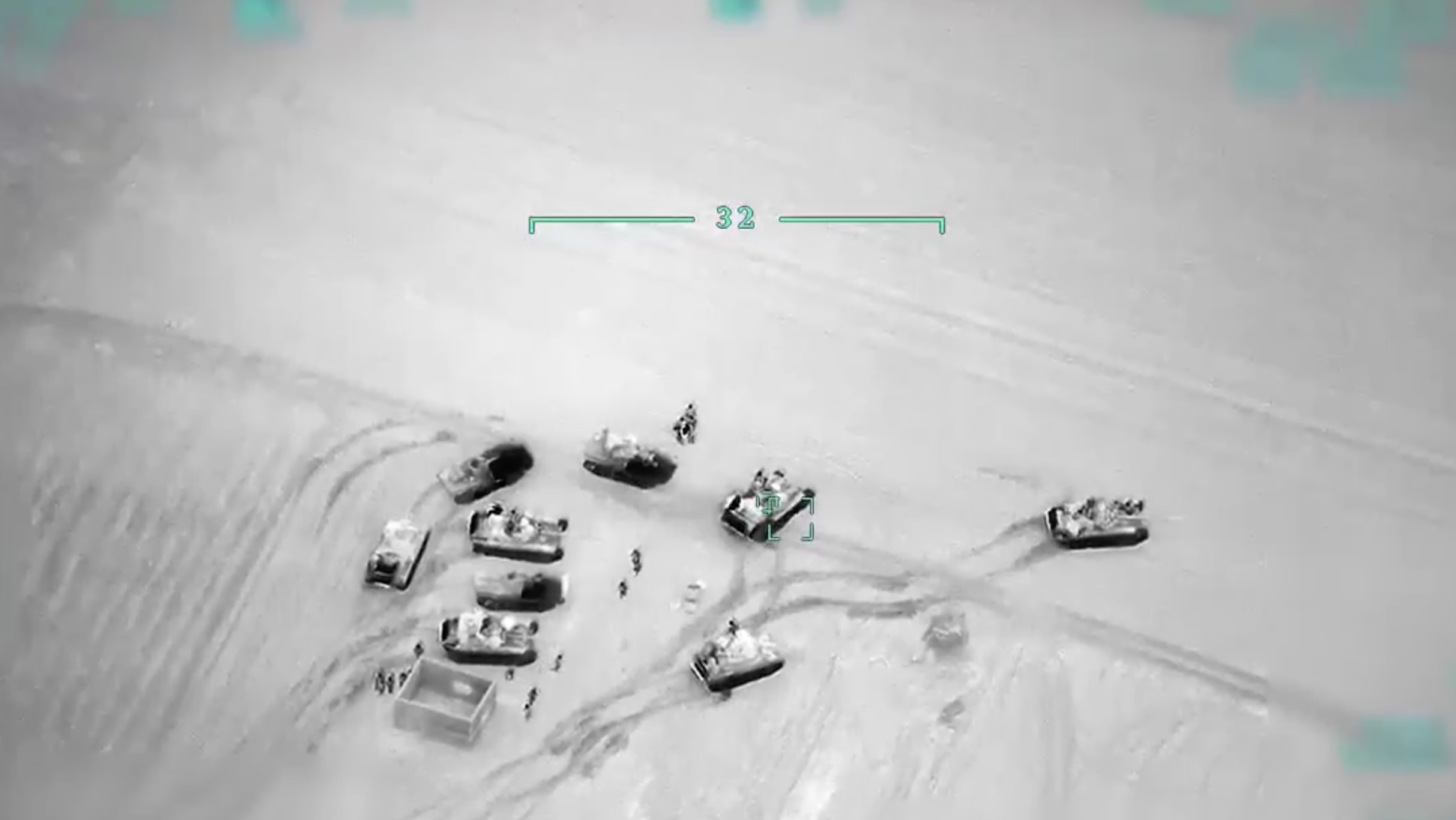
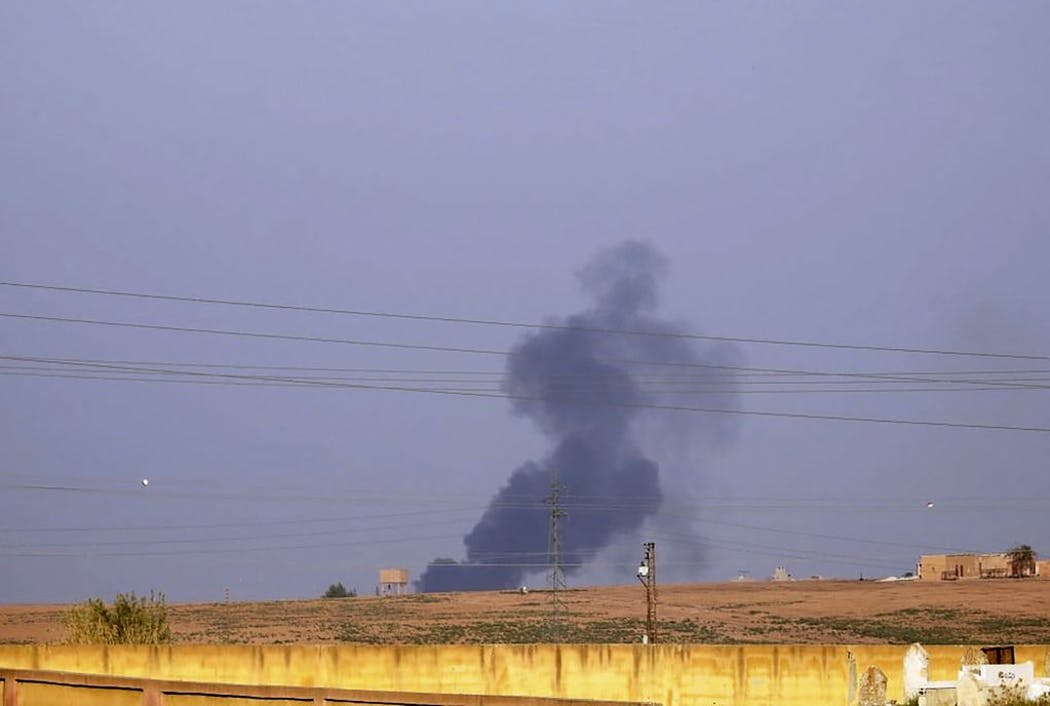
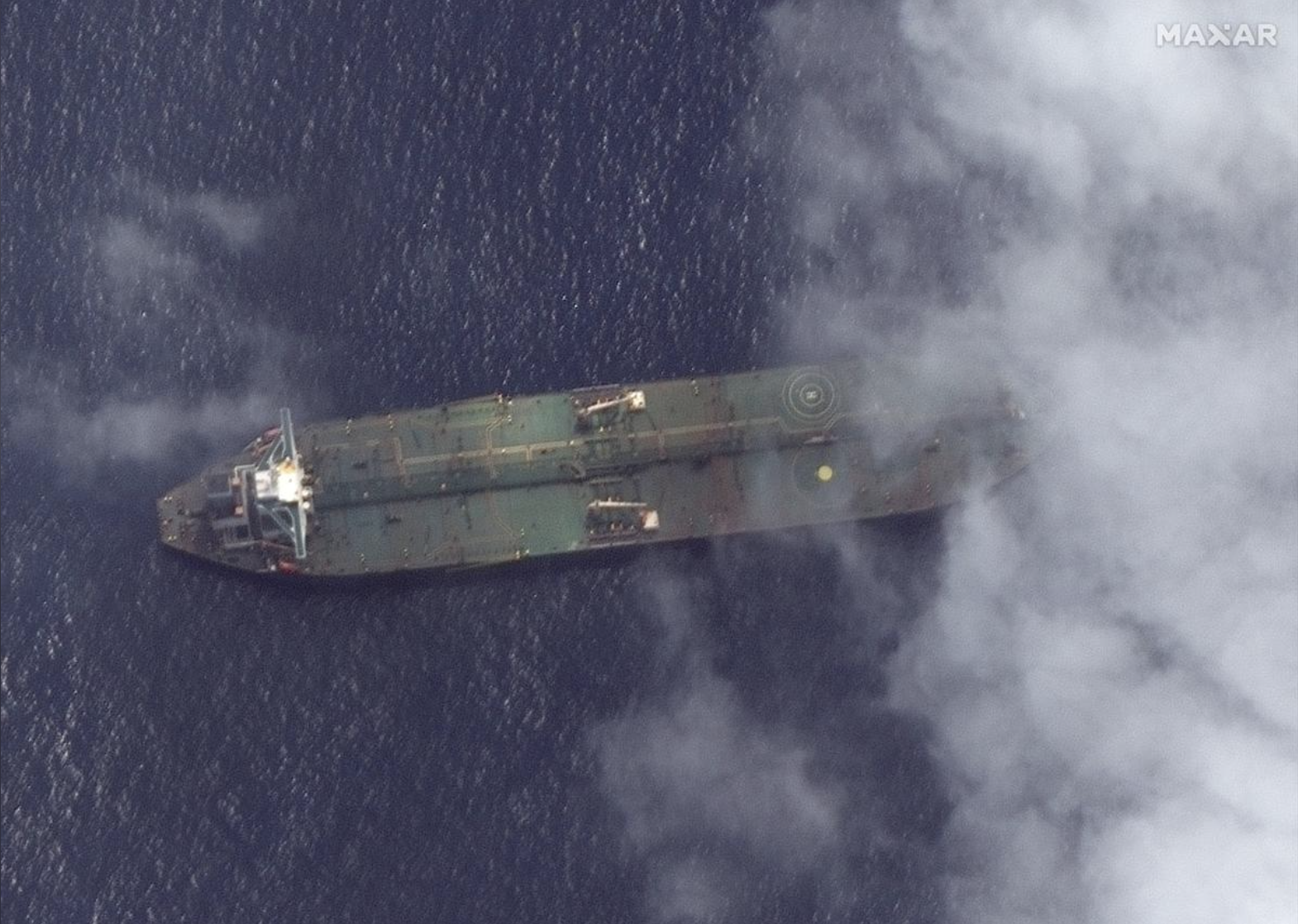
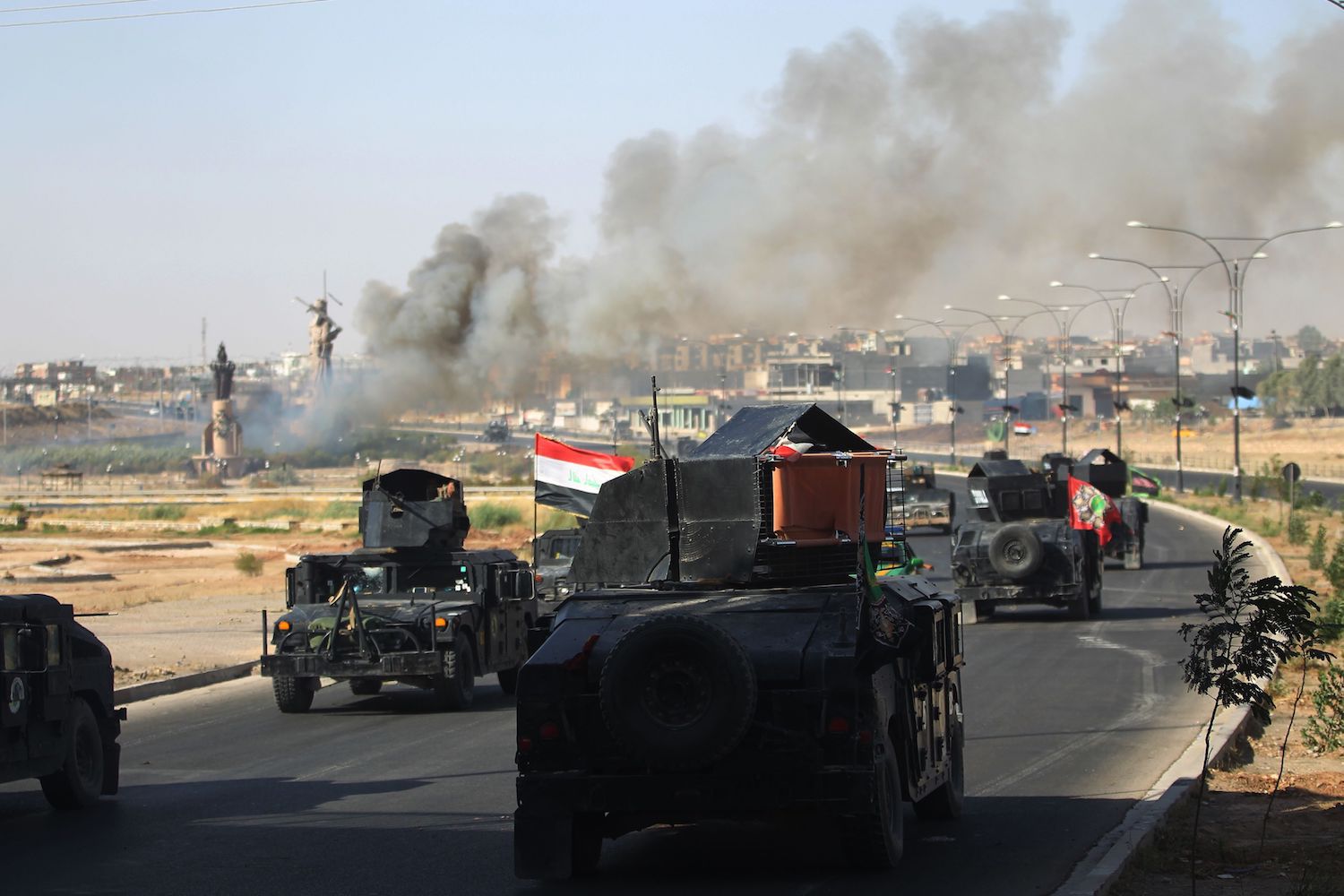
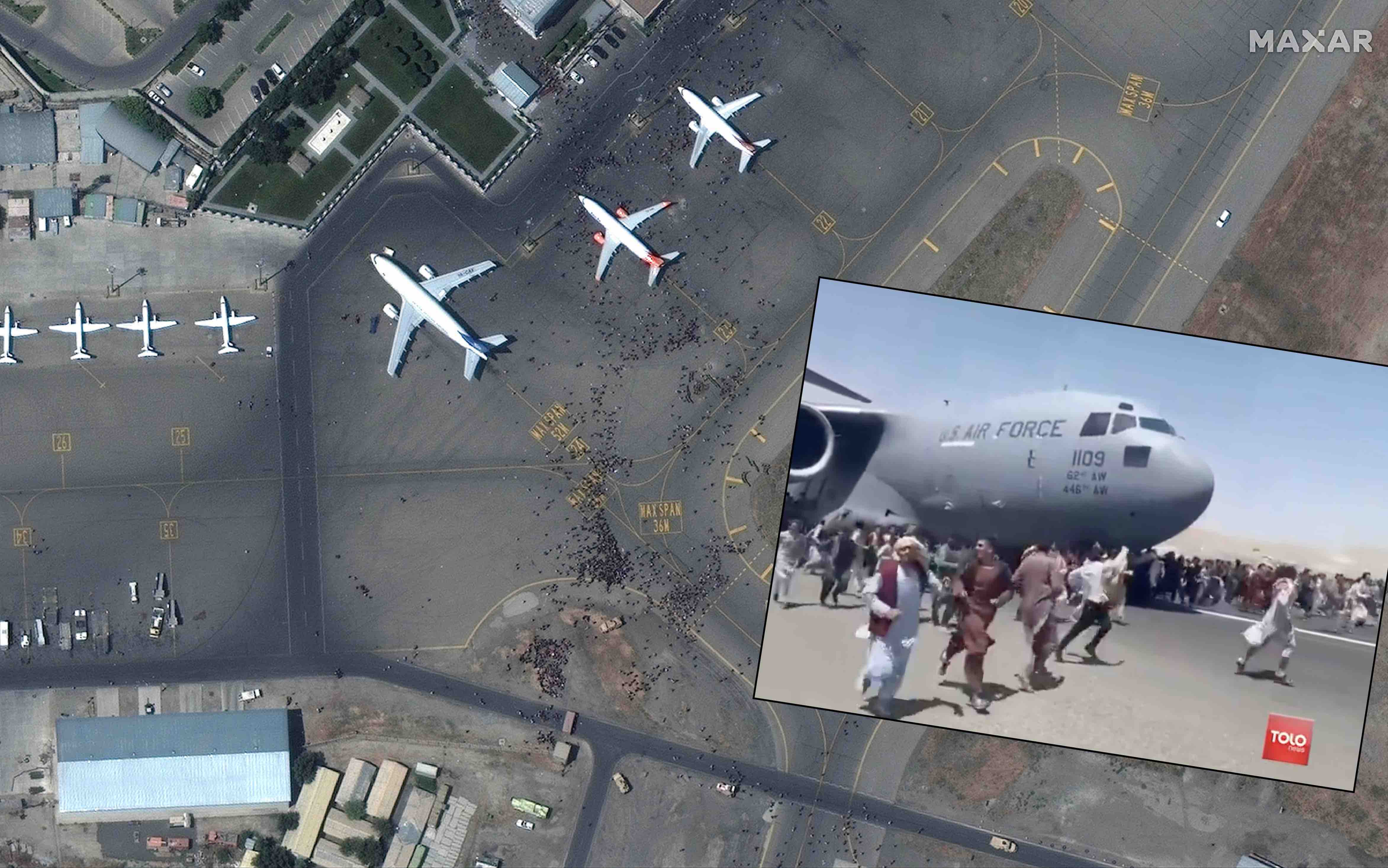
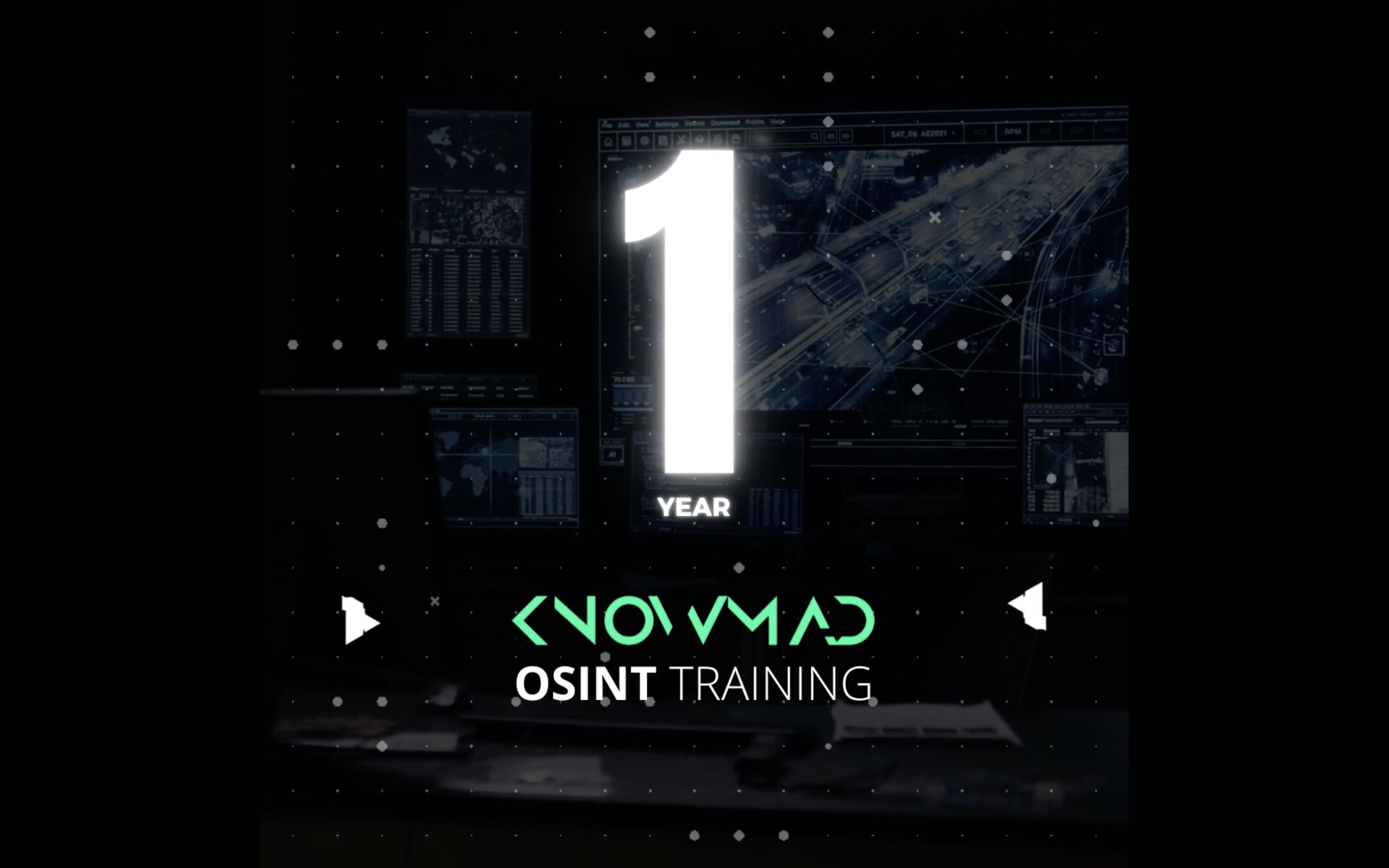

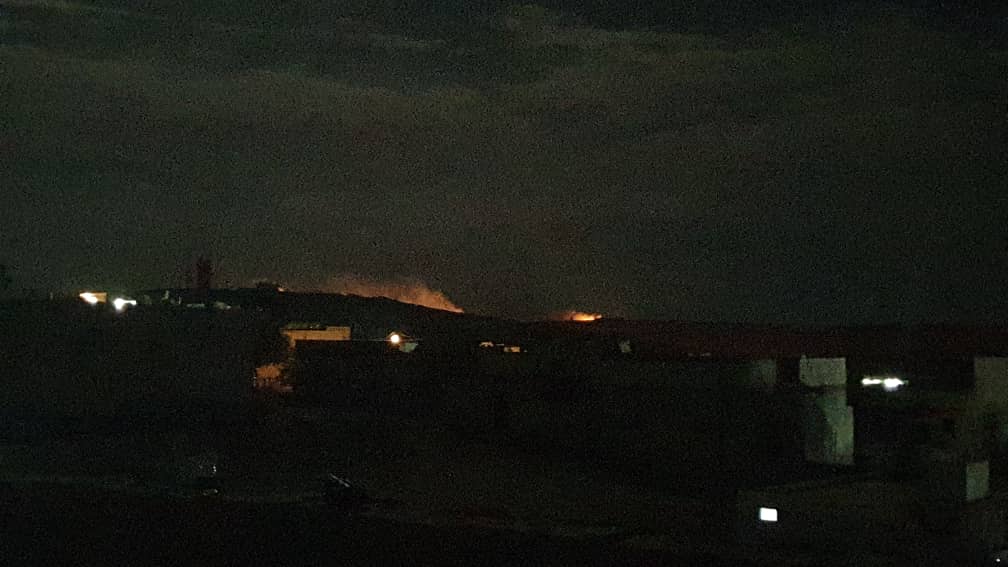
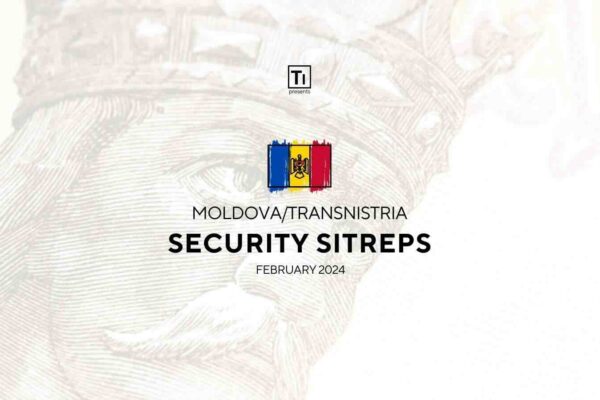
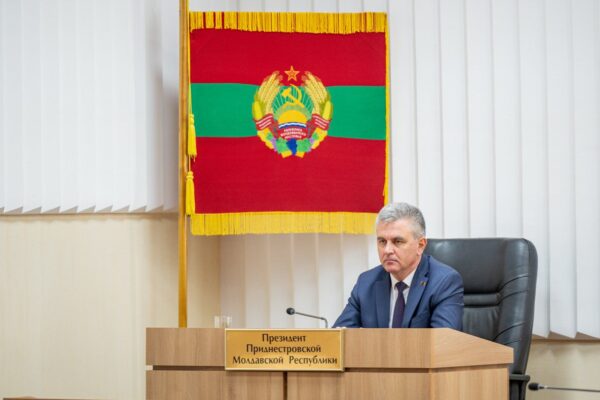
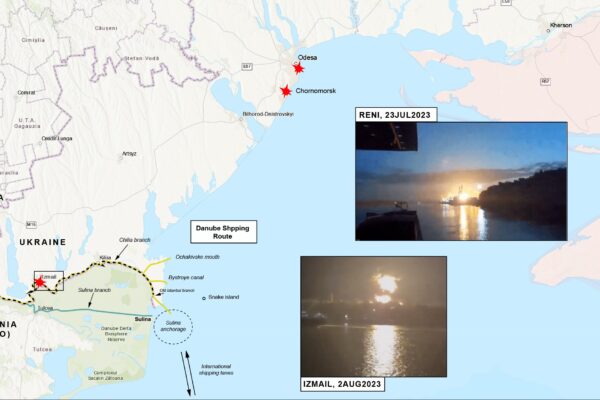
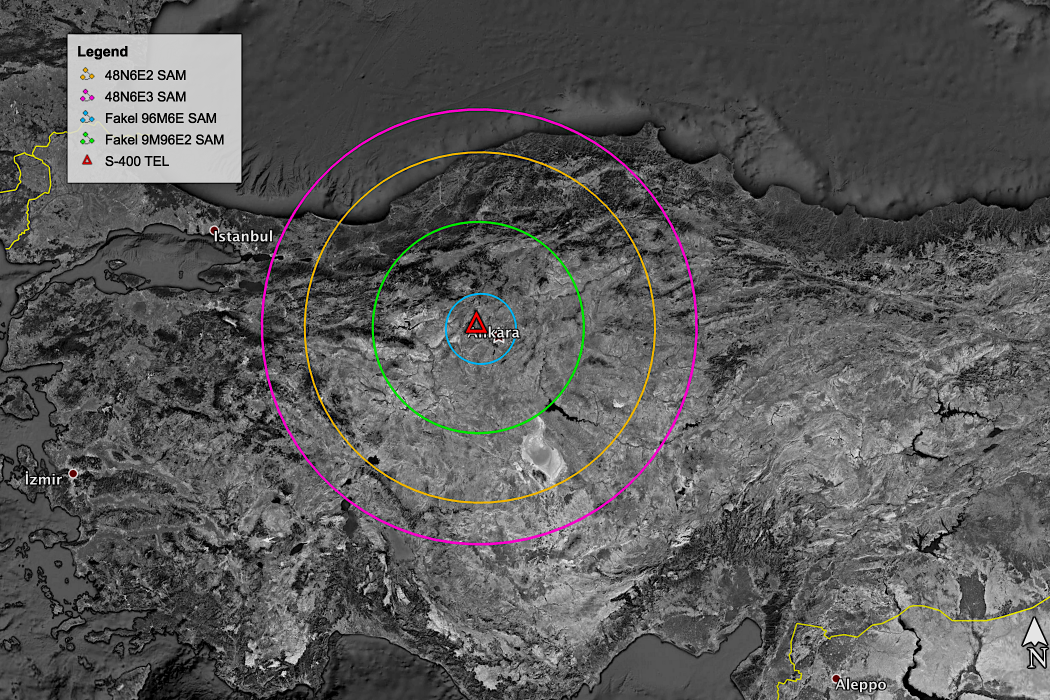
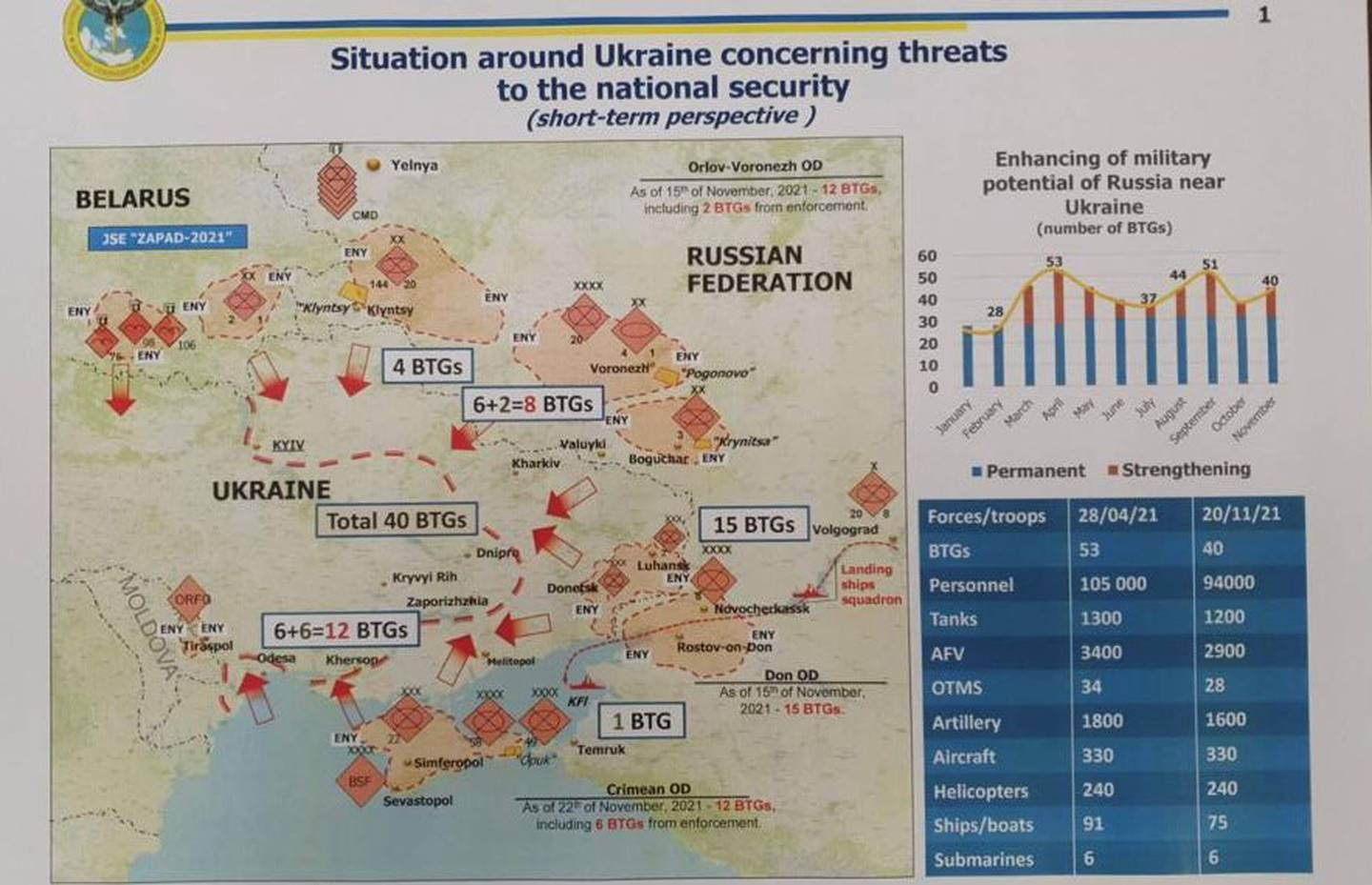
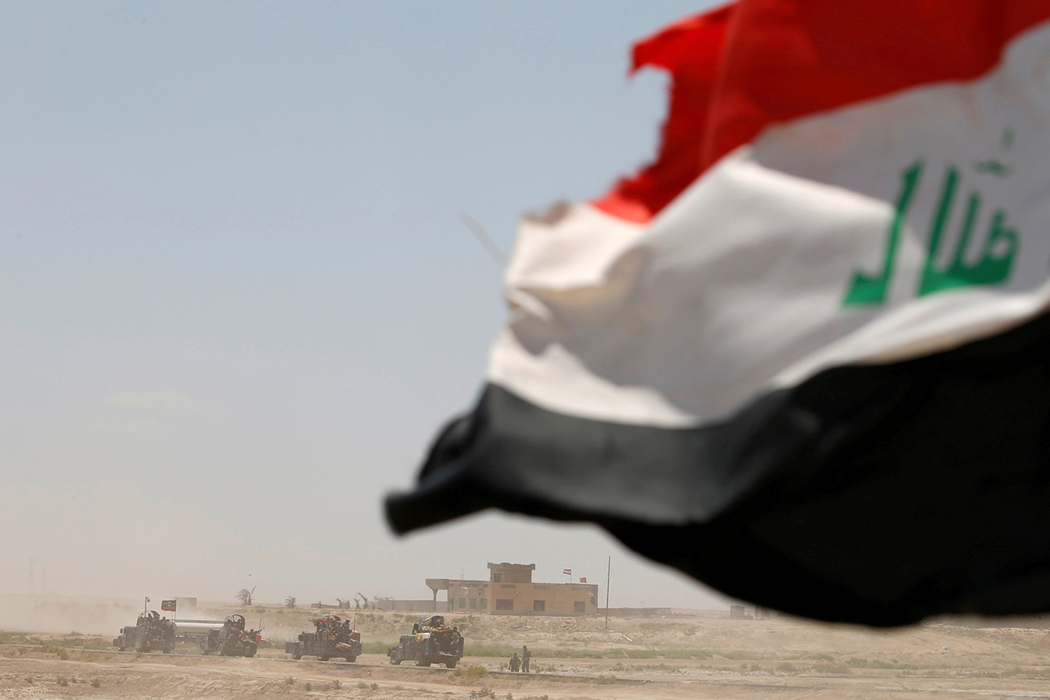
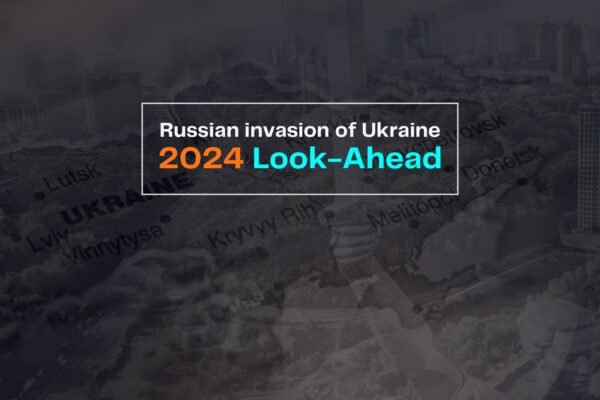

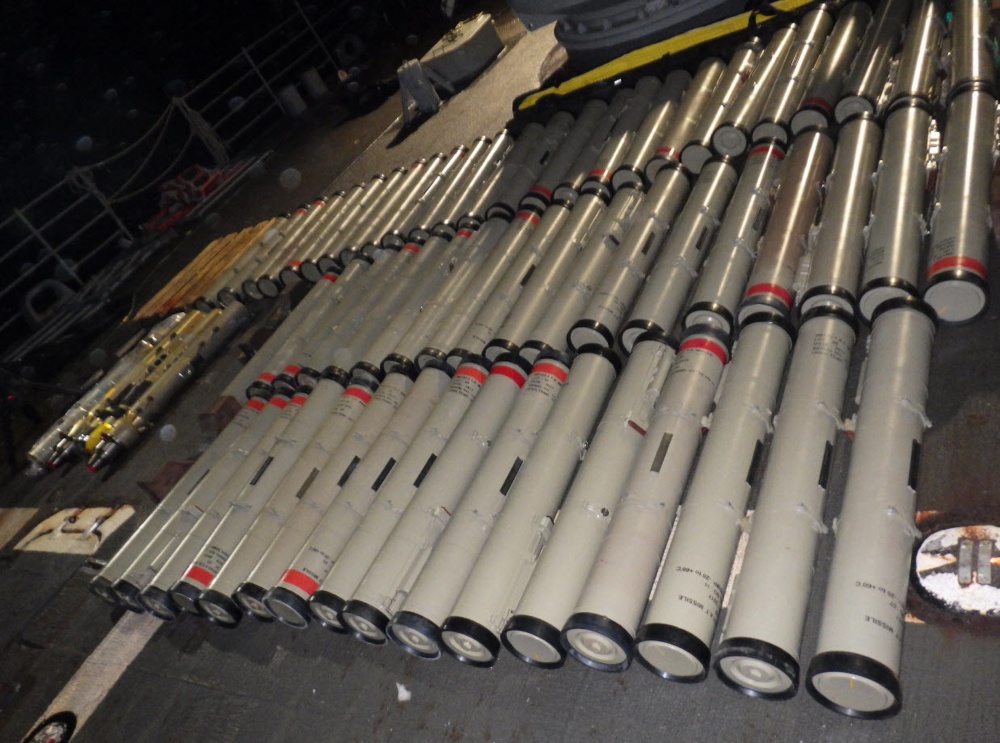
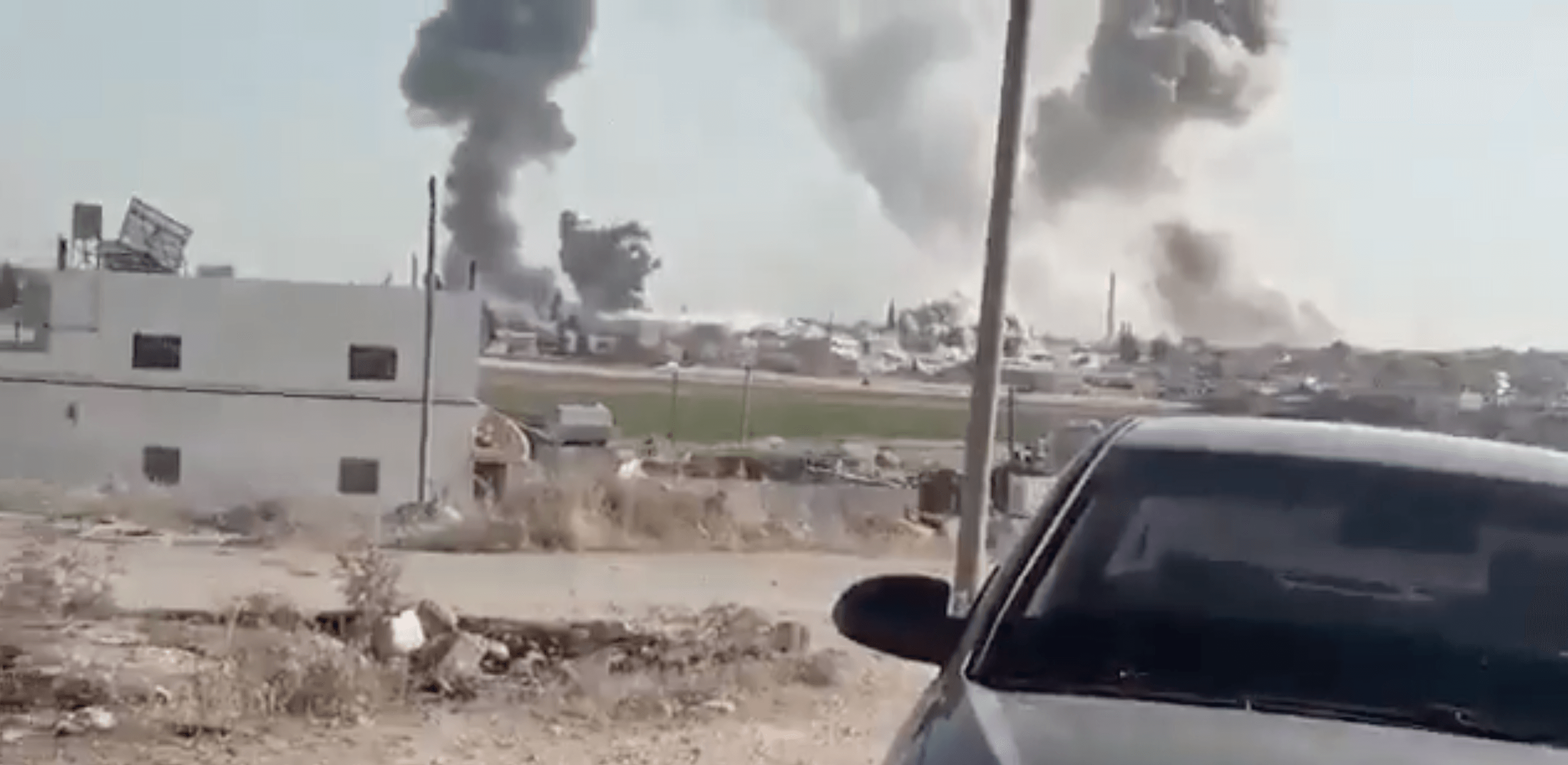
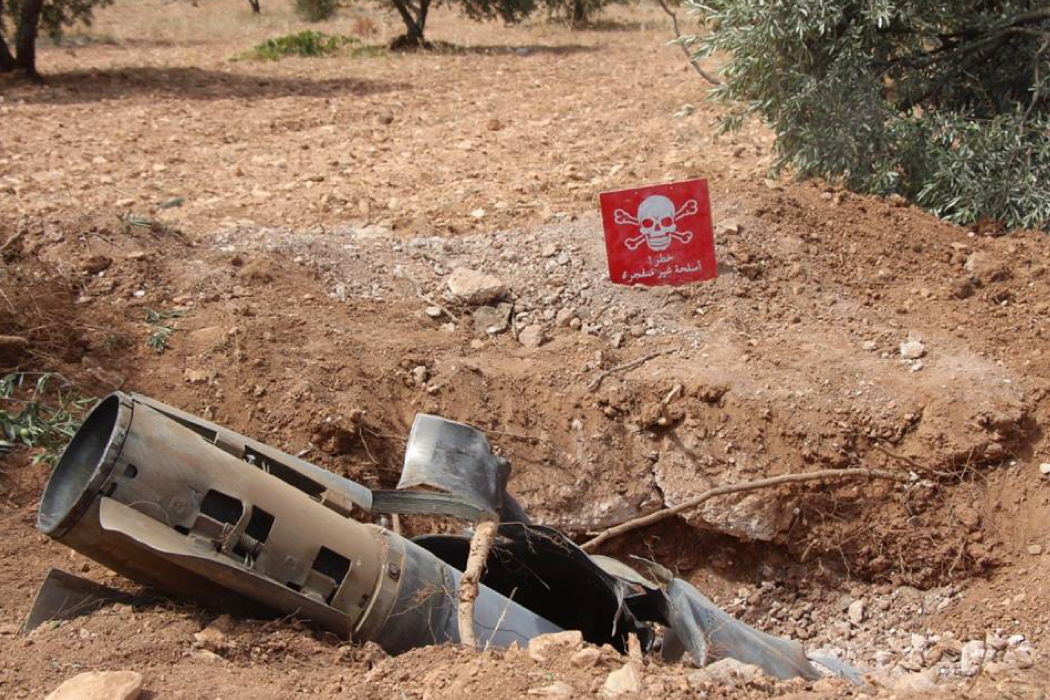
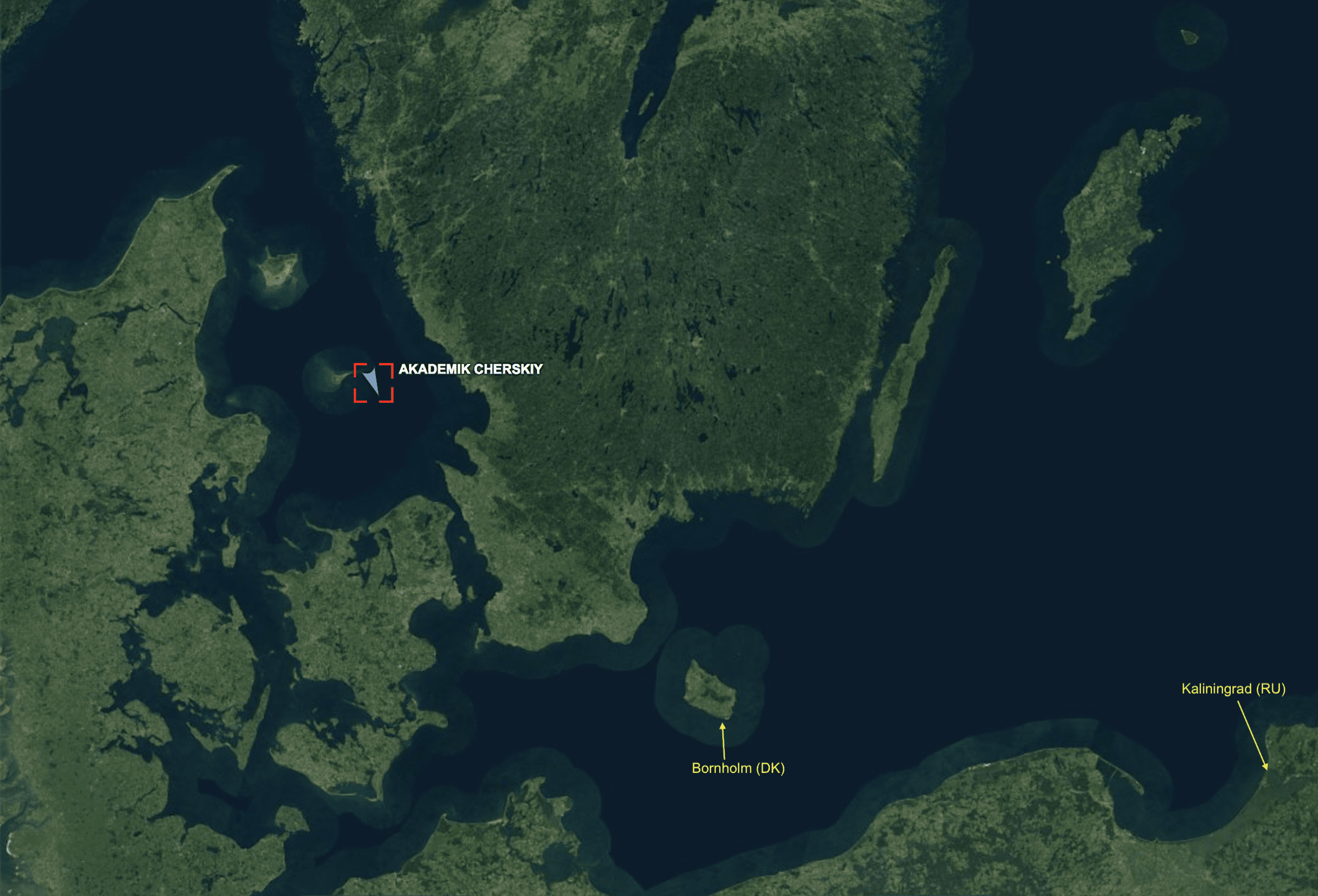

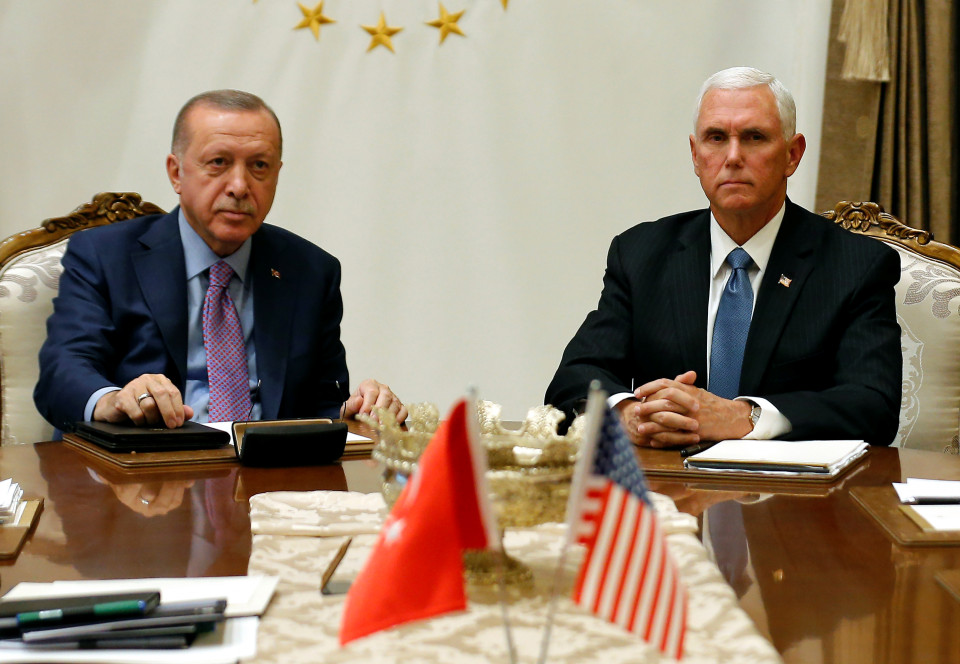

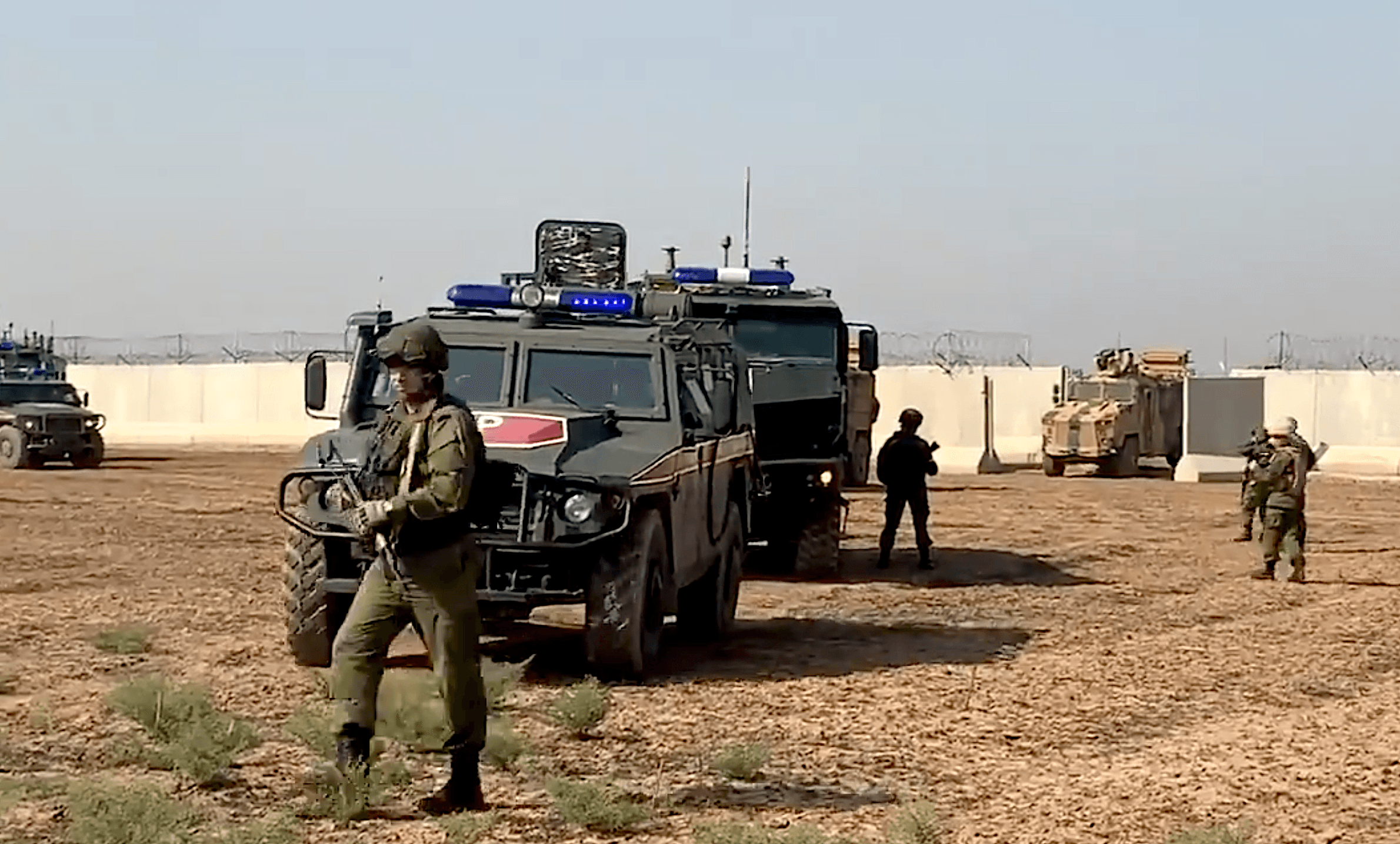


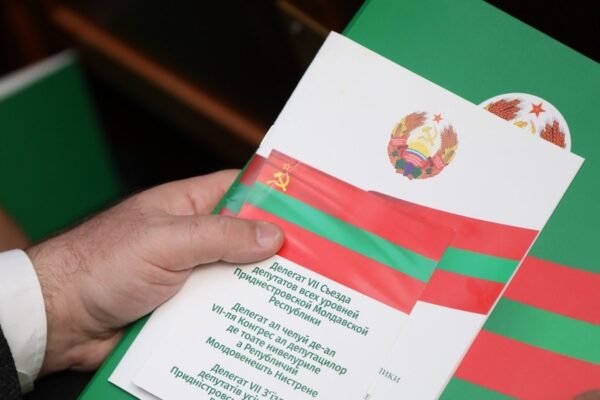
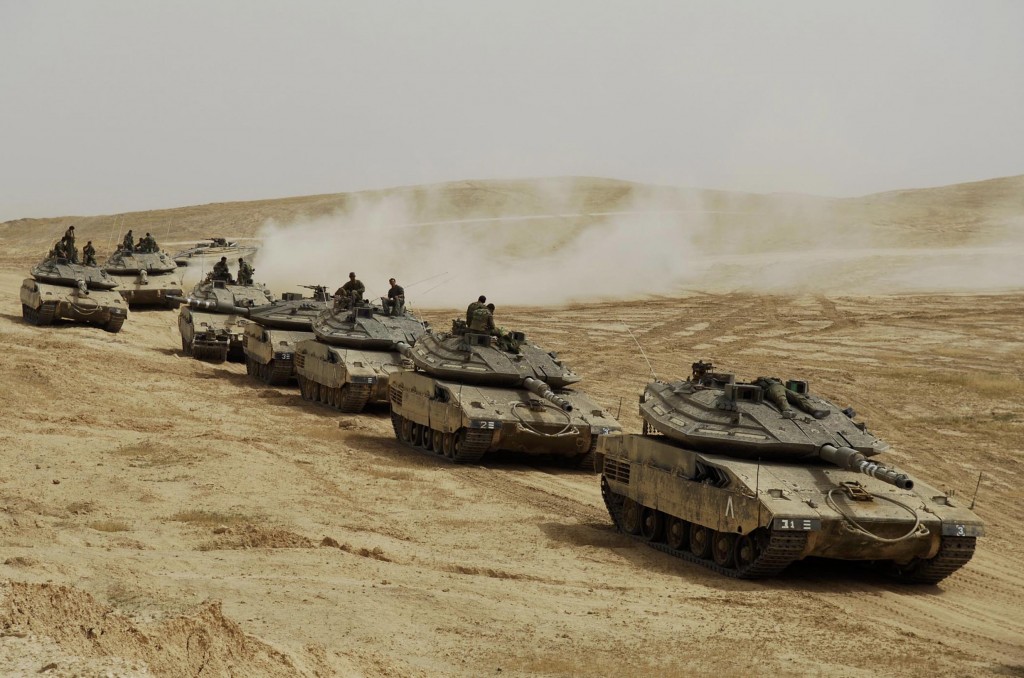
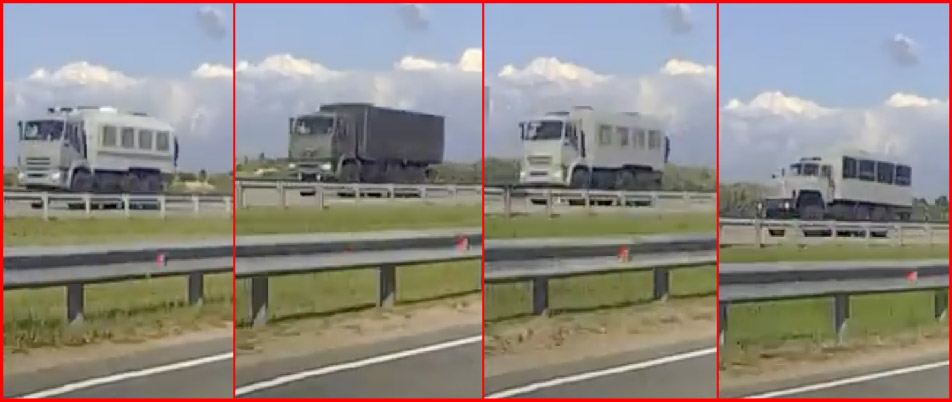
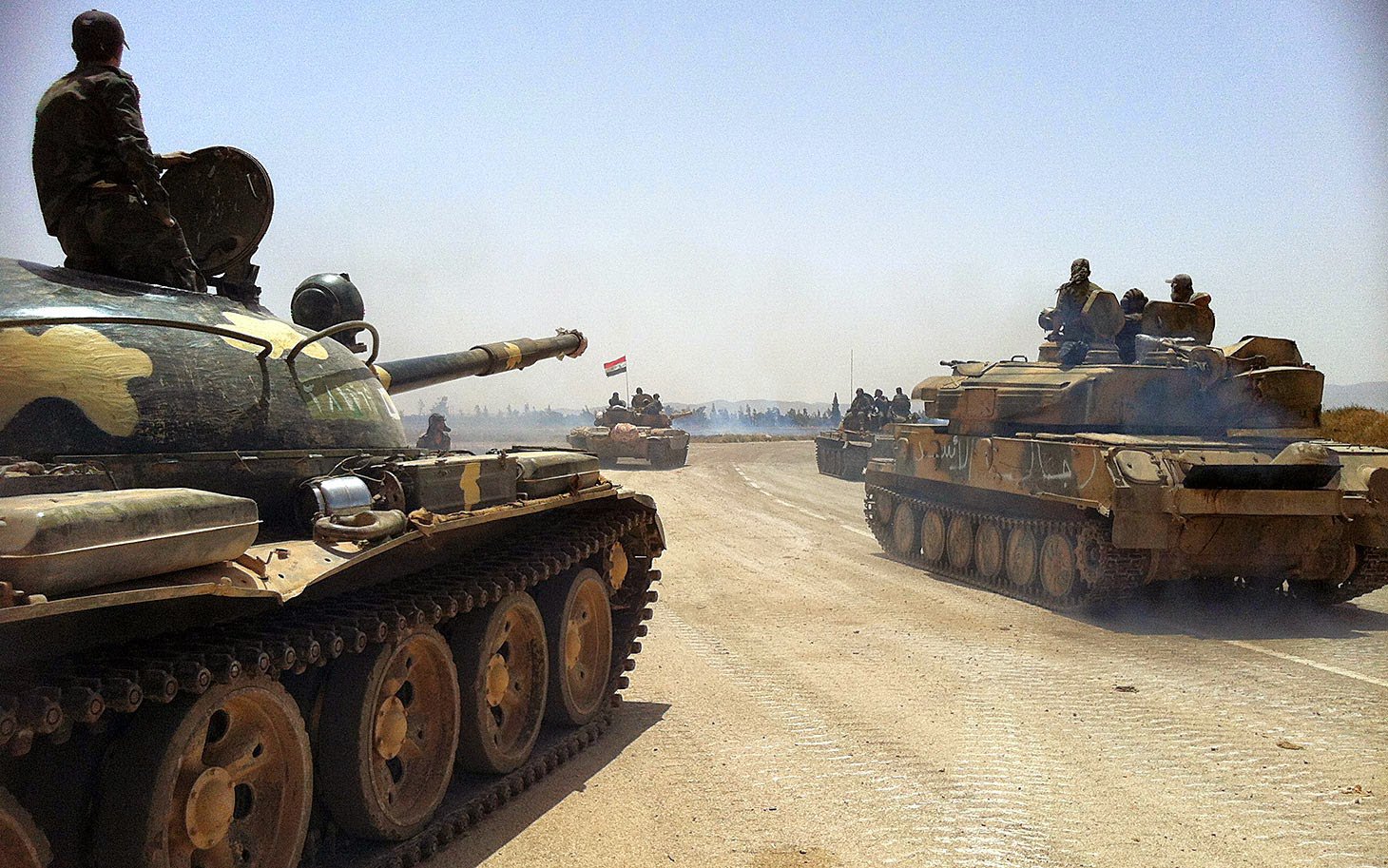
![This is How Iran Bombed Saudi Arabia [PRELIMINARY ASSESSMENT]](https://t-intell.com/wp-content/uploads/2019/09/map4cover-01-compressor.png)


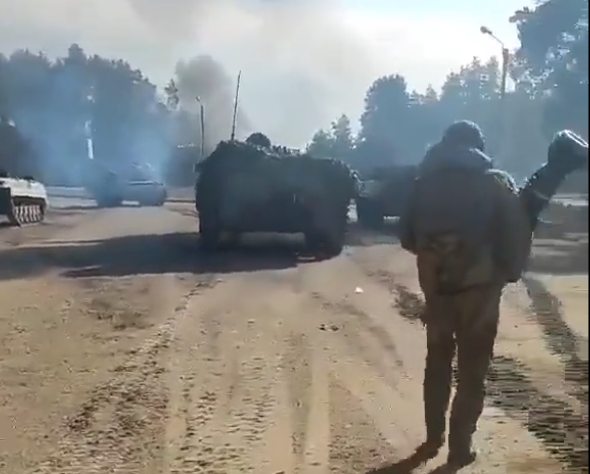
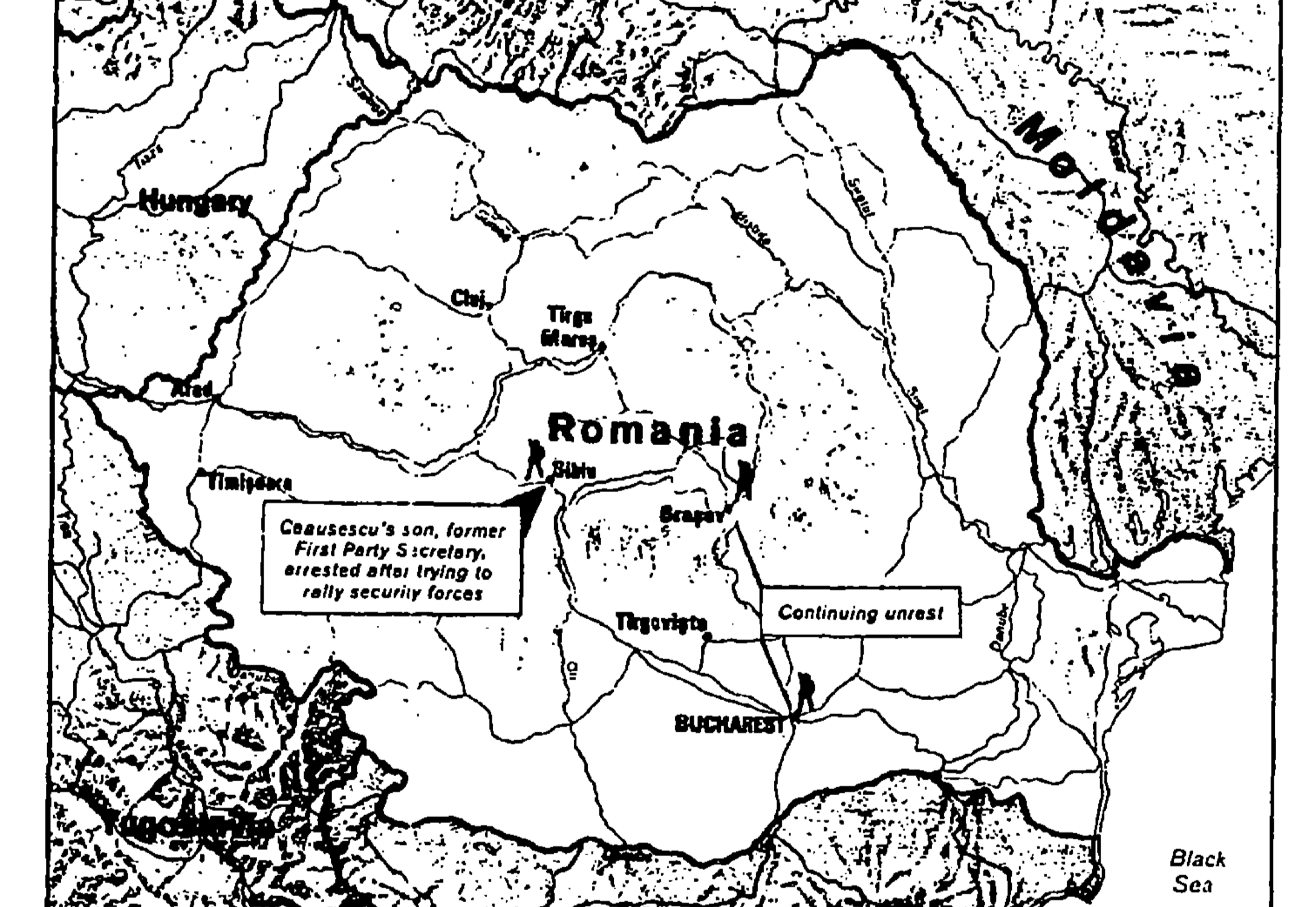
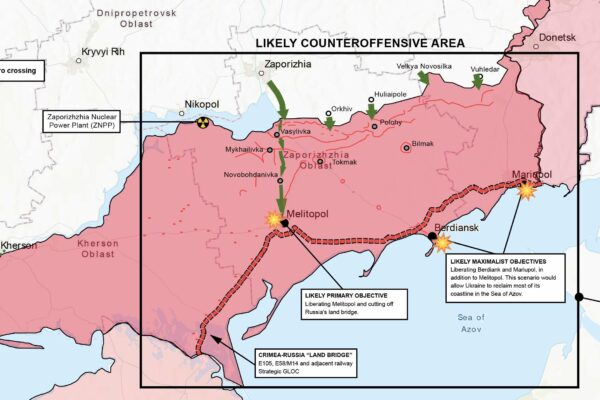
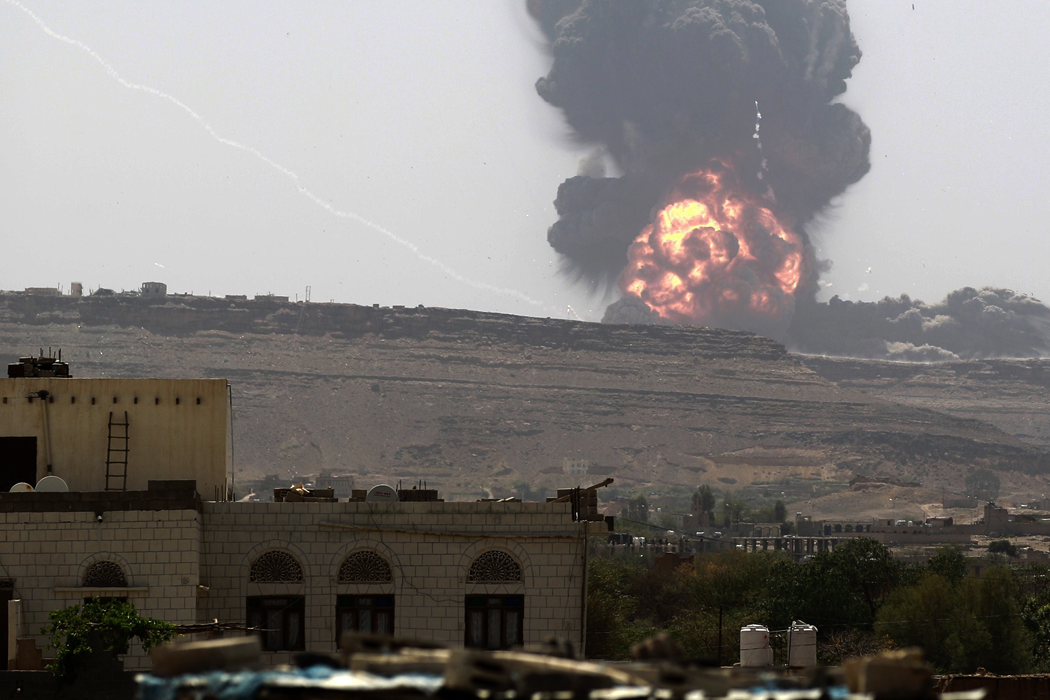
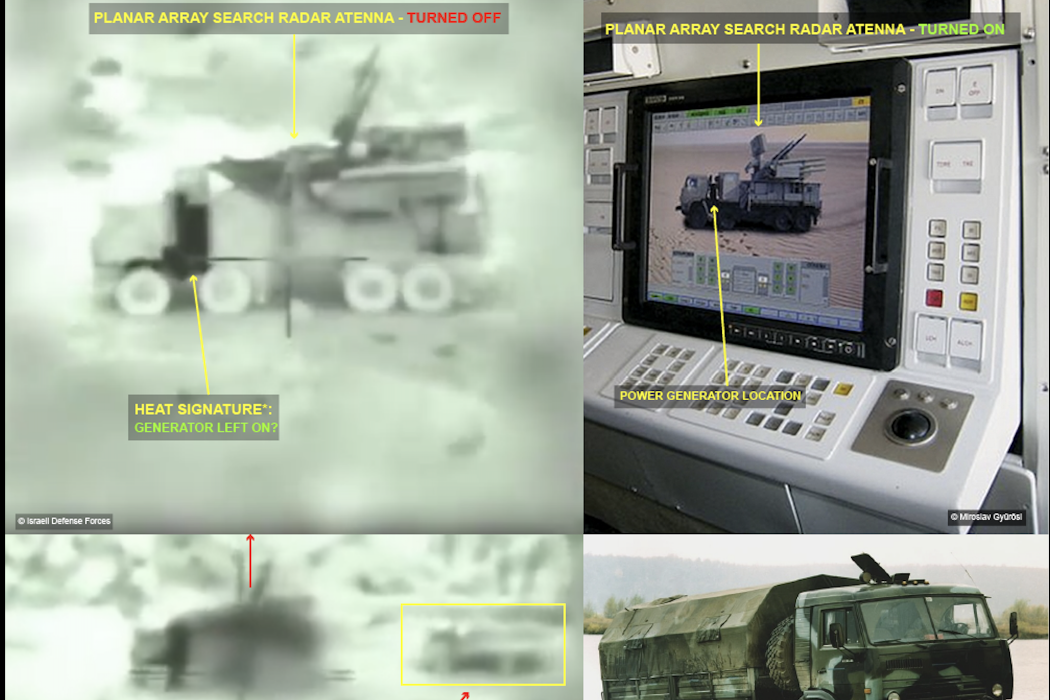
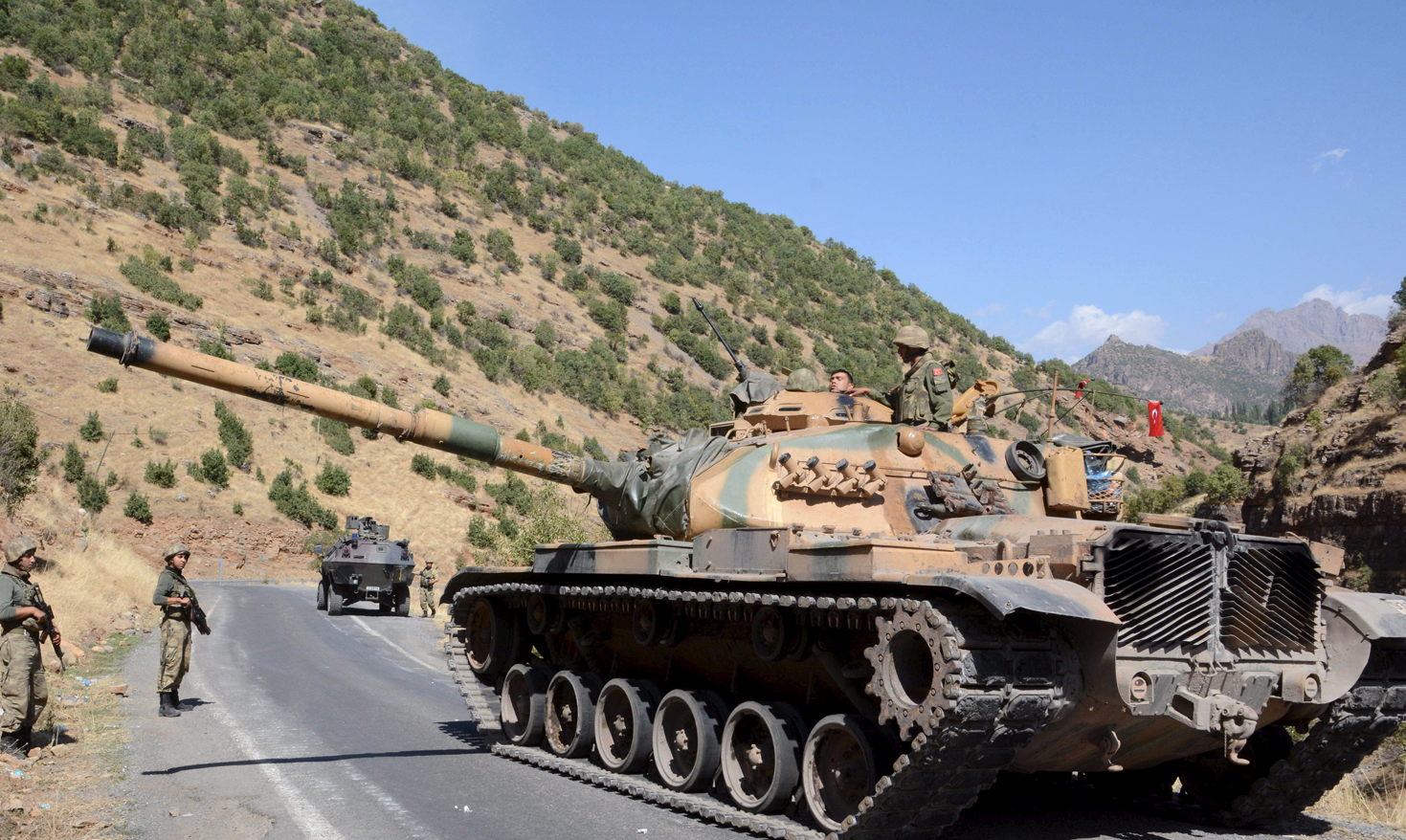
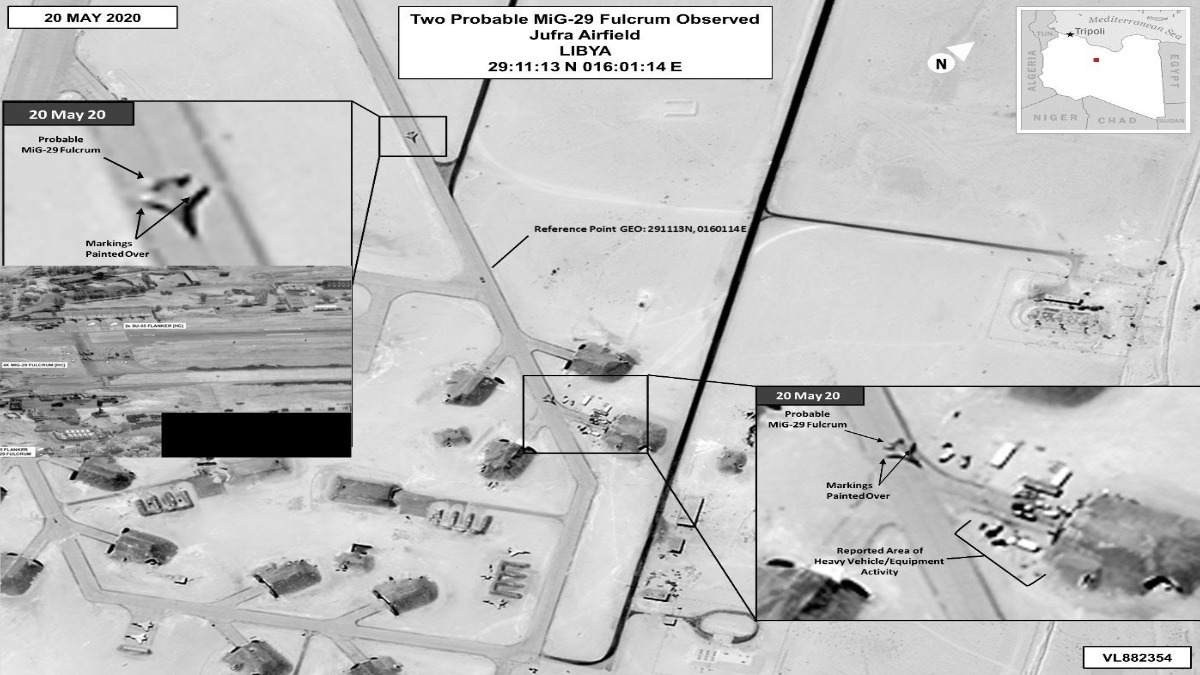
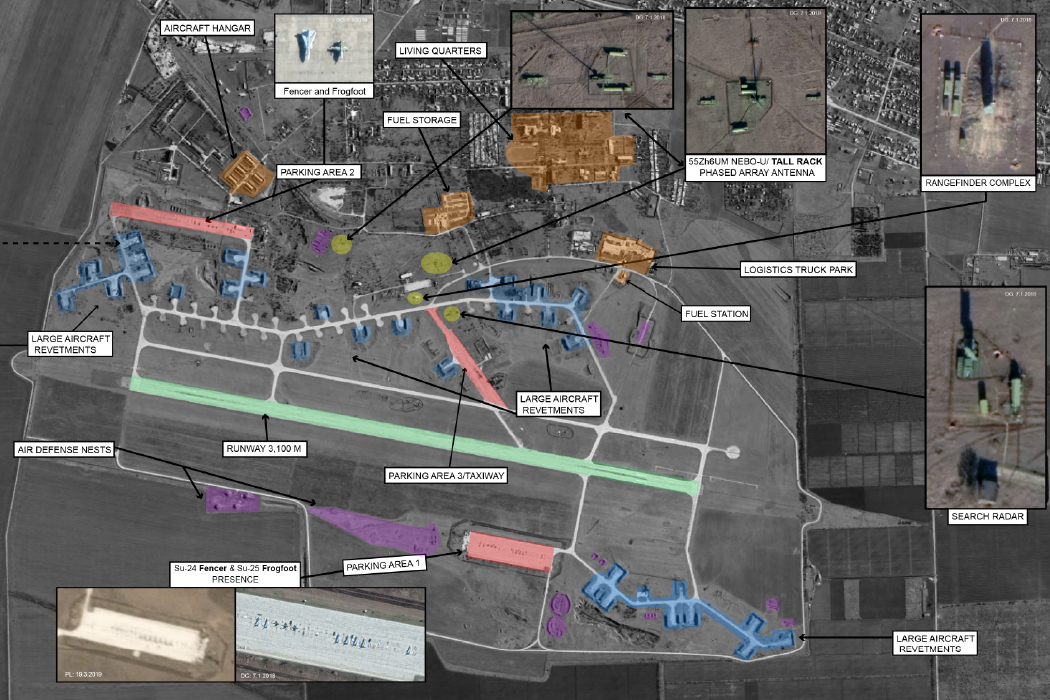
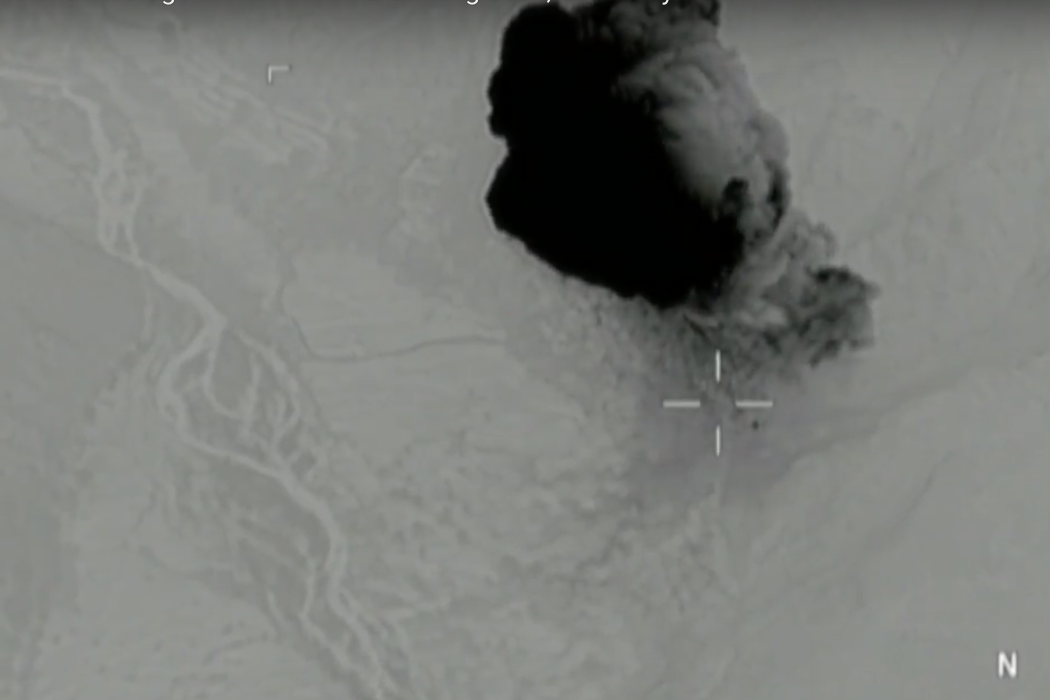
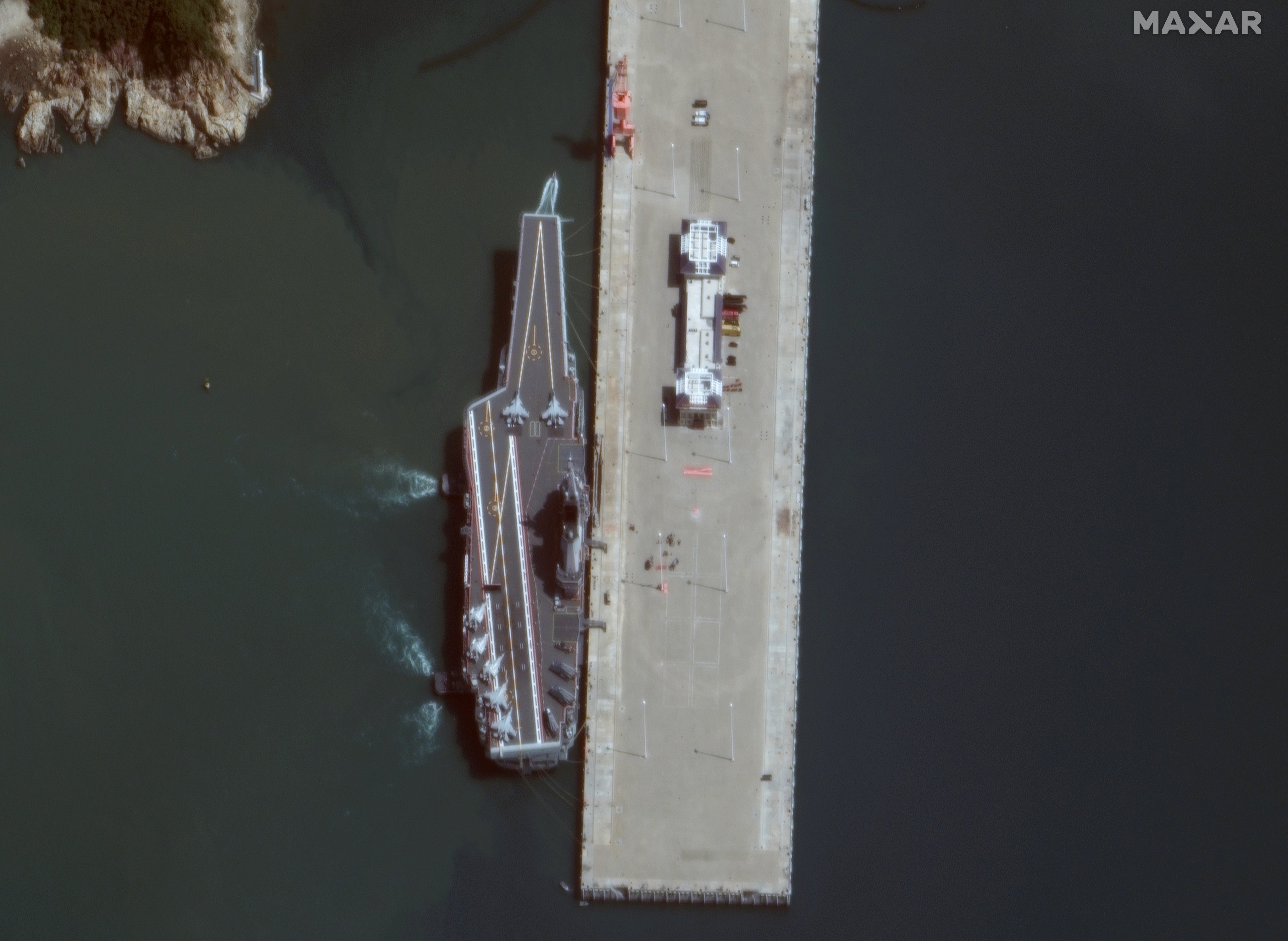
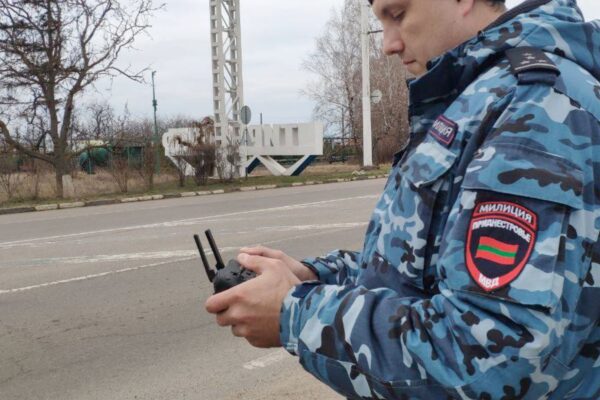
![Evacuation “Shattered Glass”: The US/ Coalition Bases in Syria [Part 1]](https://t-intell.com/wp-content/uploads/2020/02/KLZJan.62018copy_optimized.png)
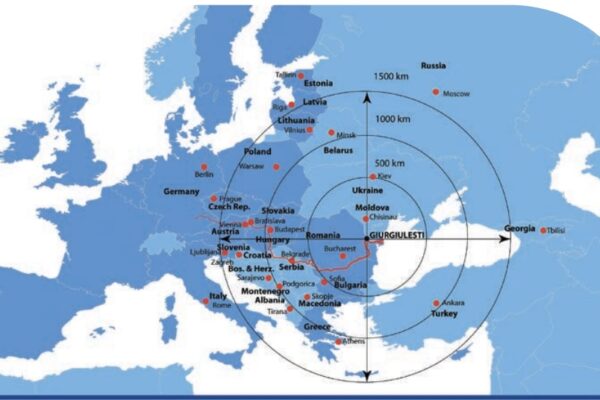
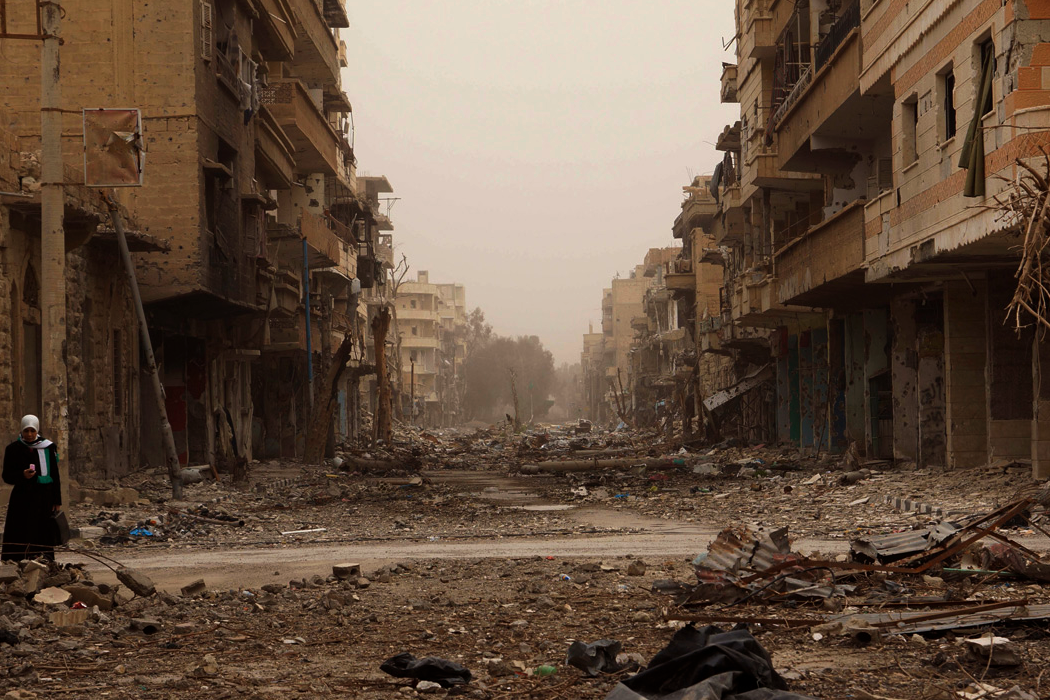
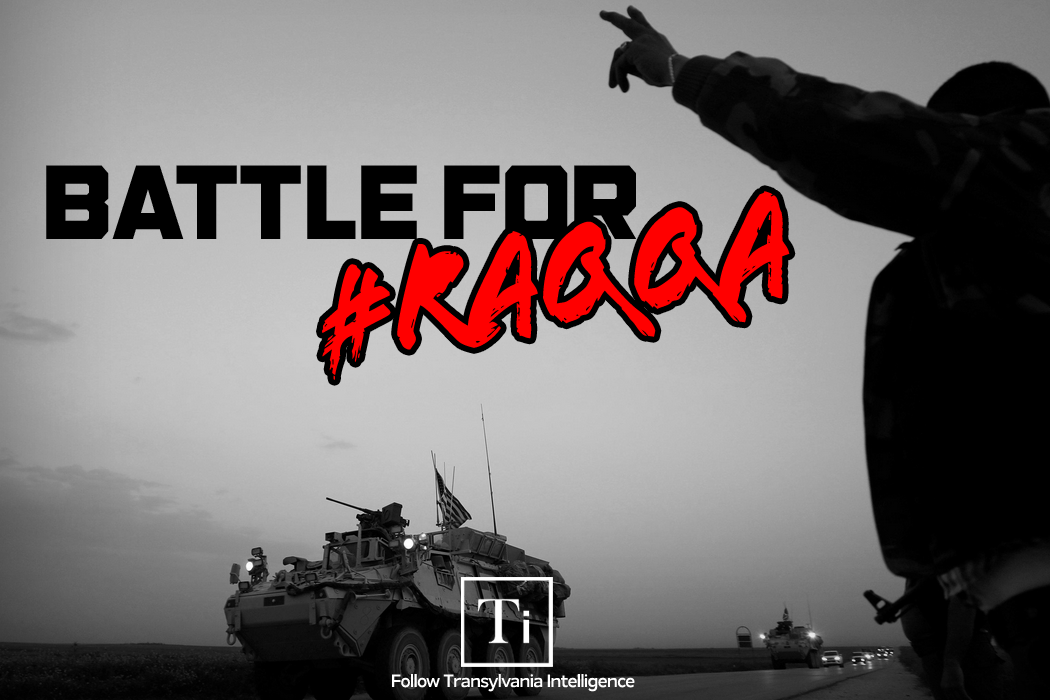
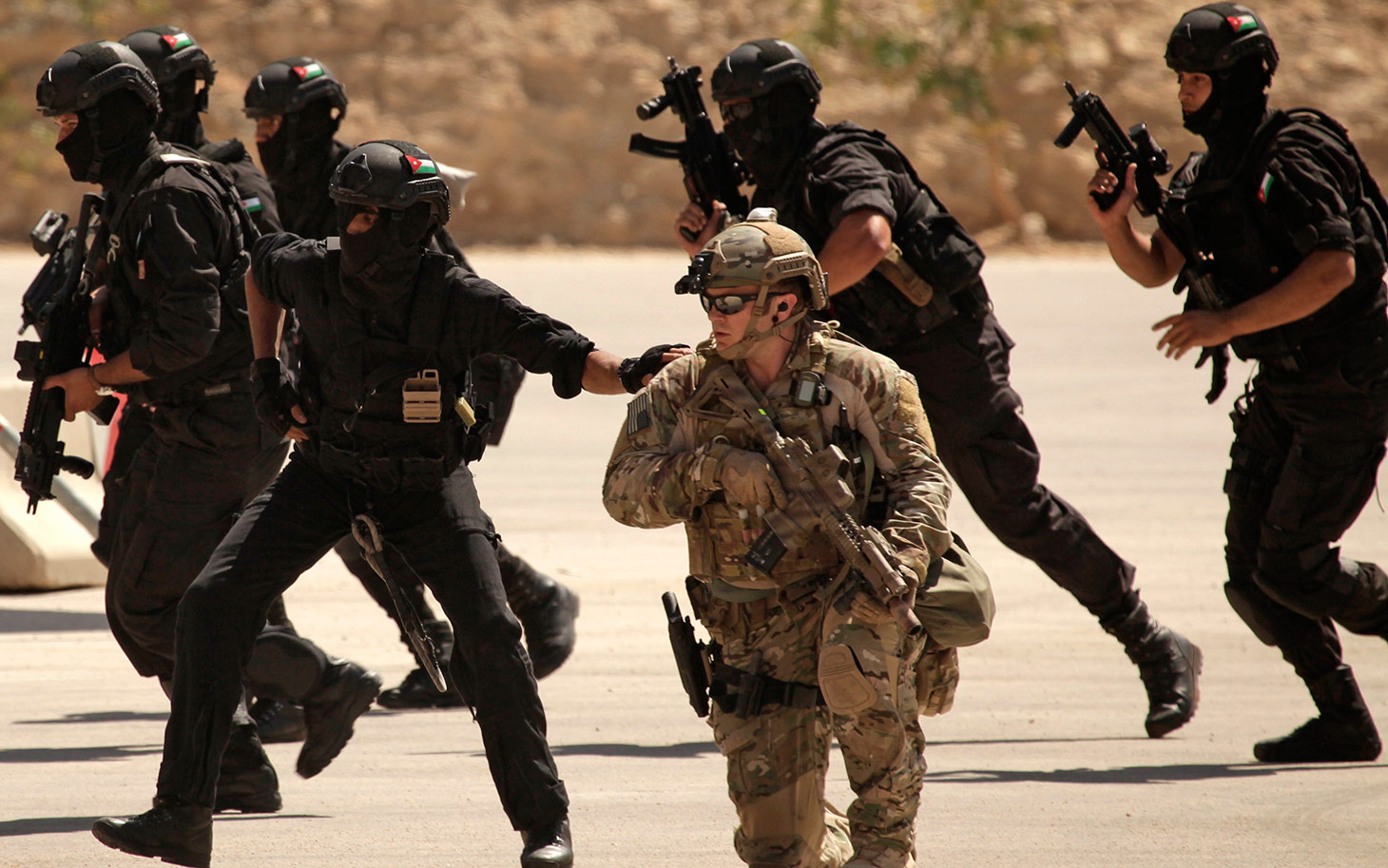
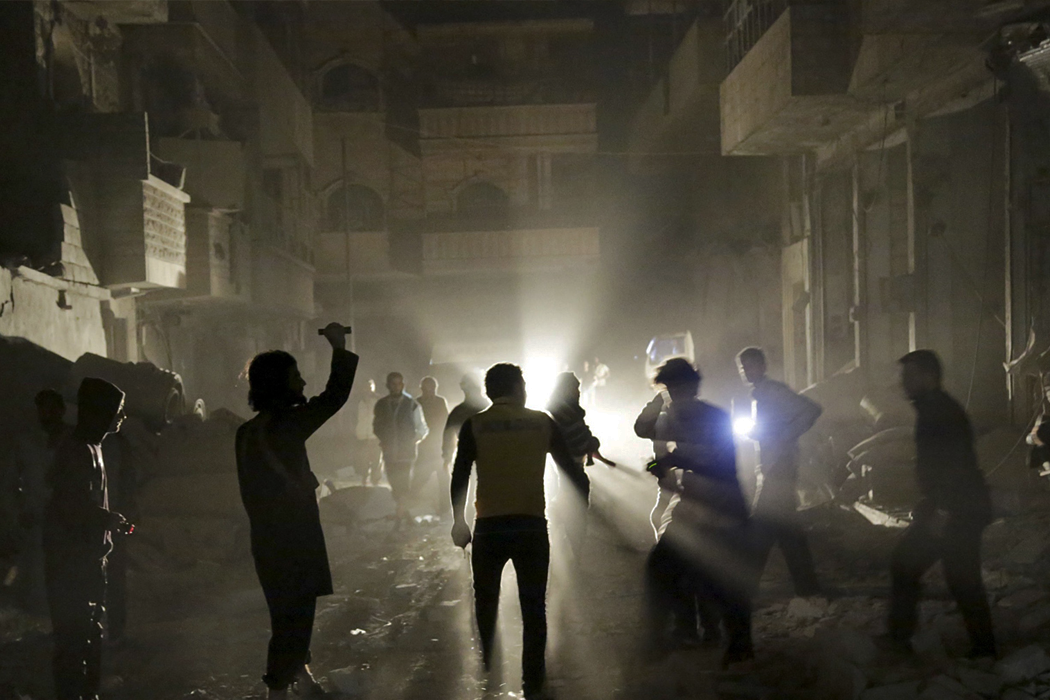
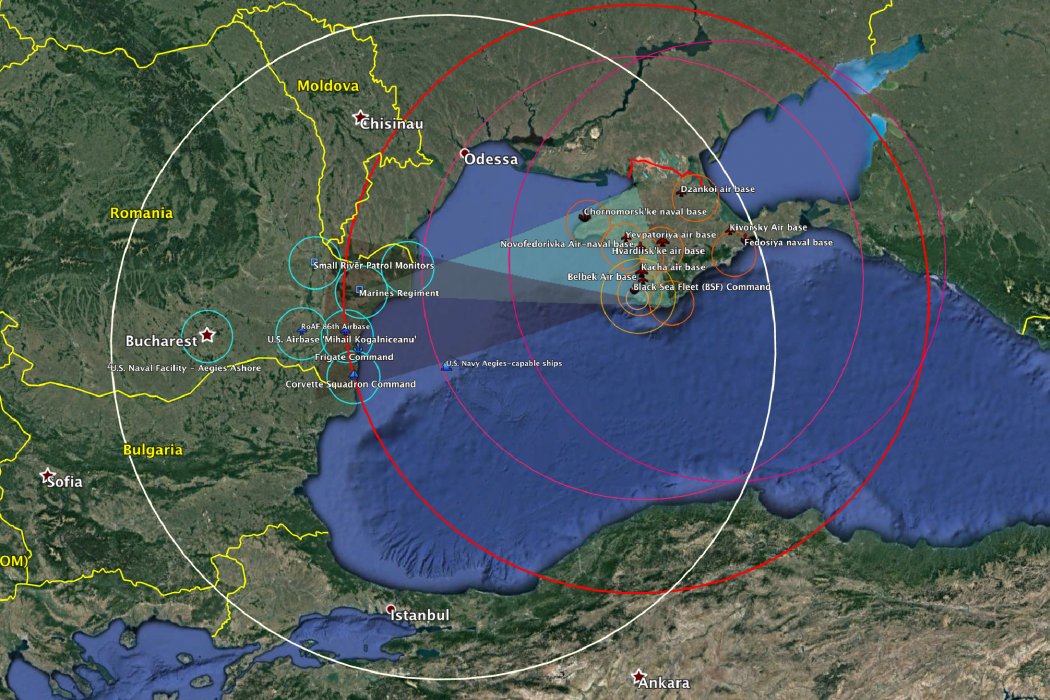
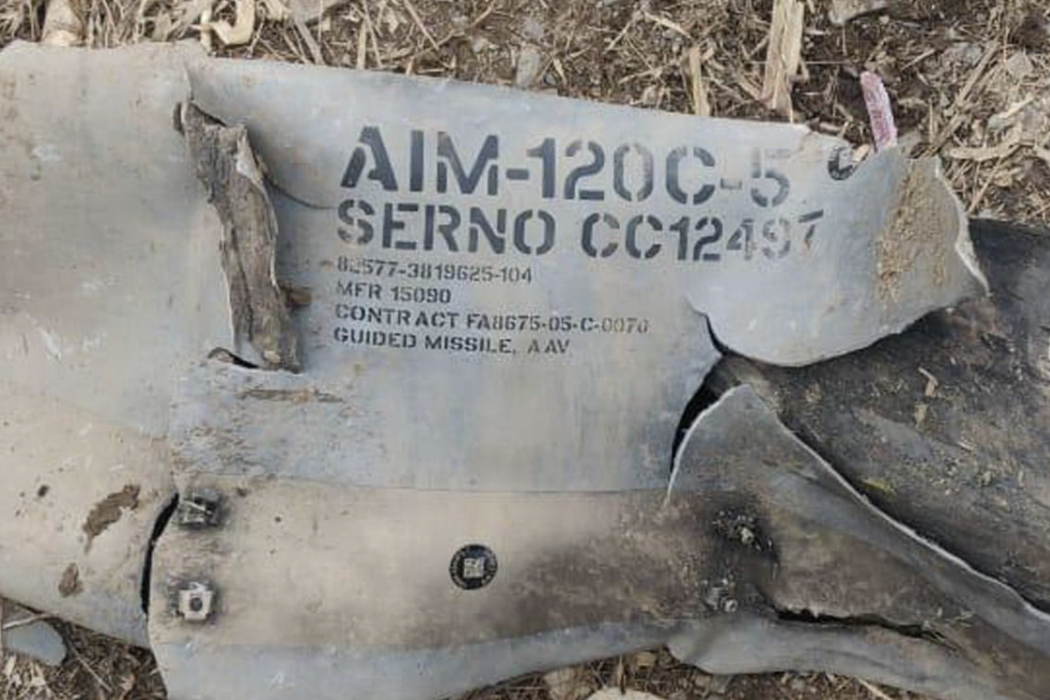
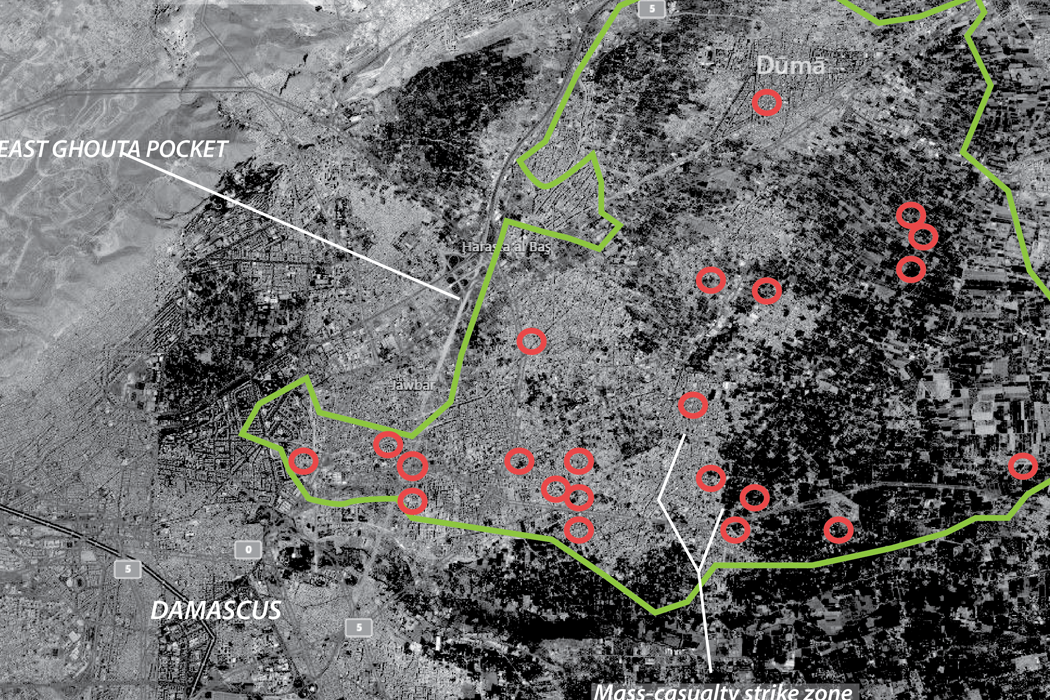
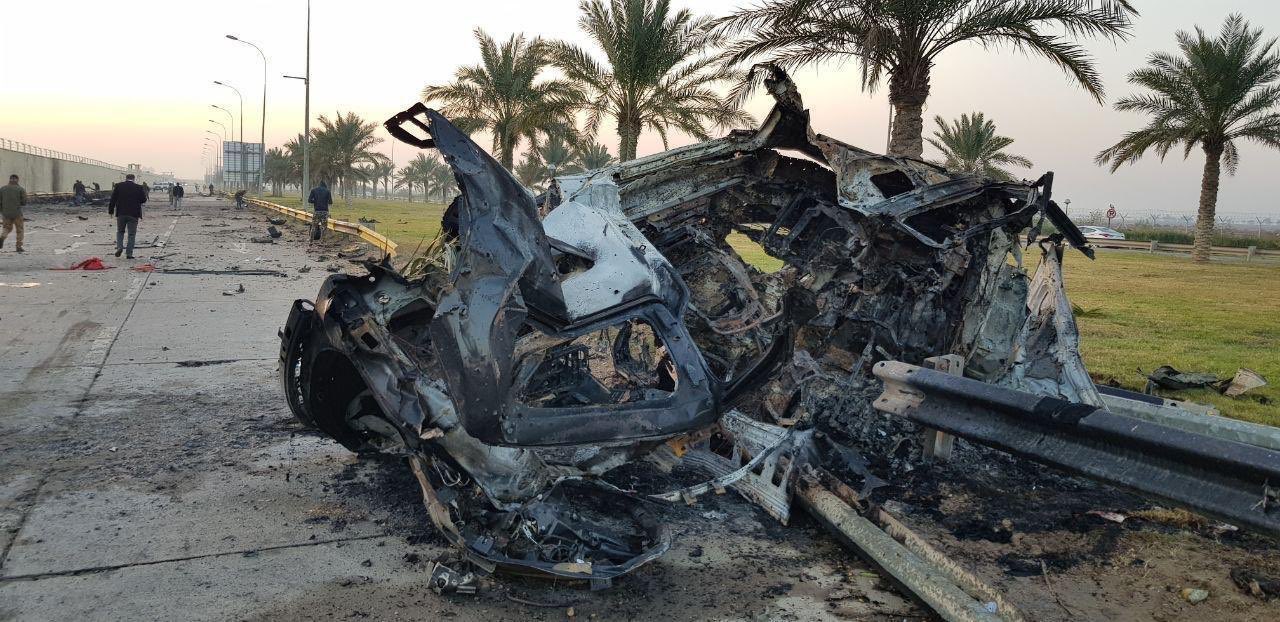
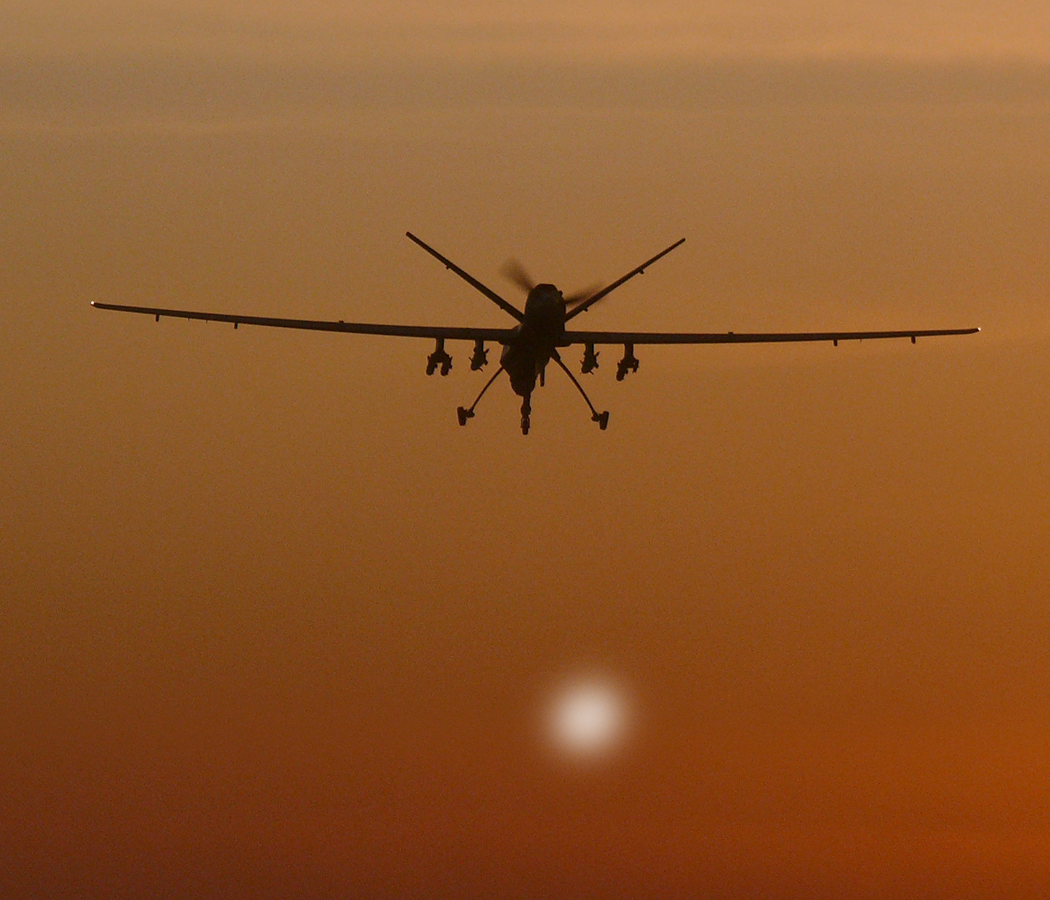
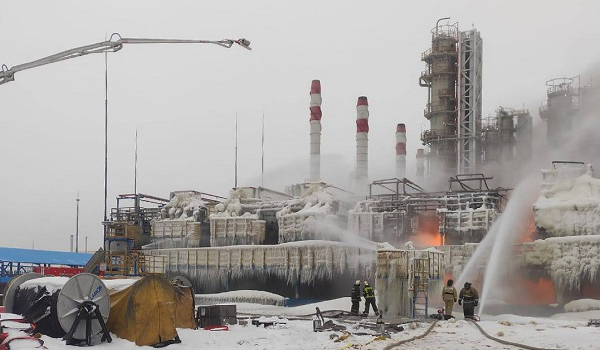
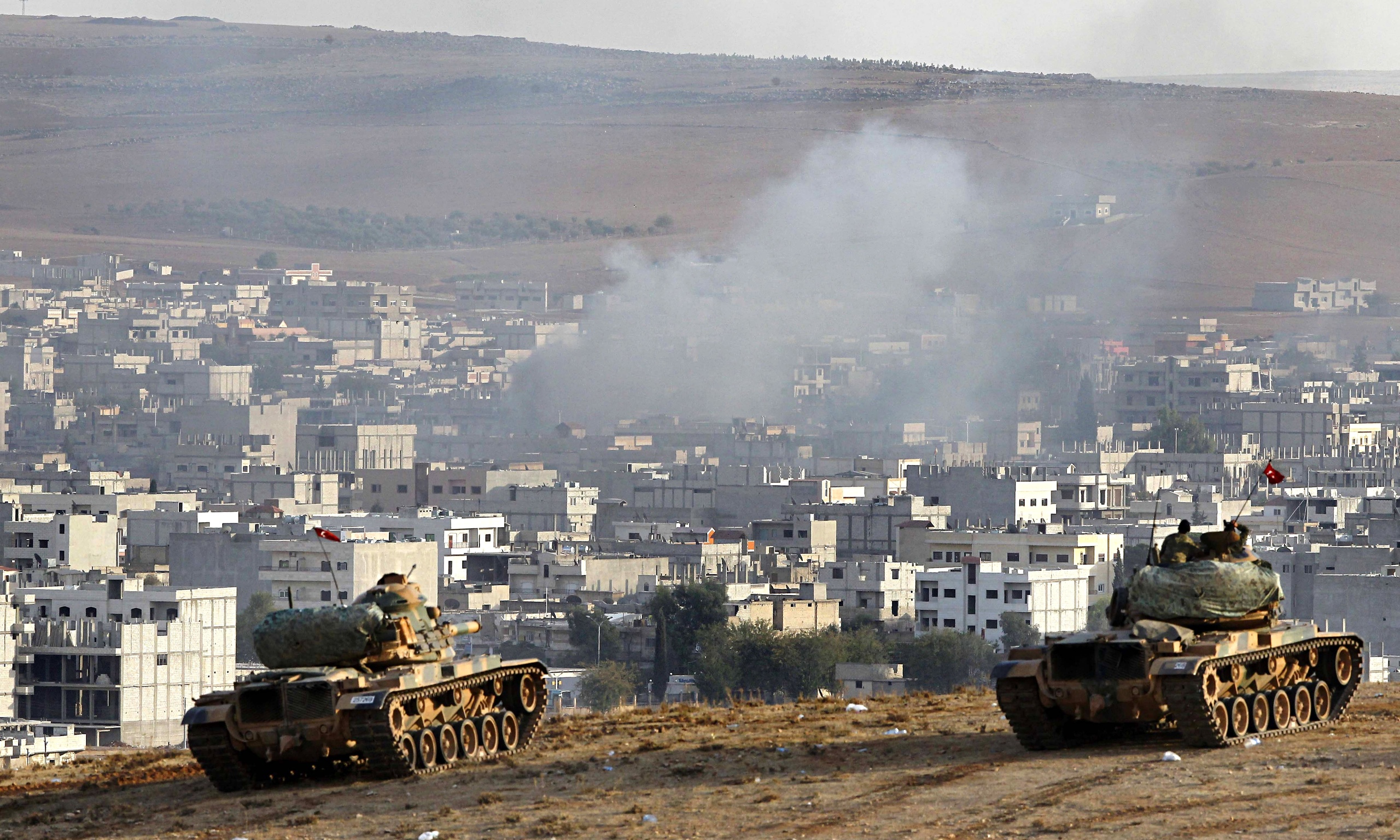

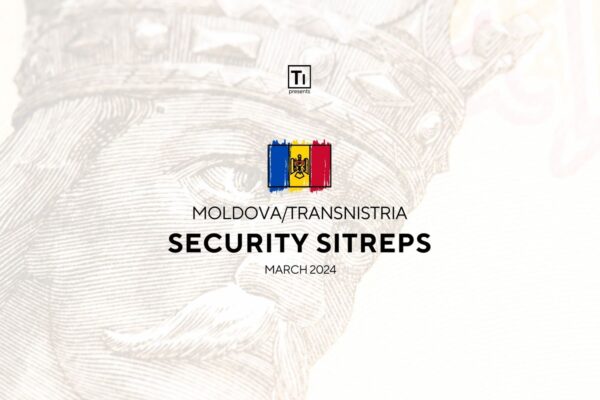
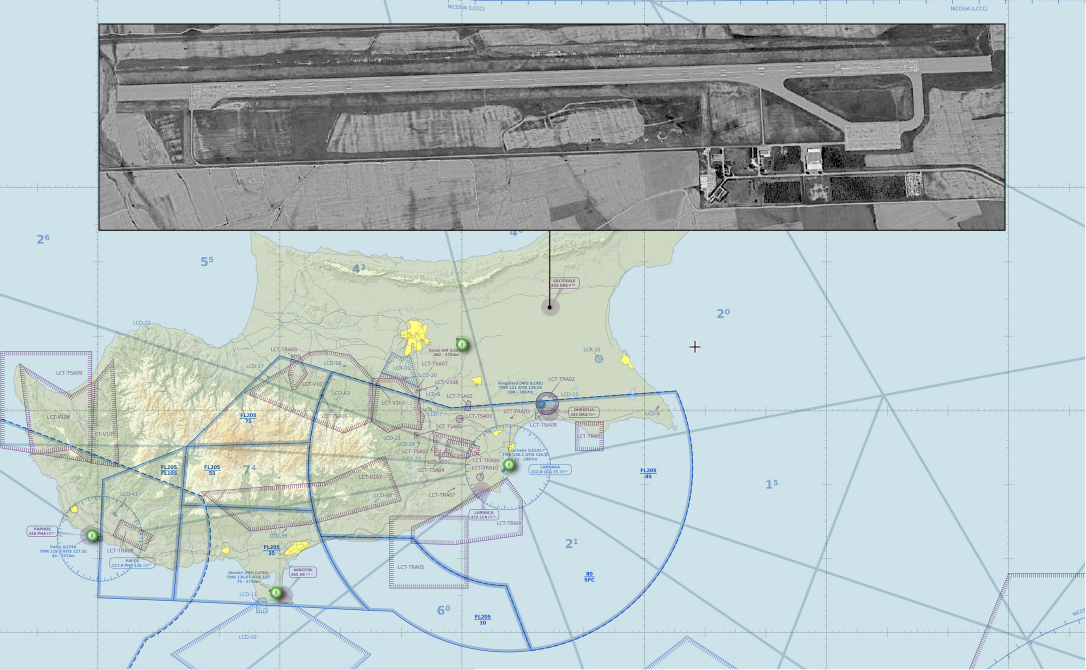
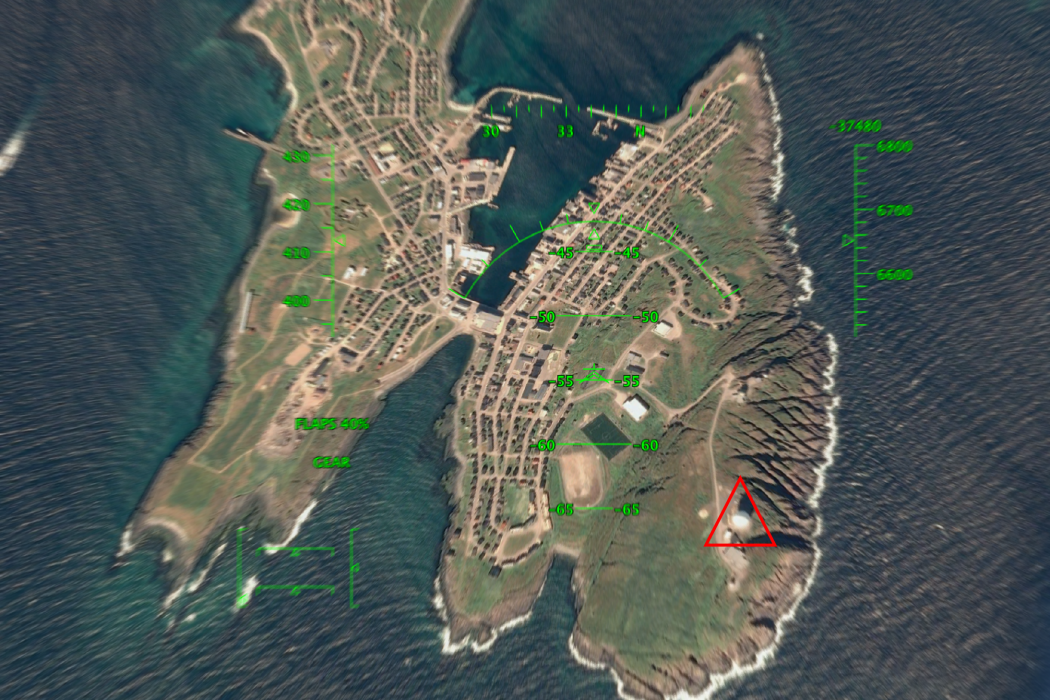

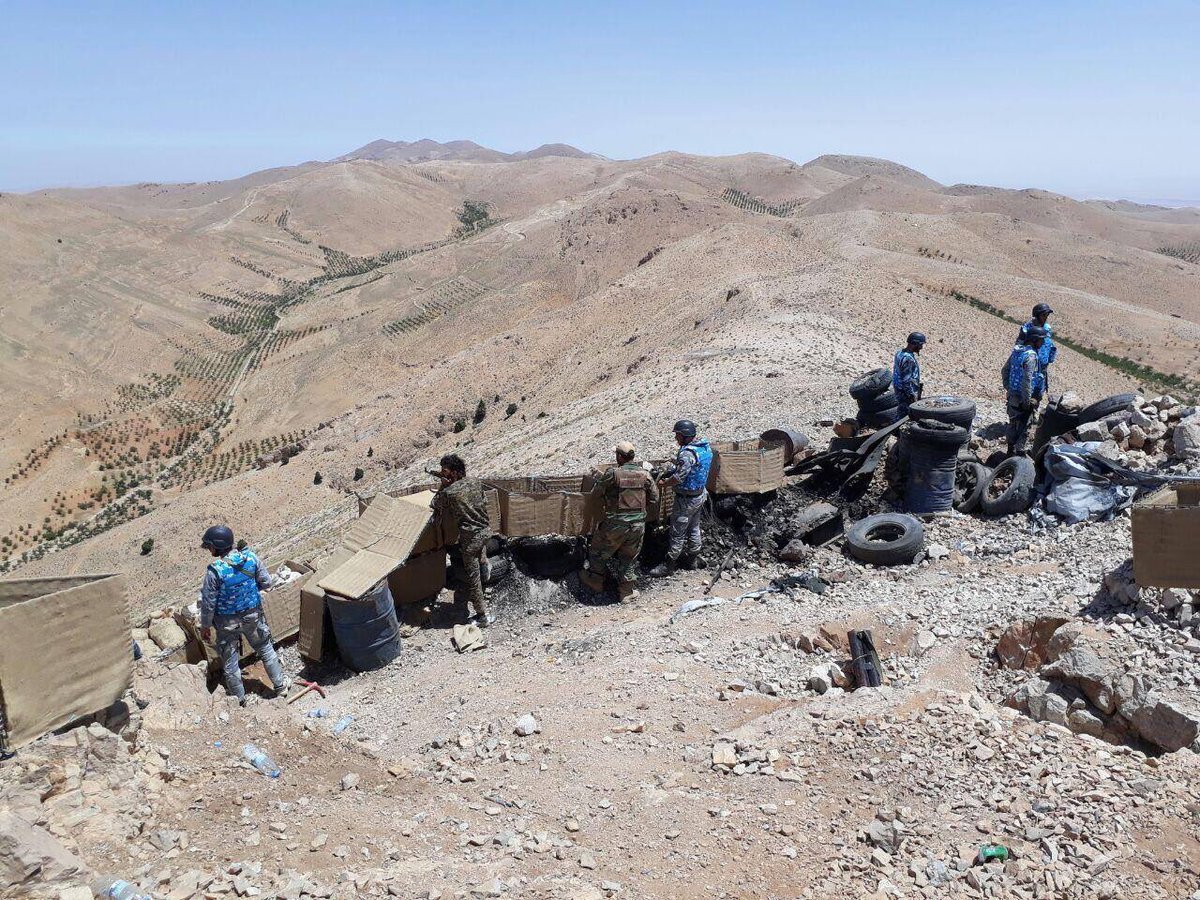
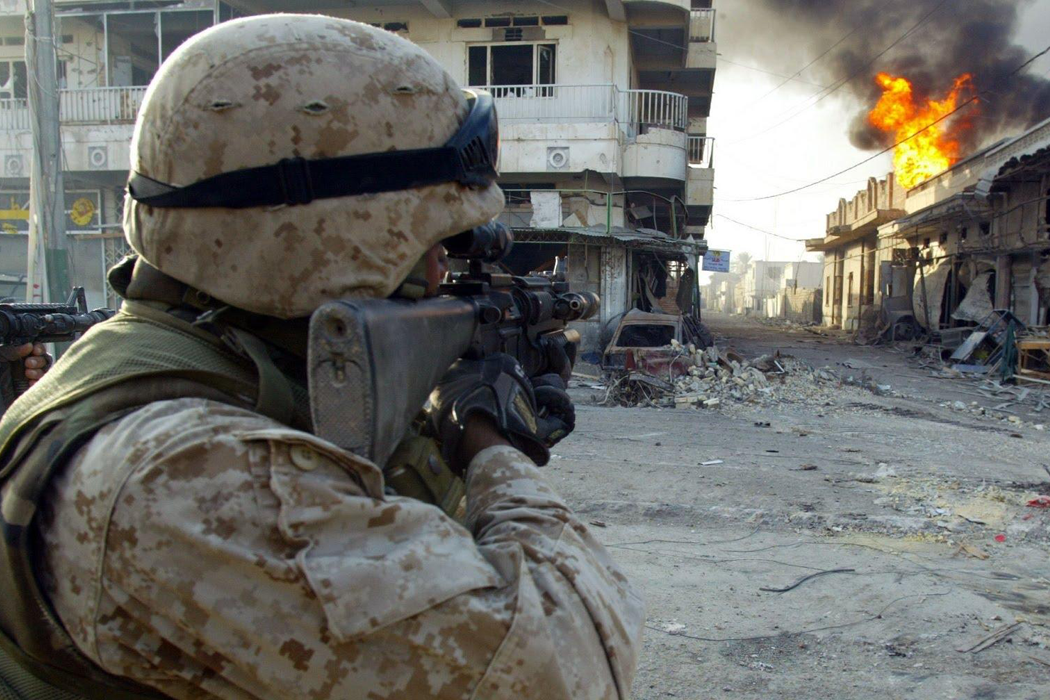
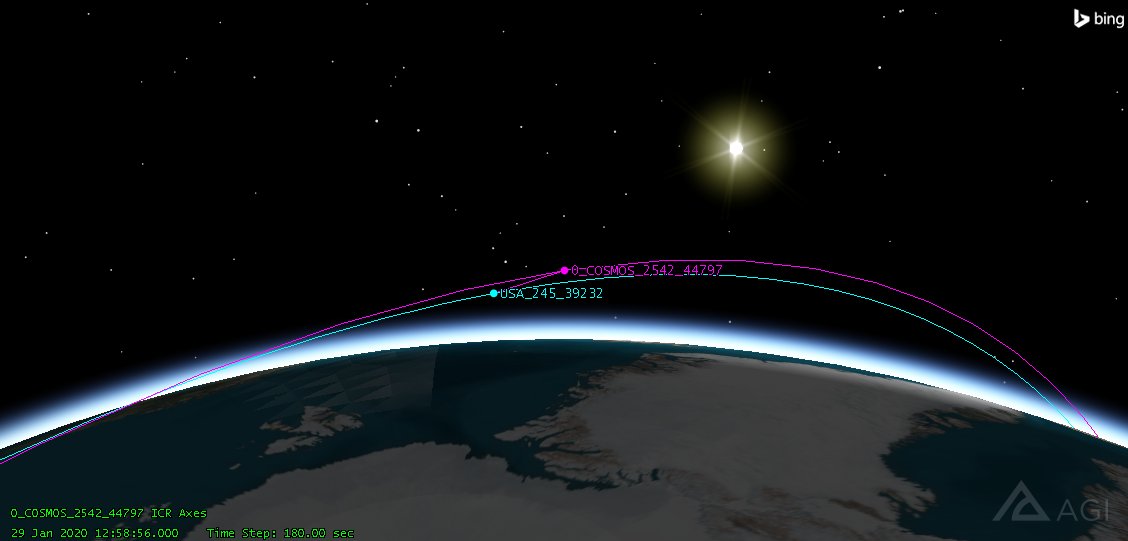
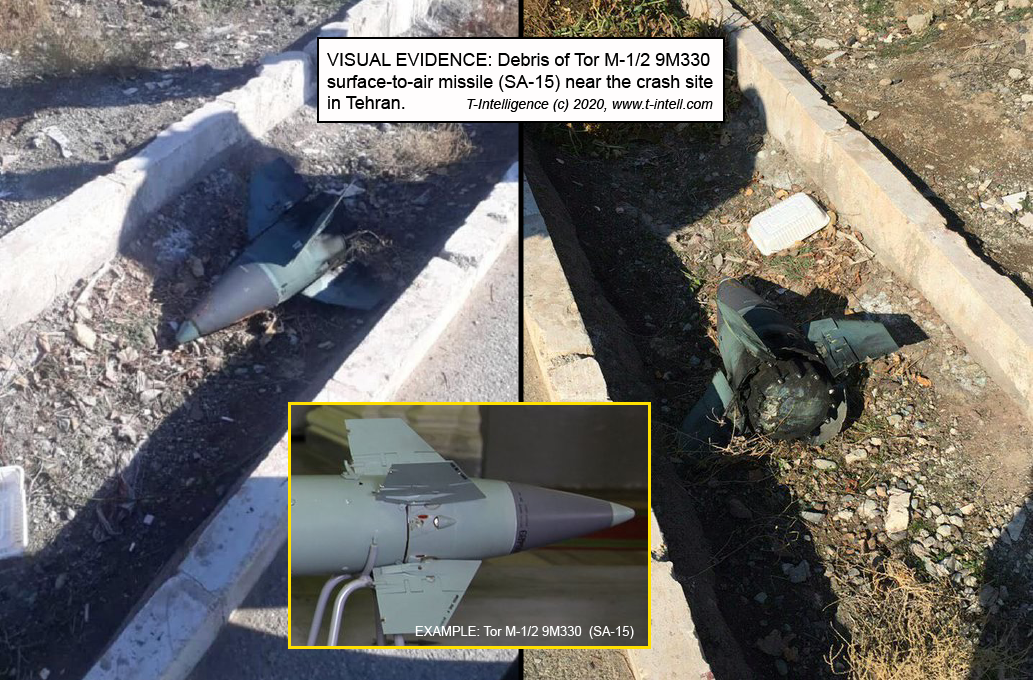
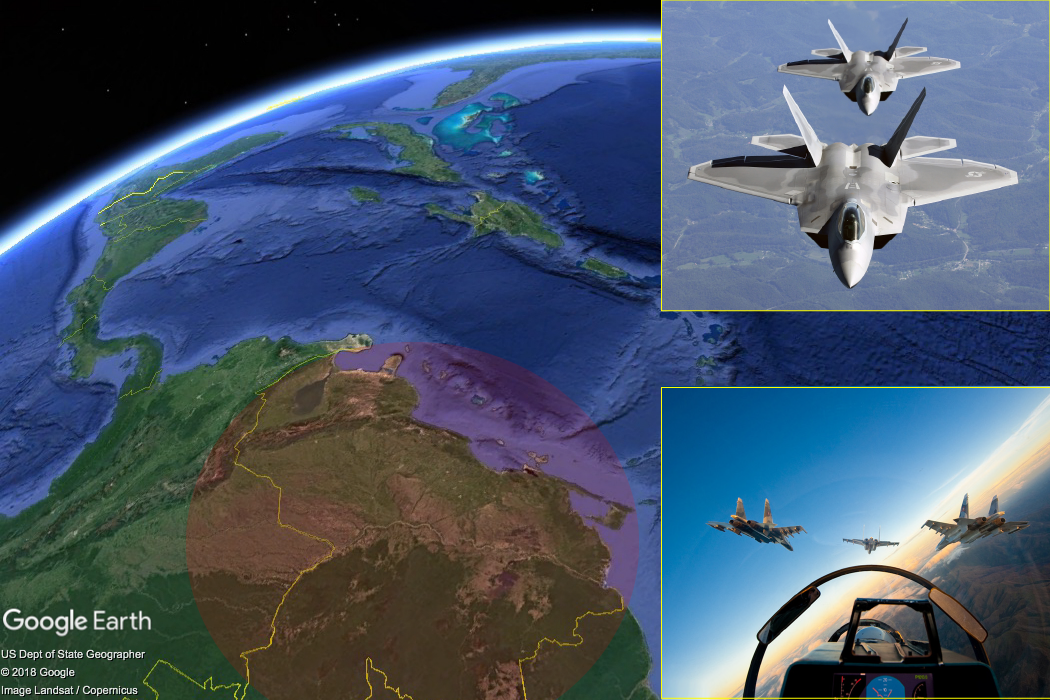




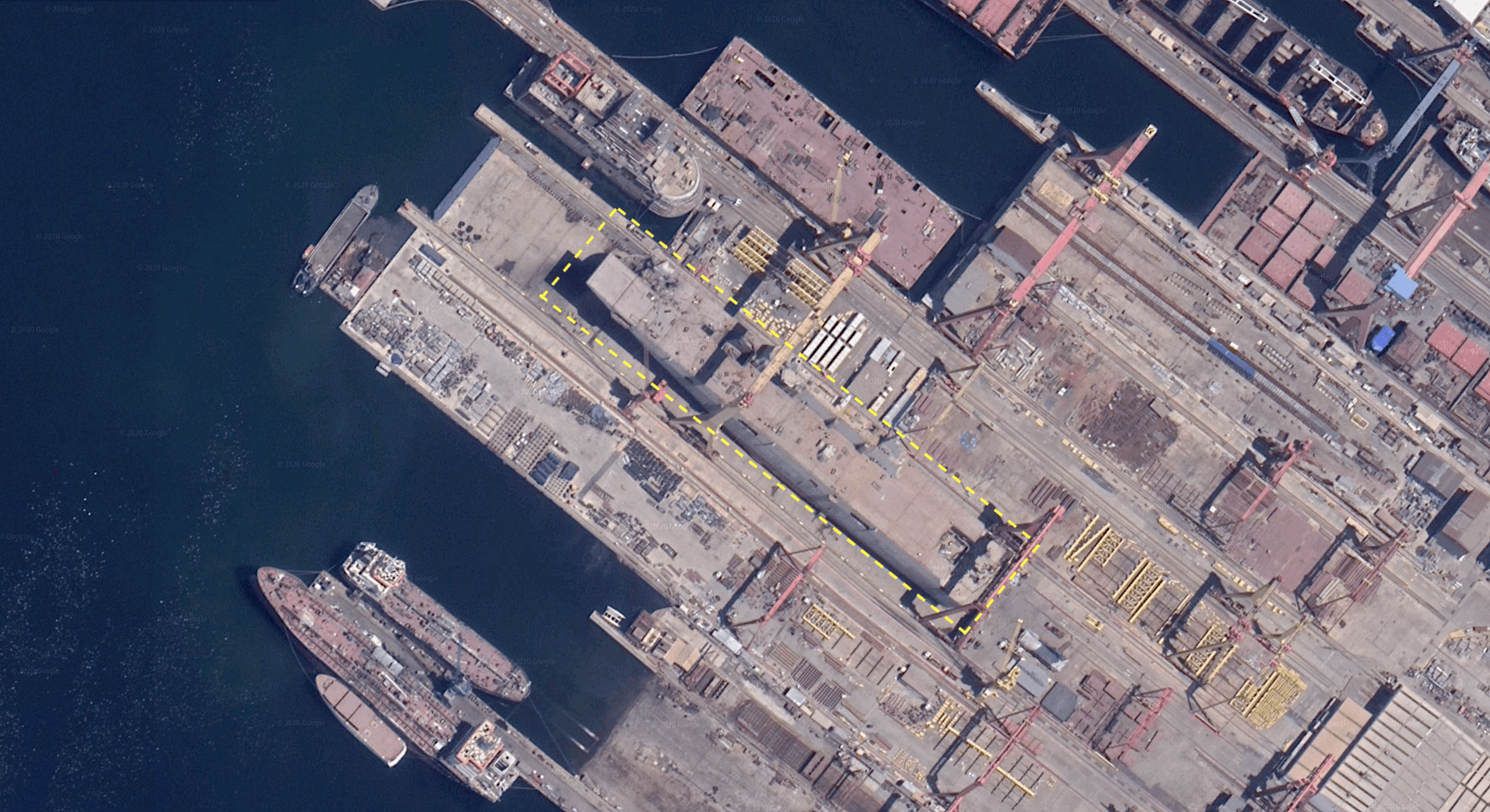



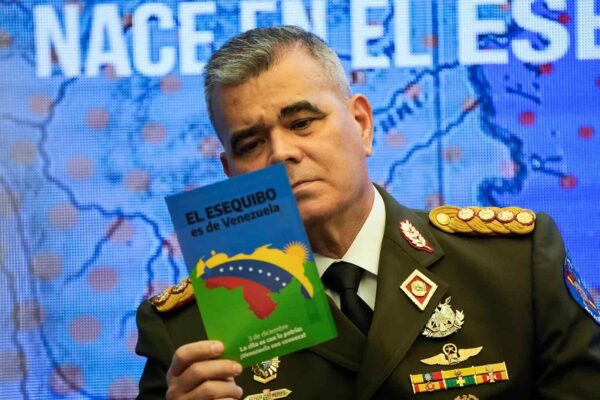

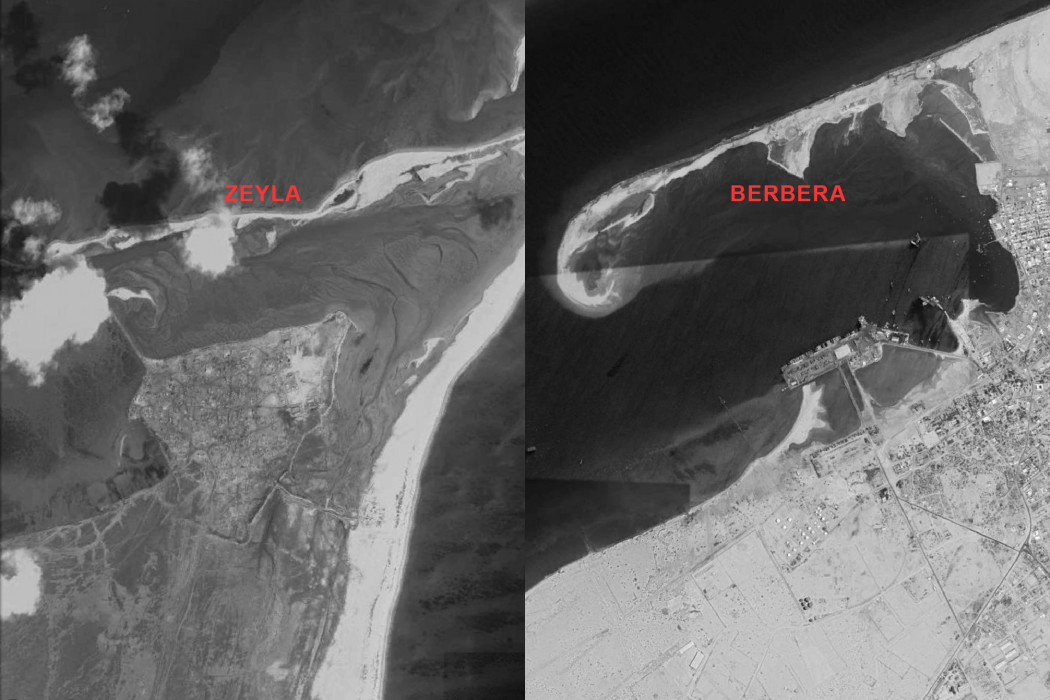

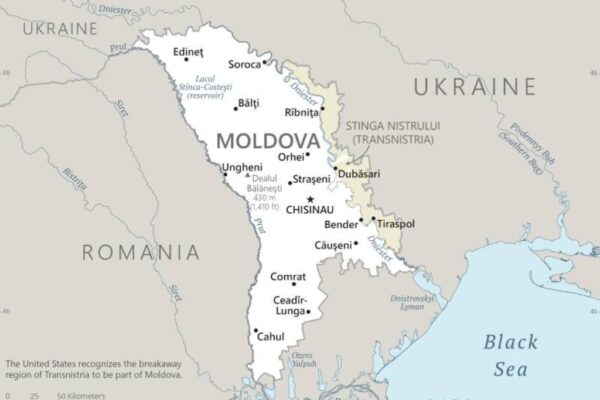
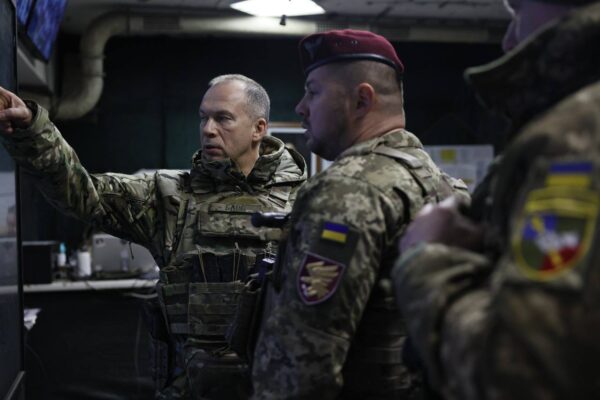
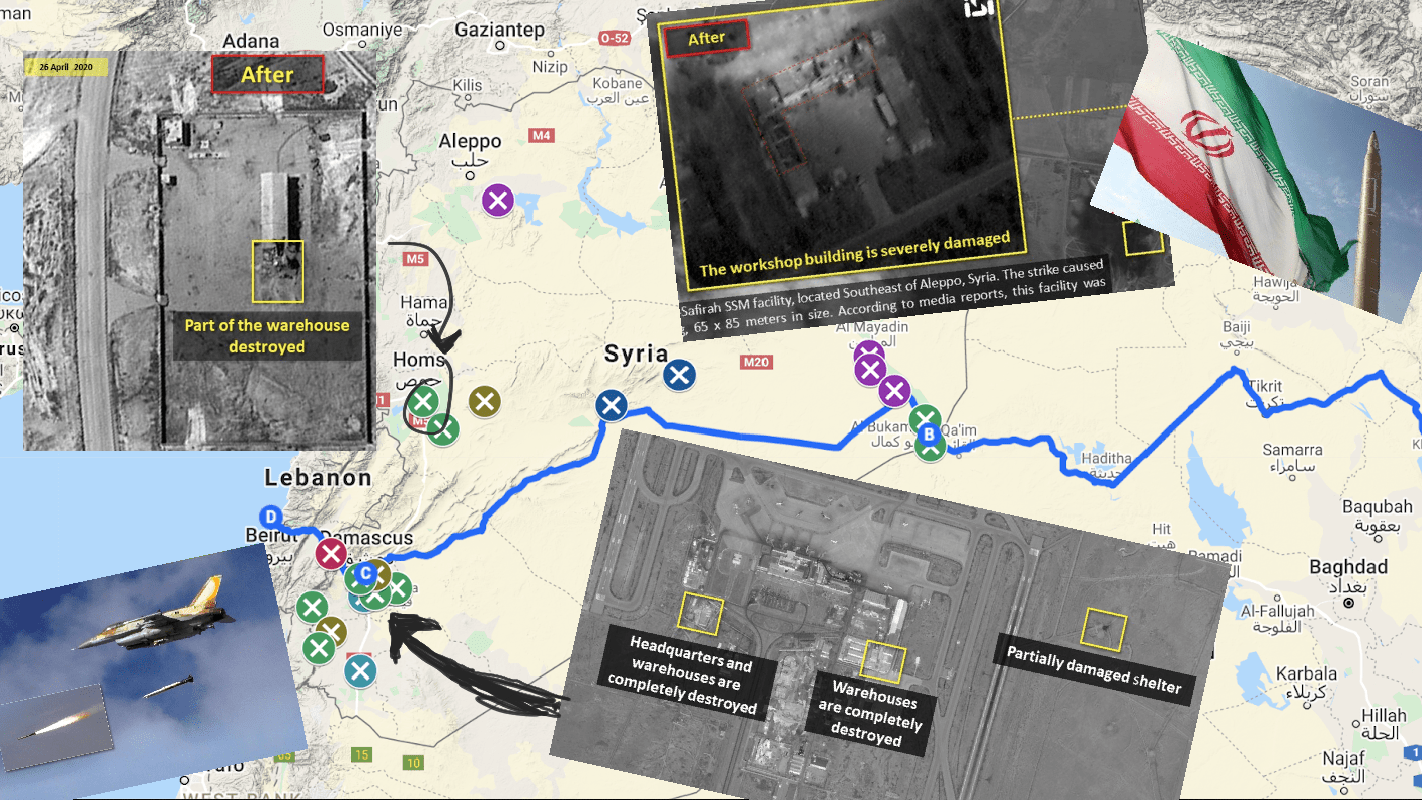
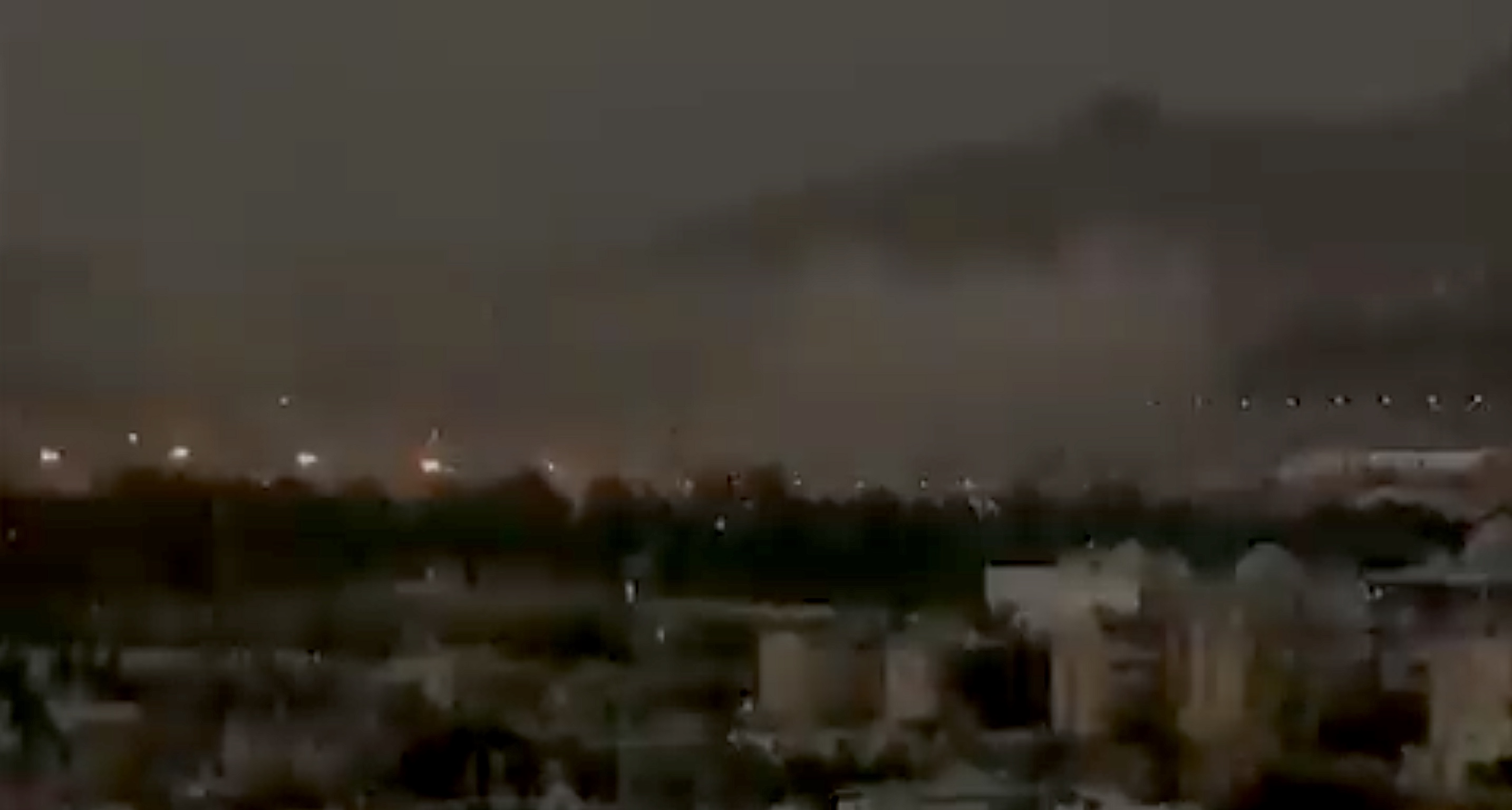

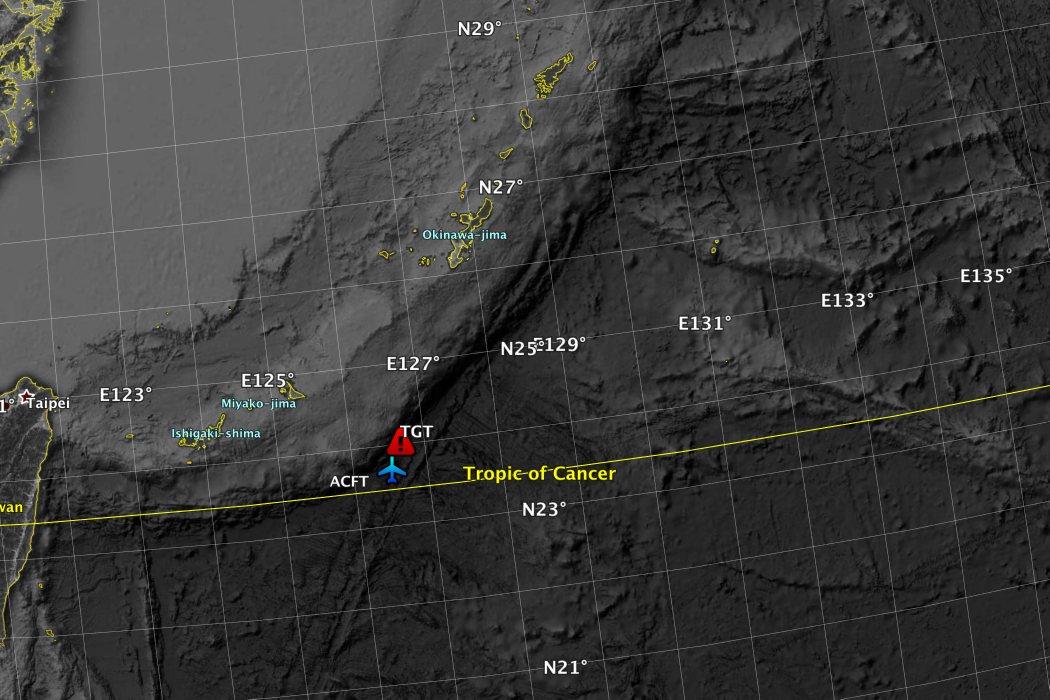
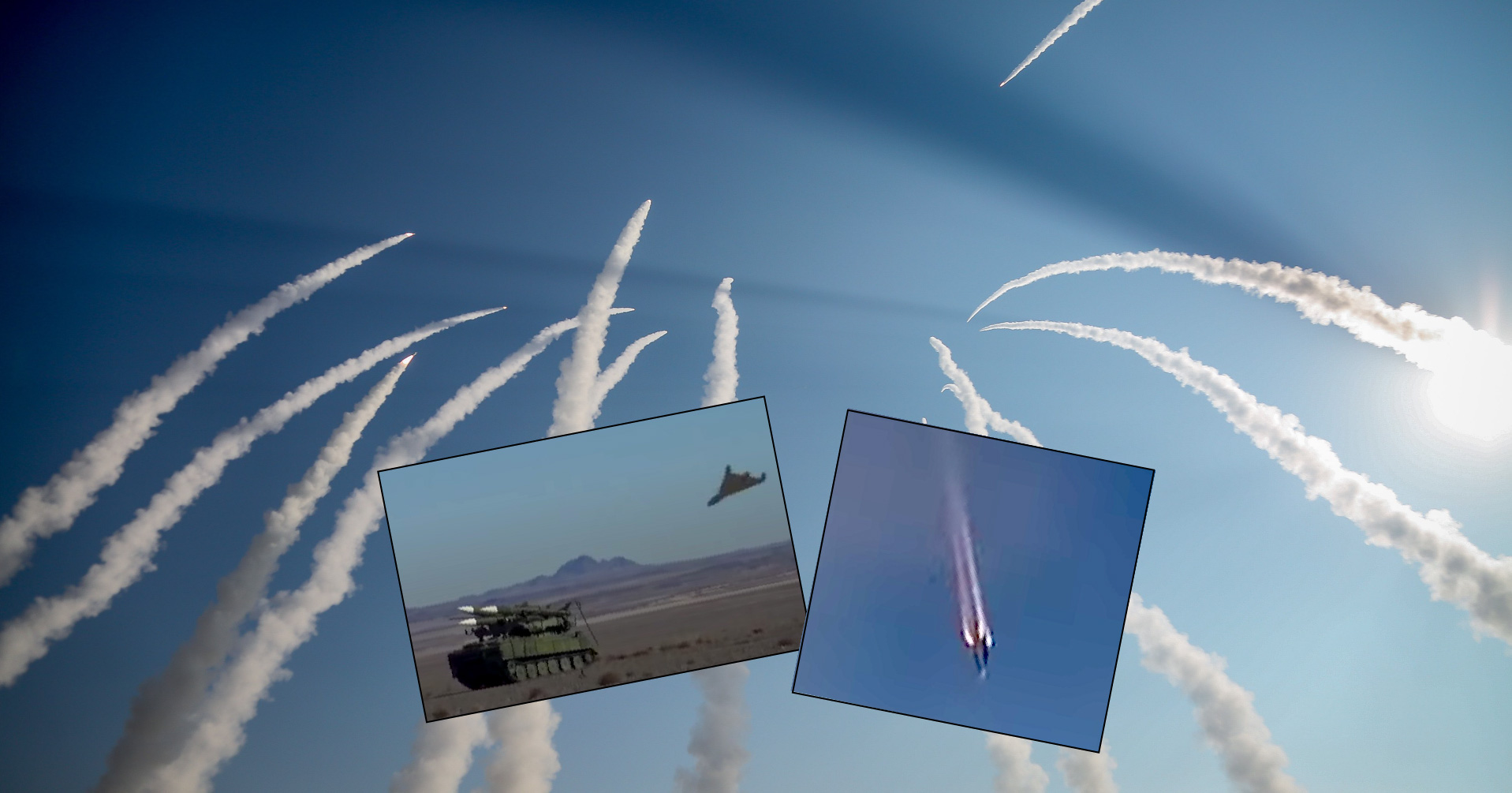

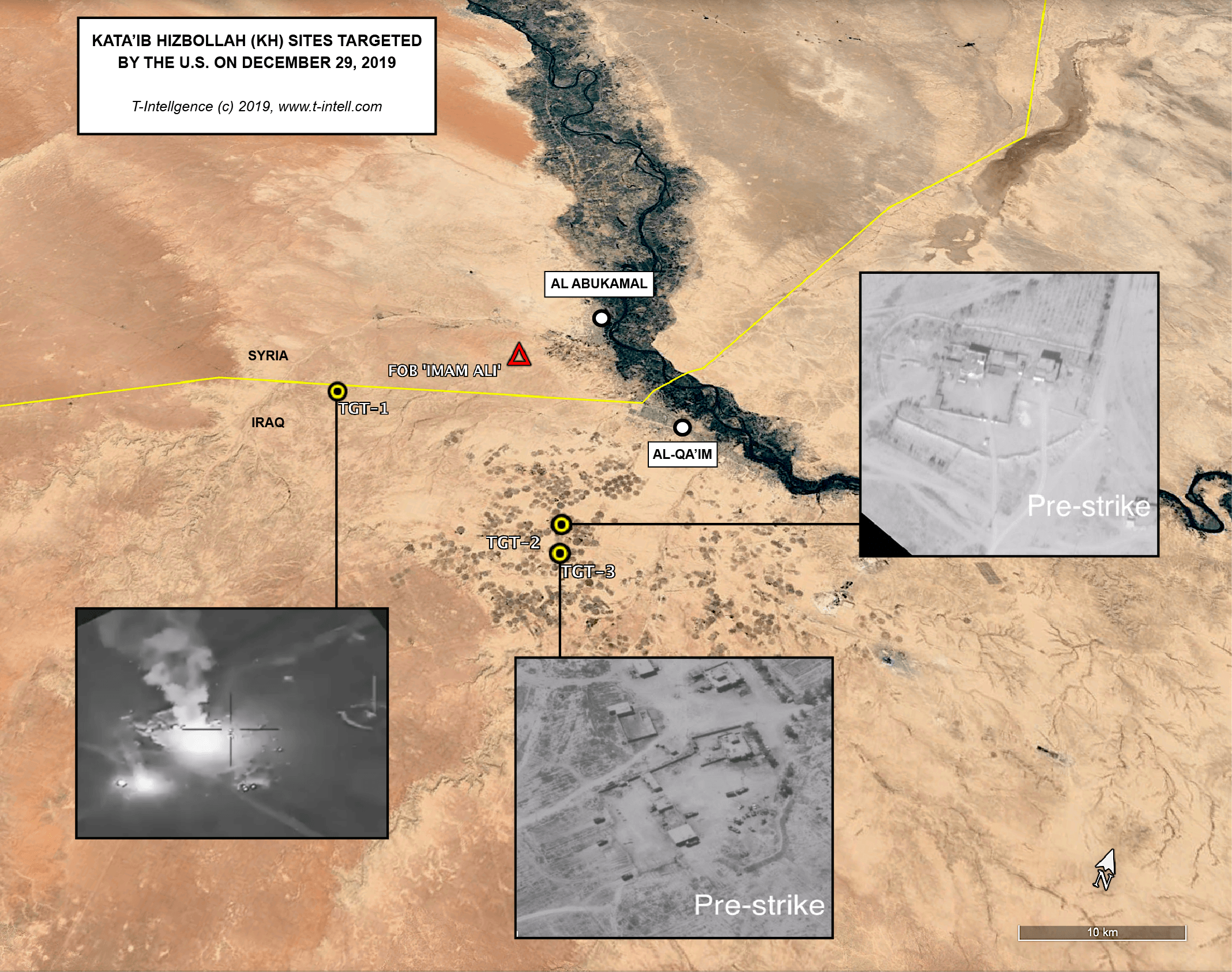
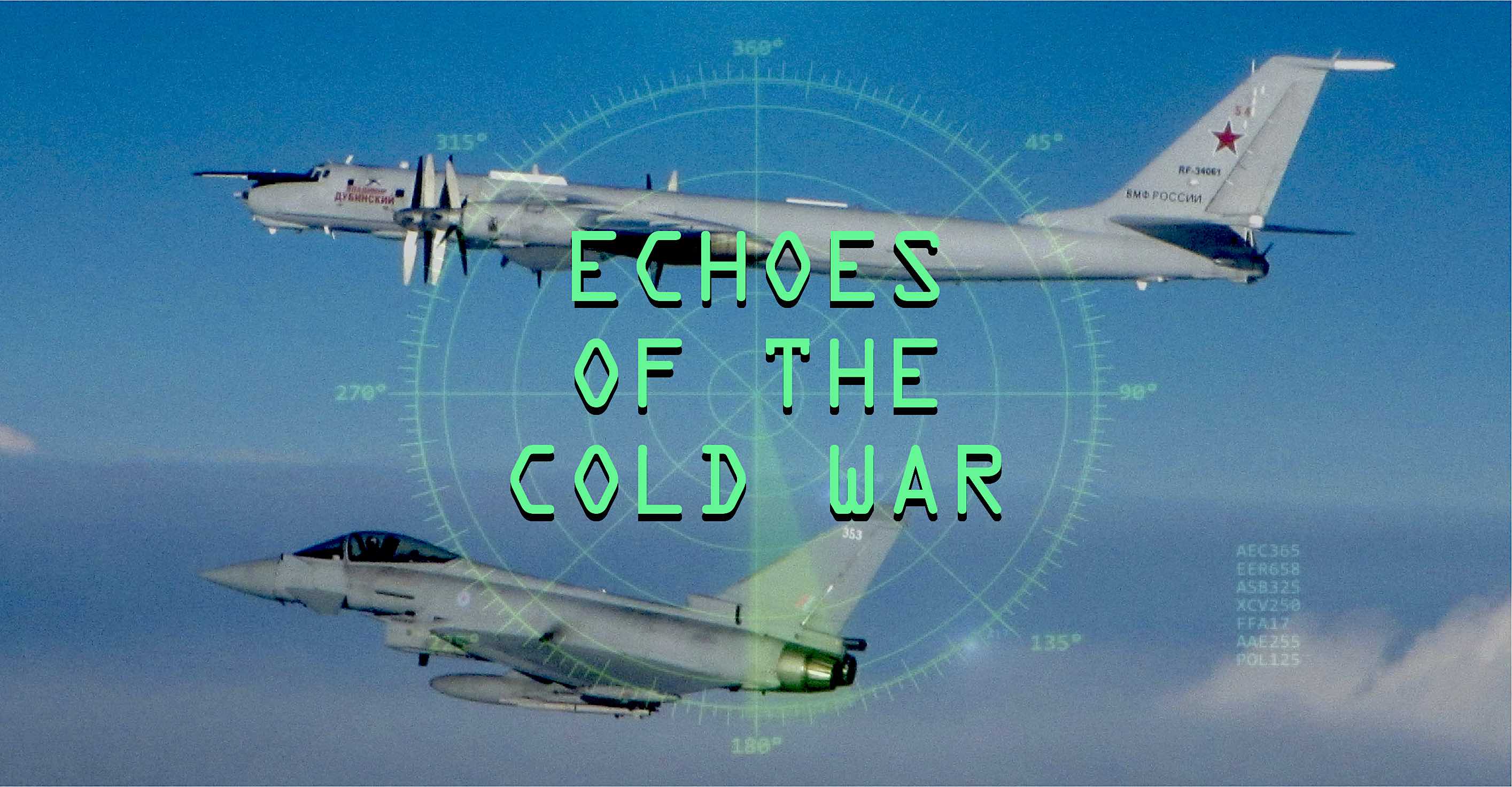
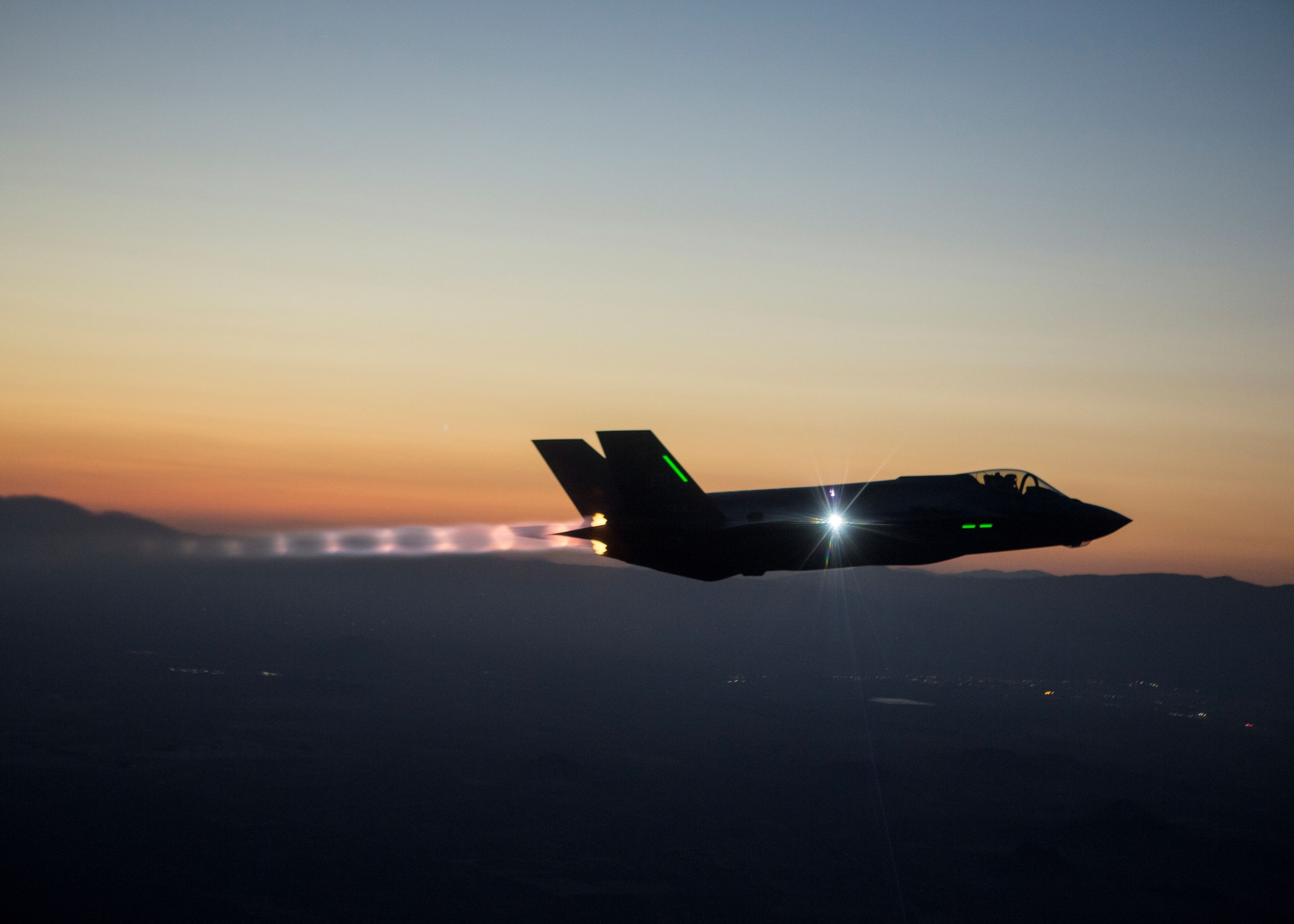
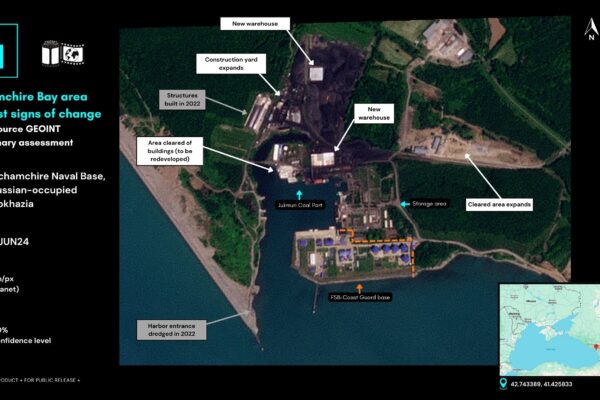
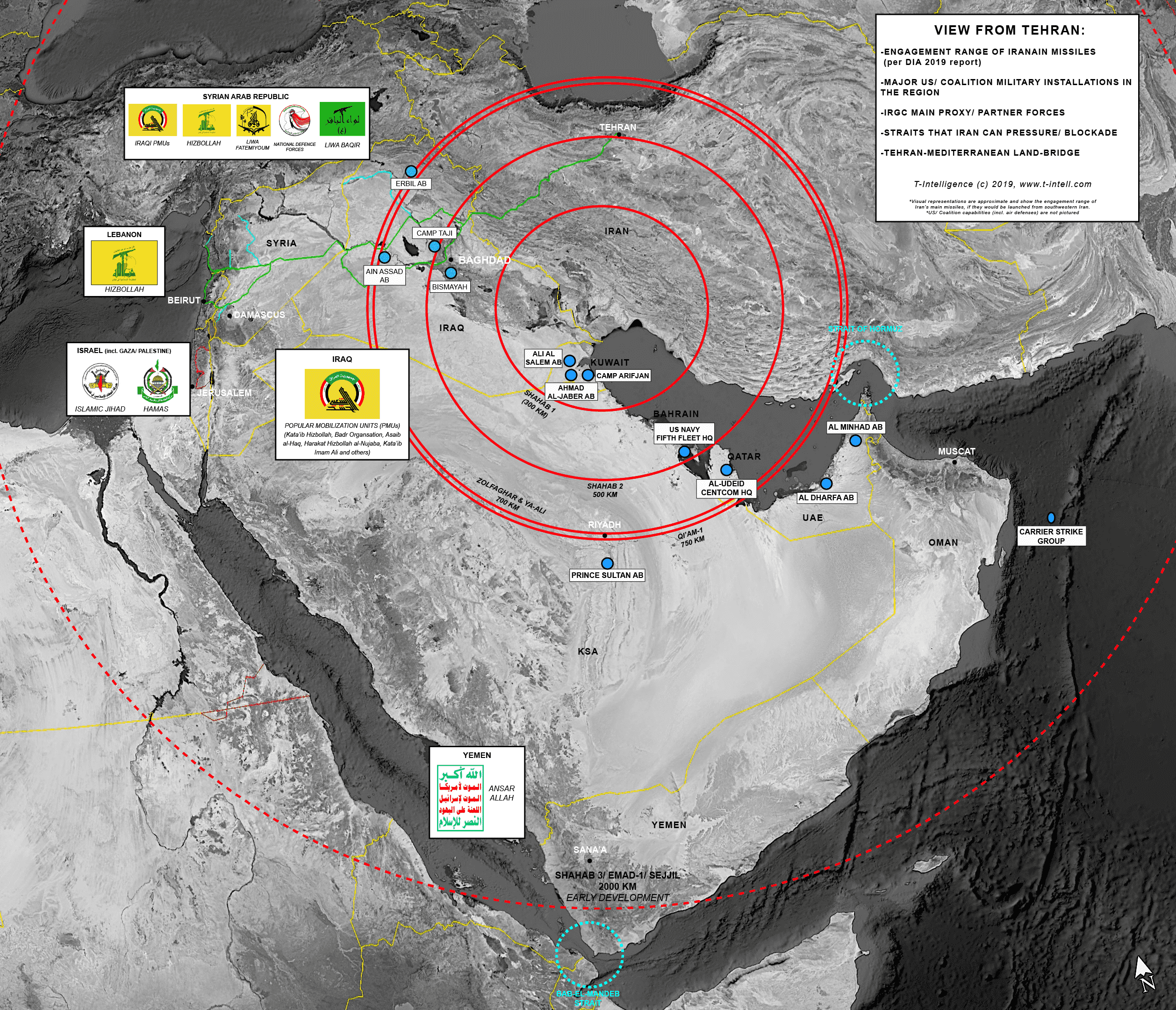
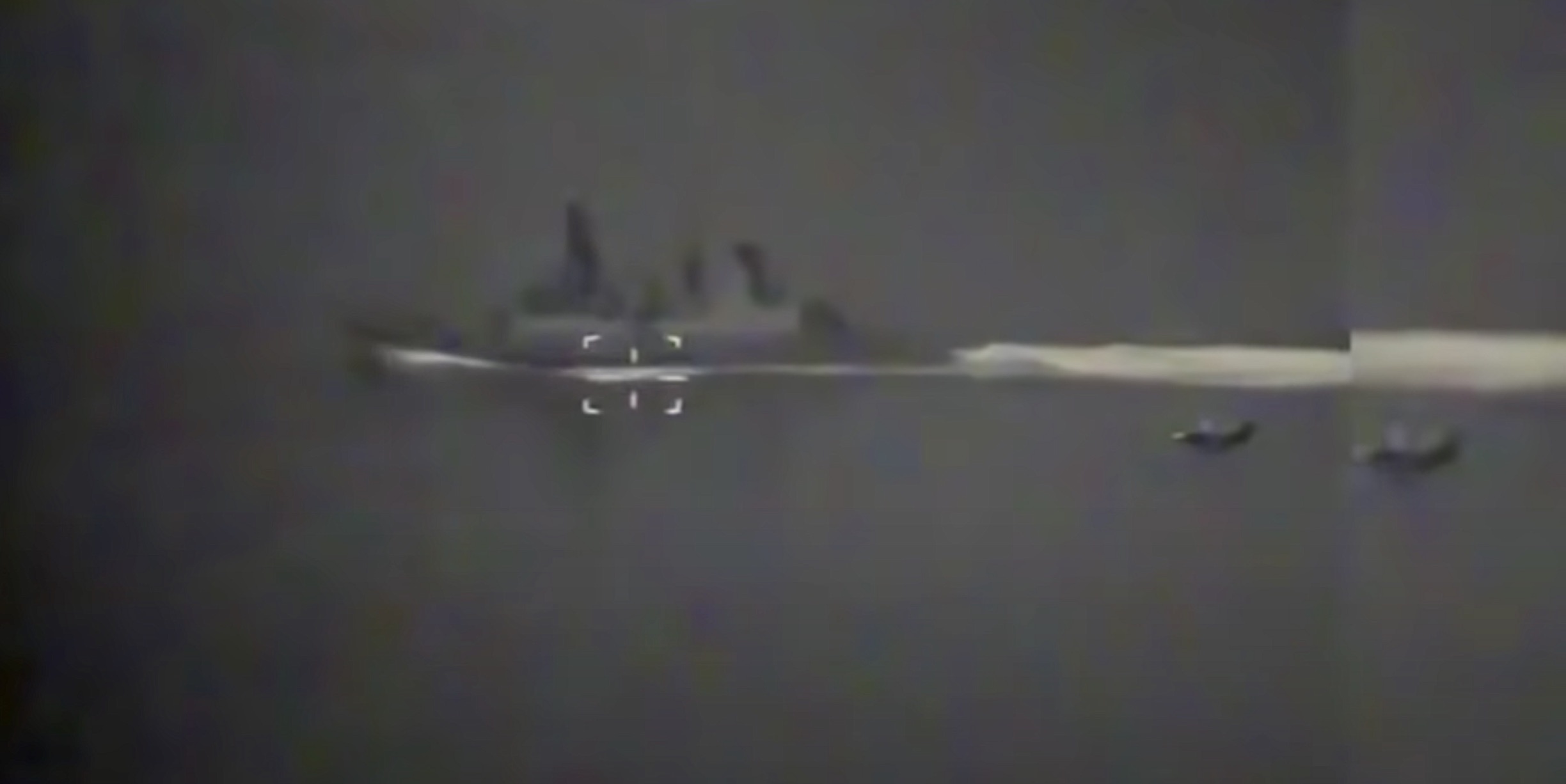
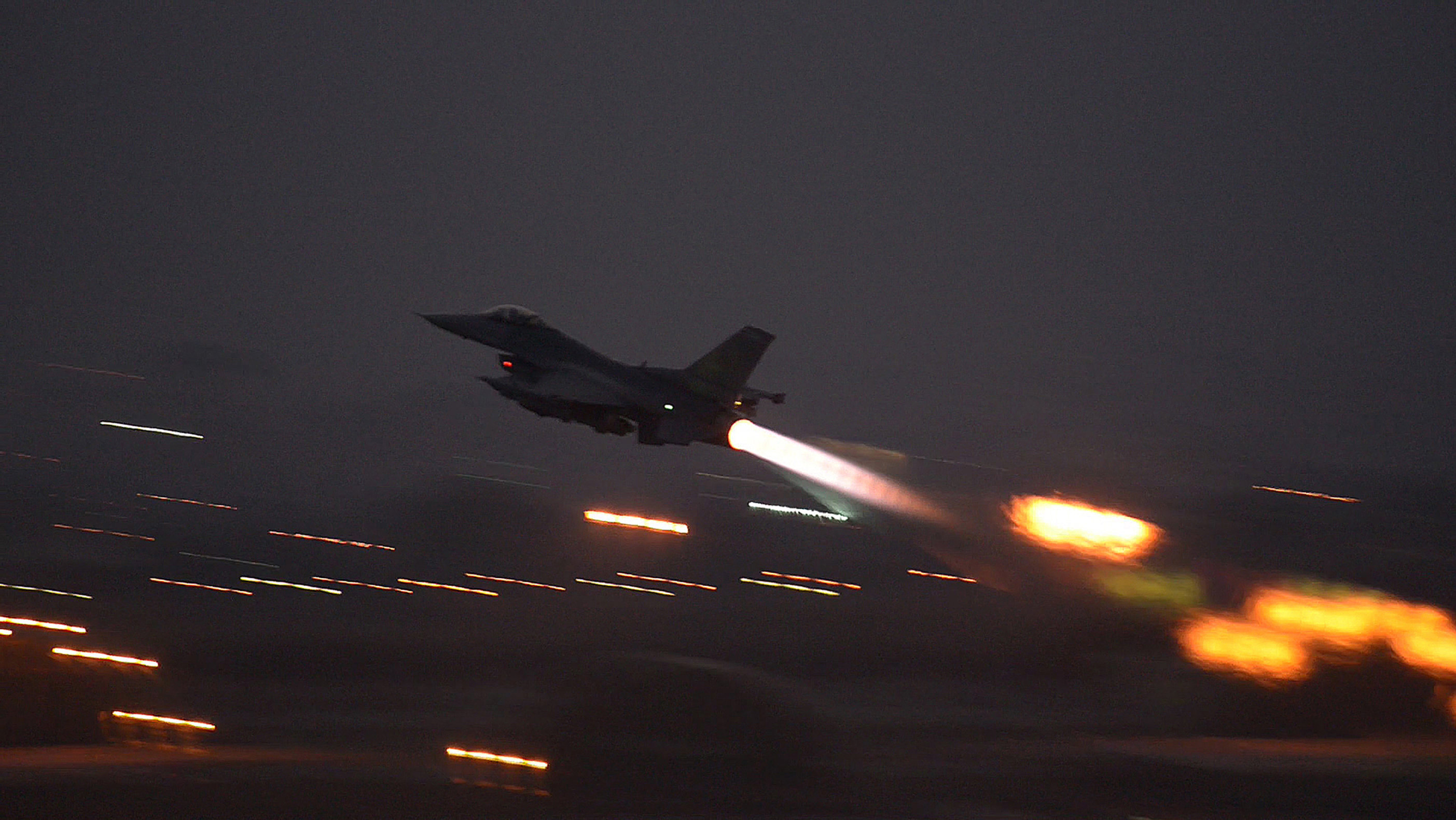

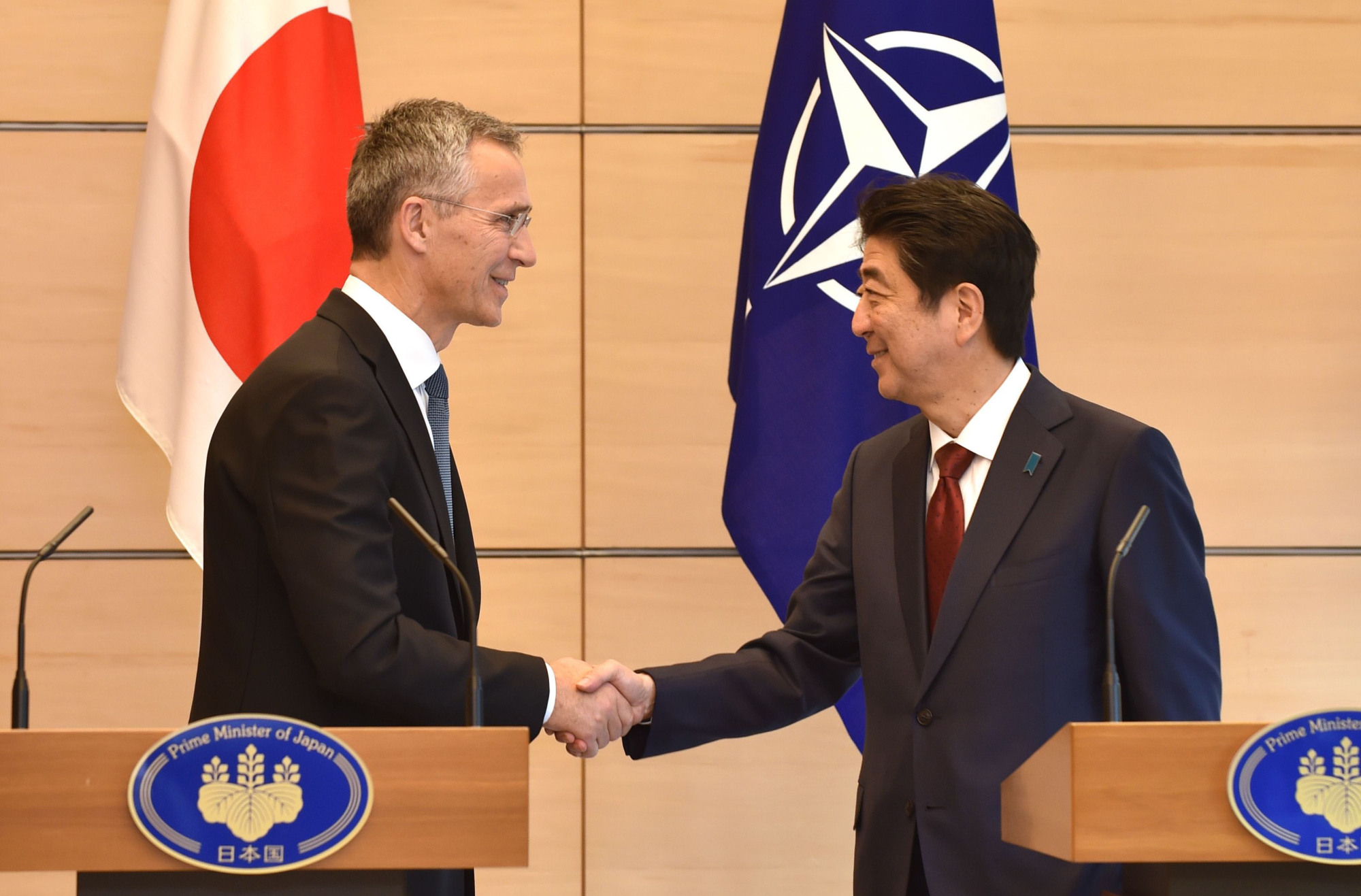

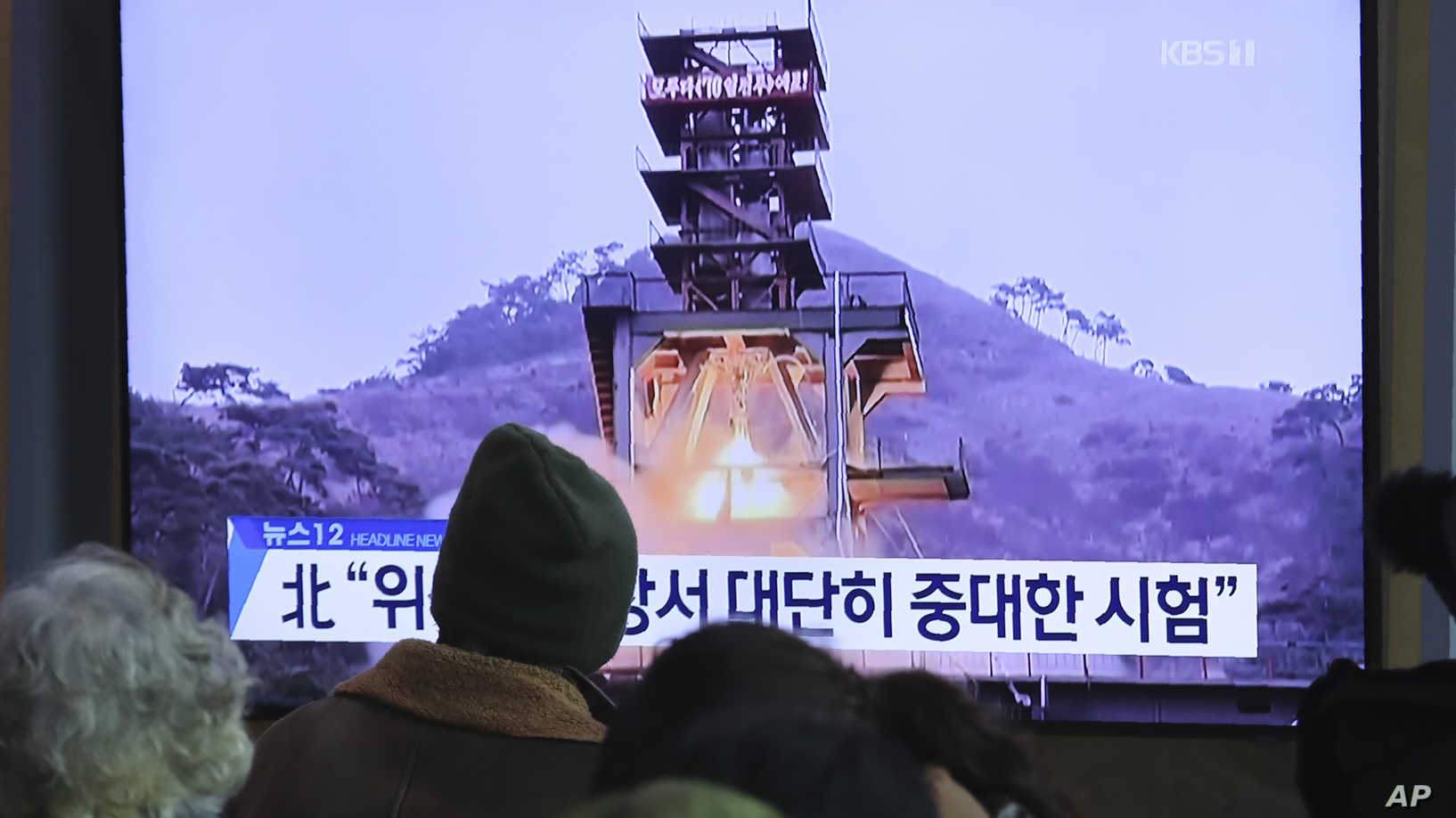

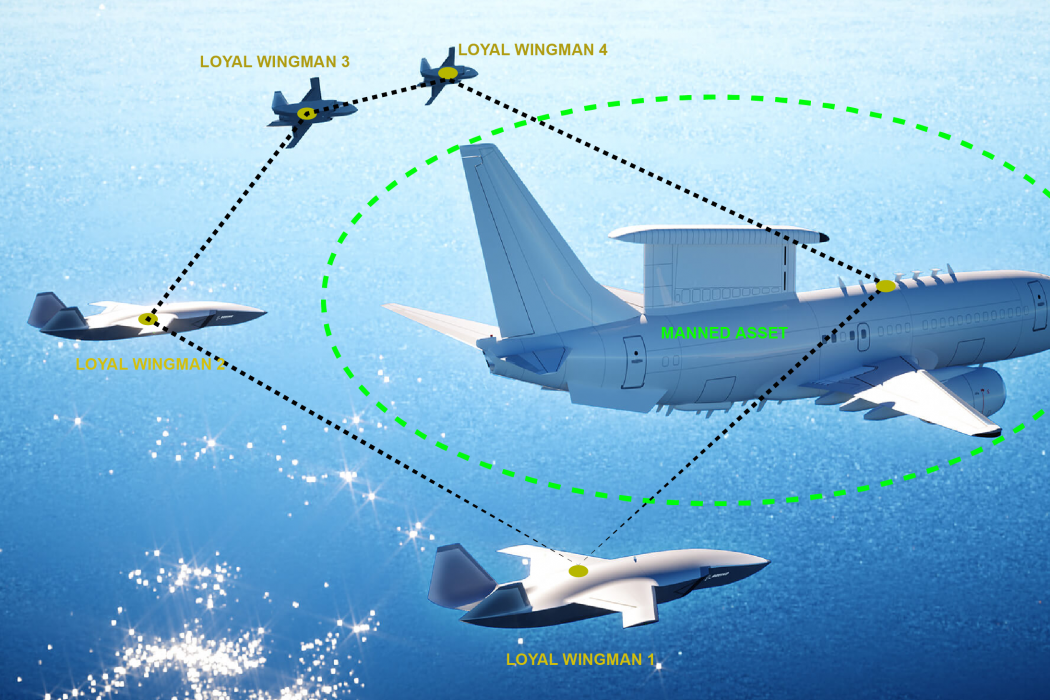
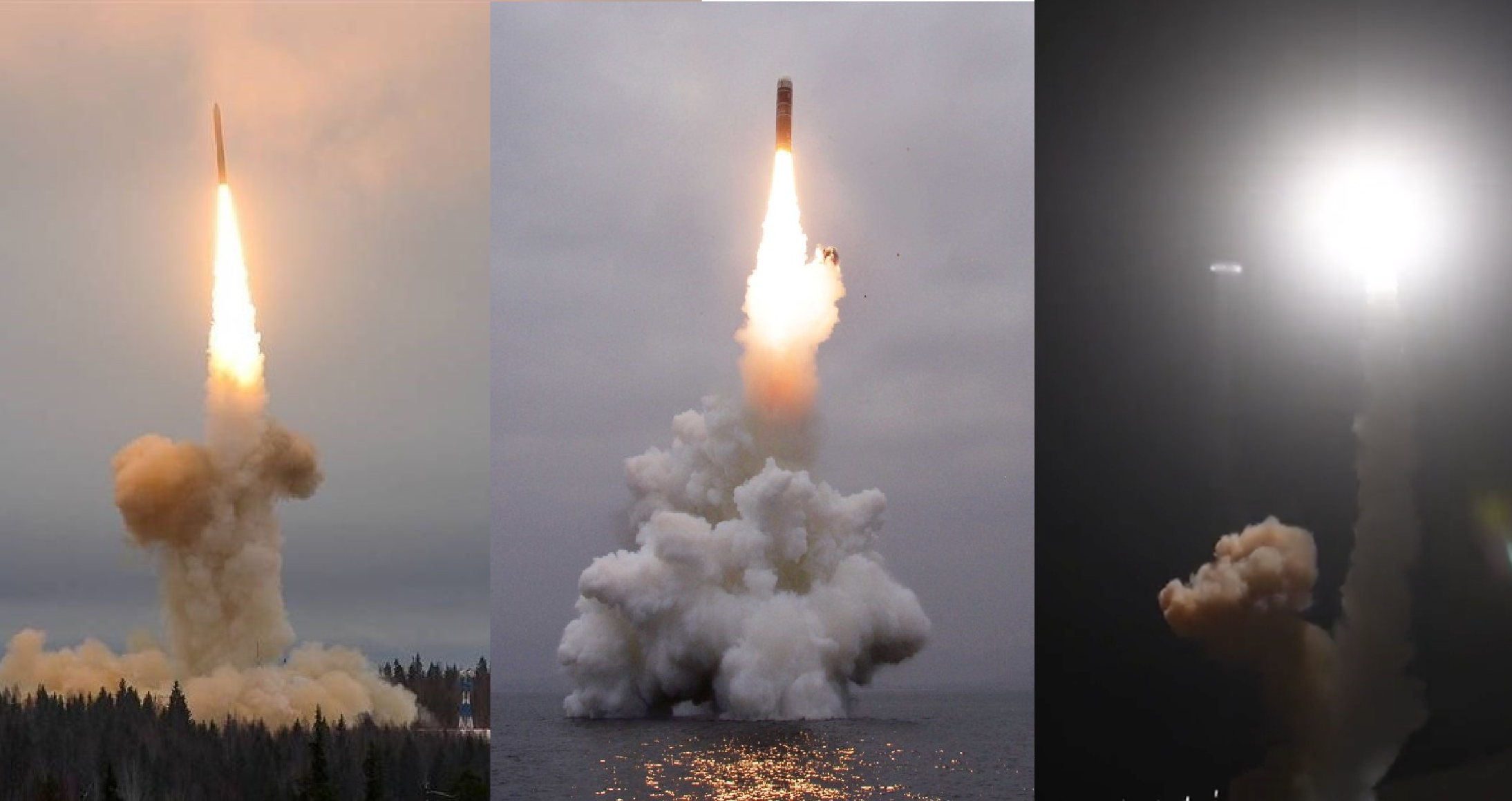

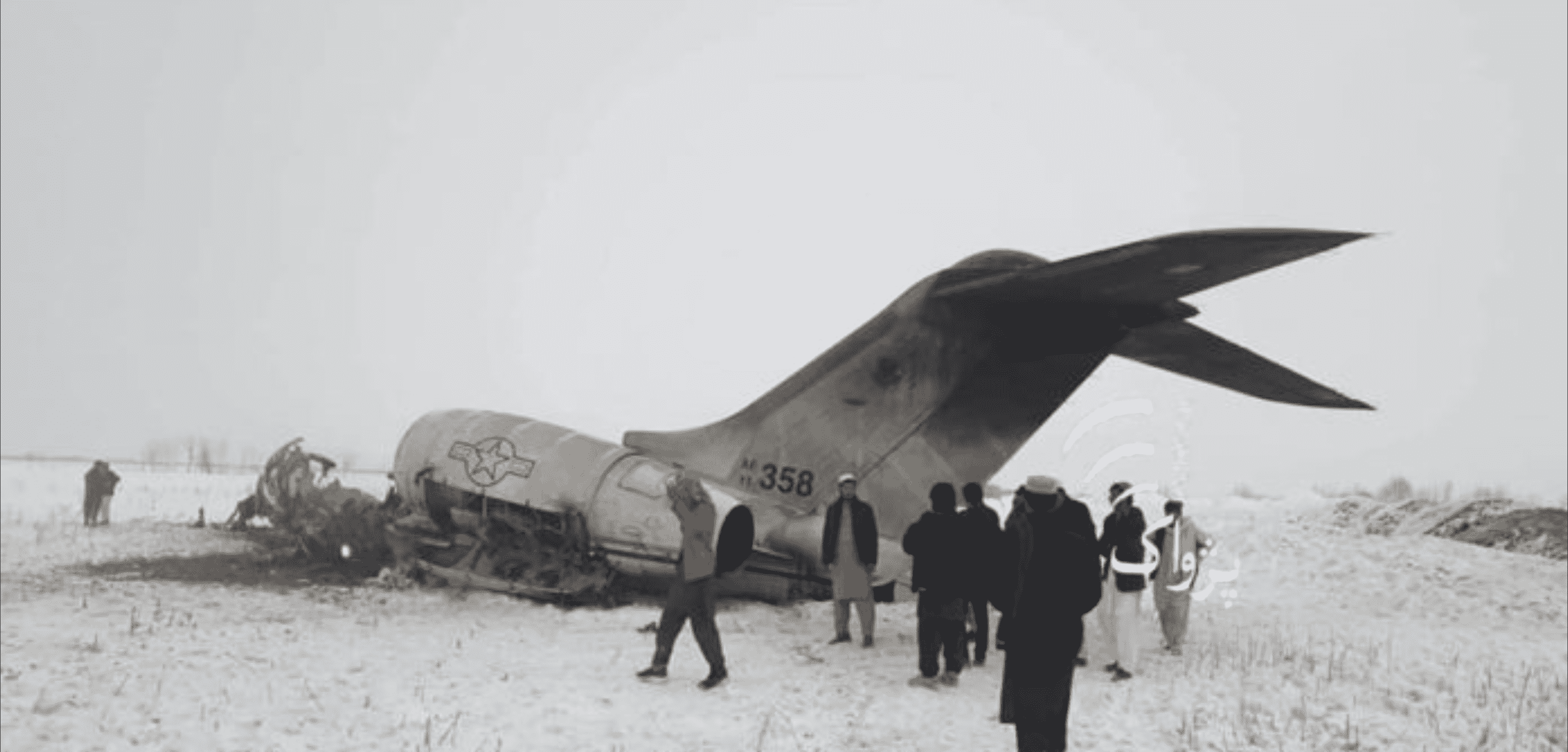
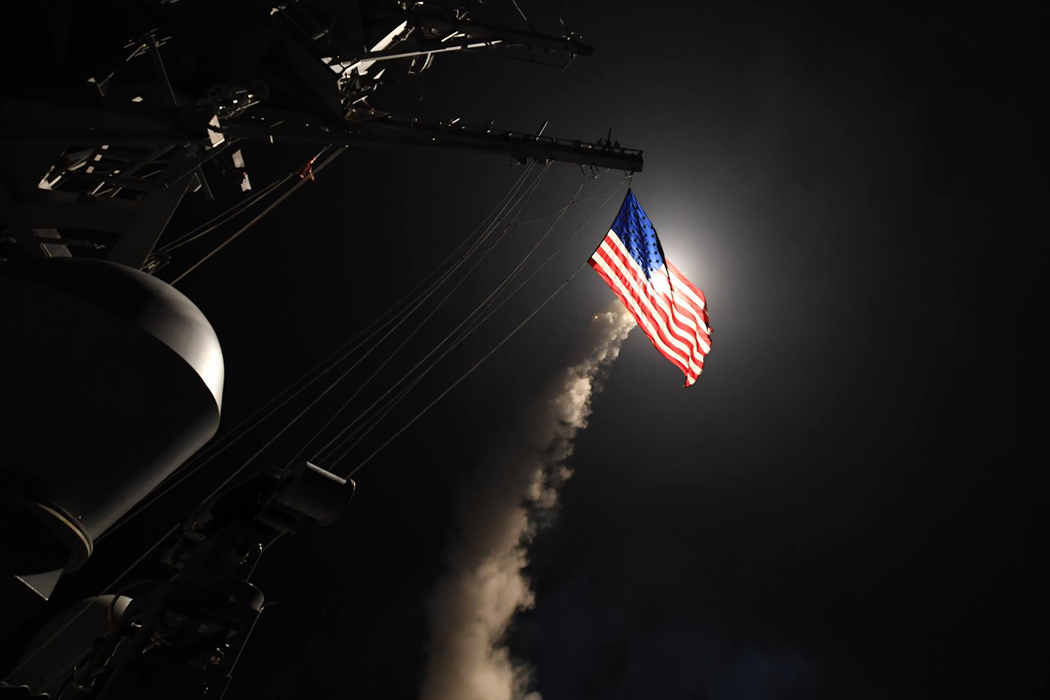
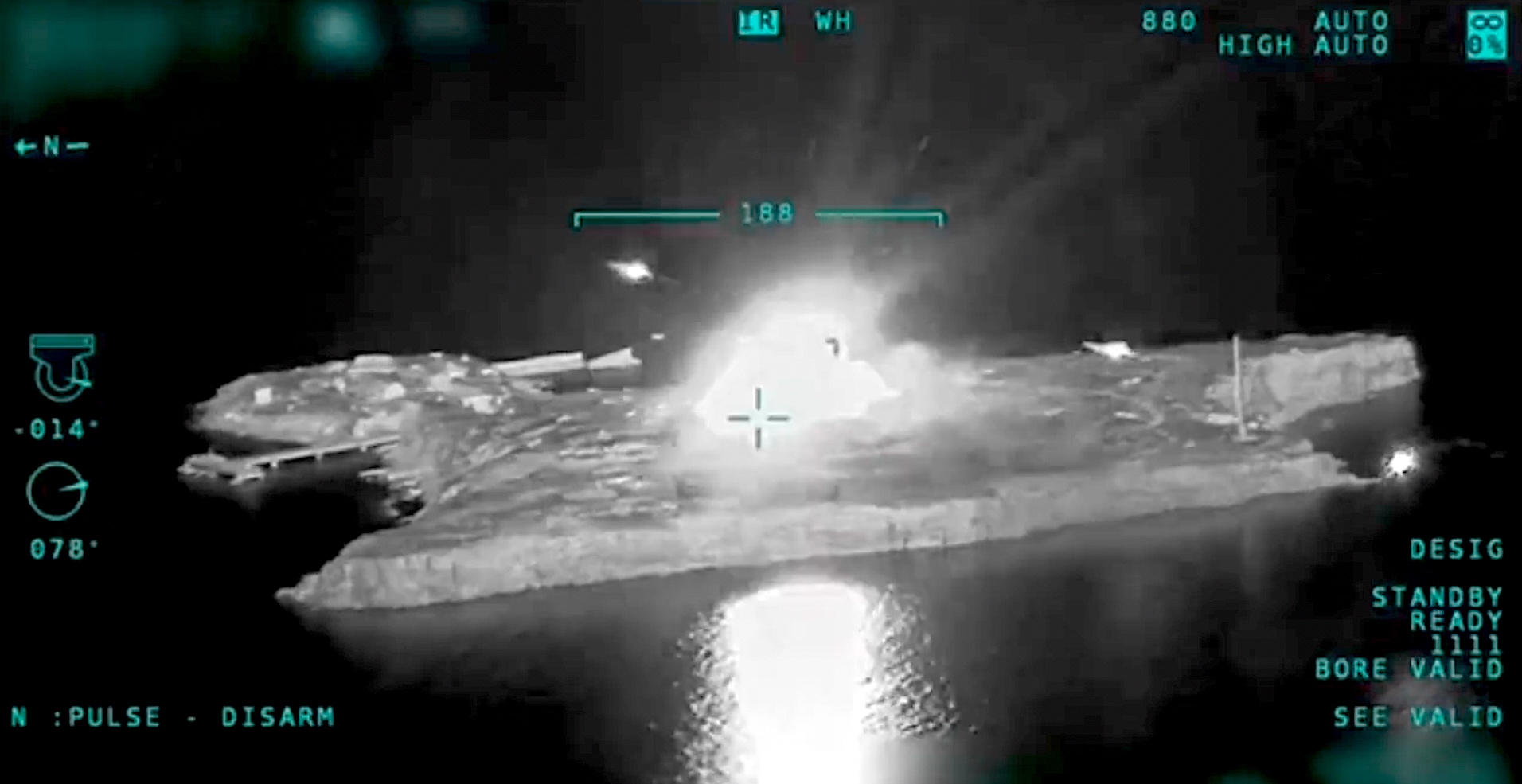
![Evacuation “Shattered Glass”: The US/ Coalition Bases in Syria [Part 2]](https://t-intell.com/wp-content/uploads/2020/02/TelSalman24.2.2018_optimized.png)


![[UPDATED] Saudis To Retaliate After Iranian-Backed Drone Attack](https://t-intell.com/wp-content/uploads/2019/09/copy-compressor.png)


